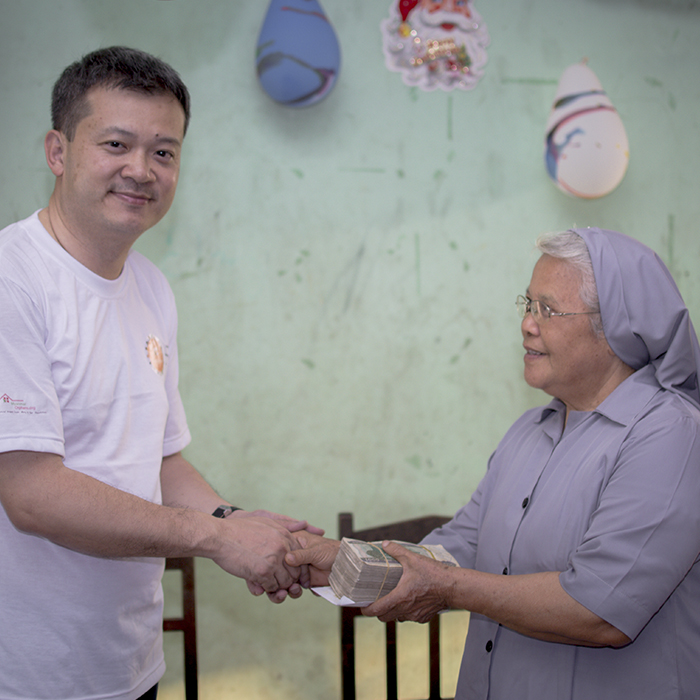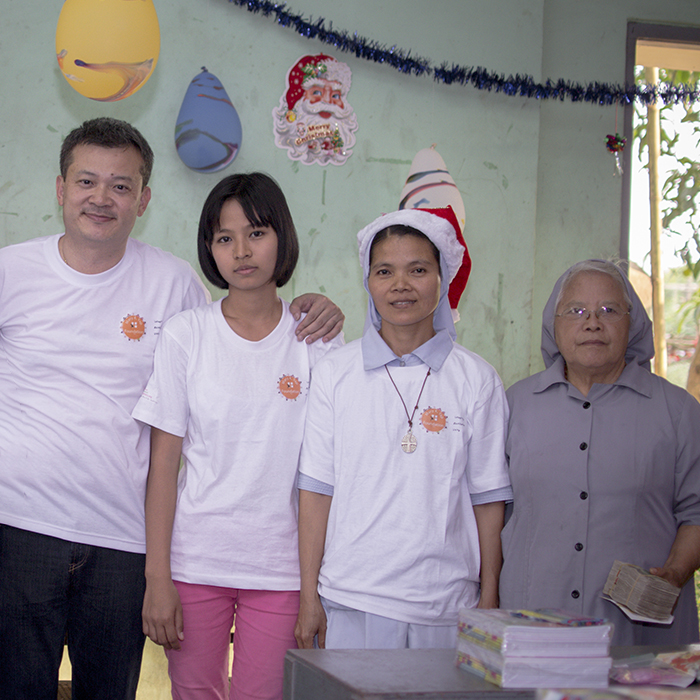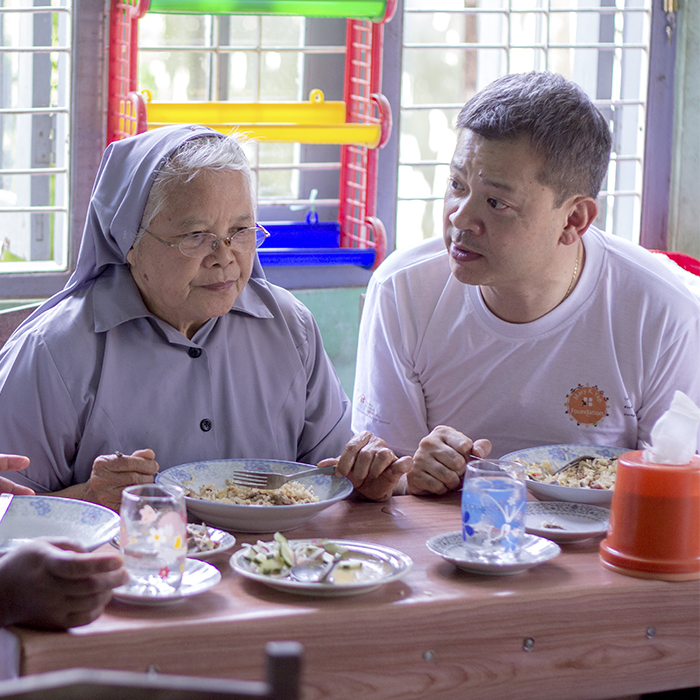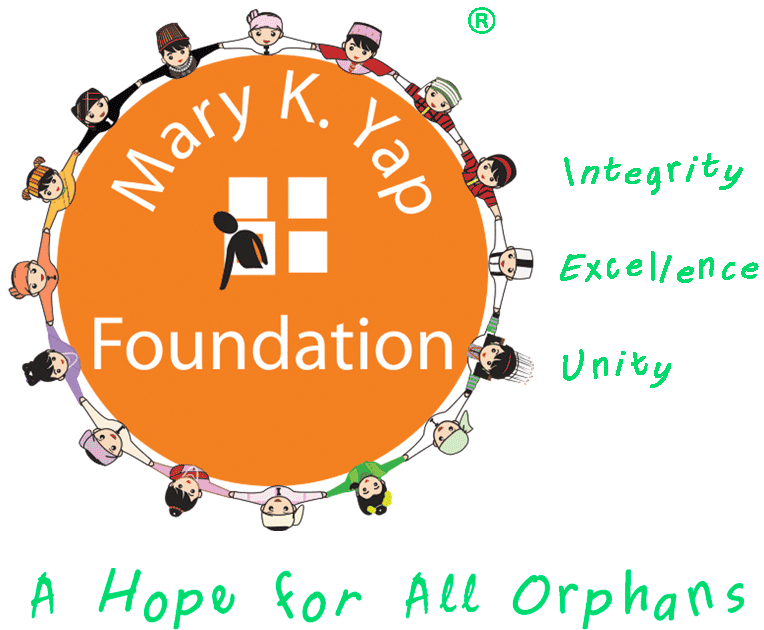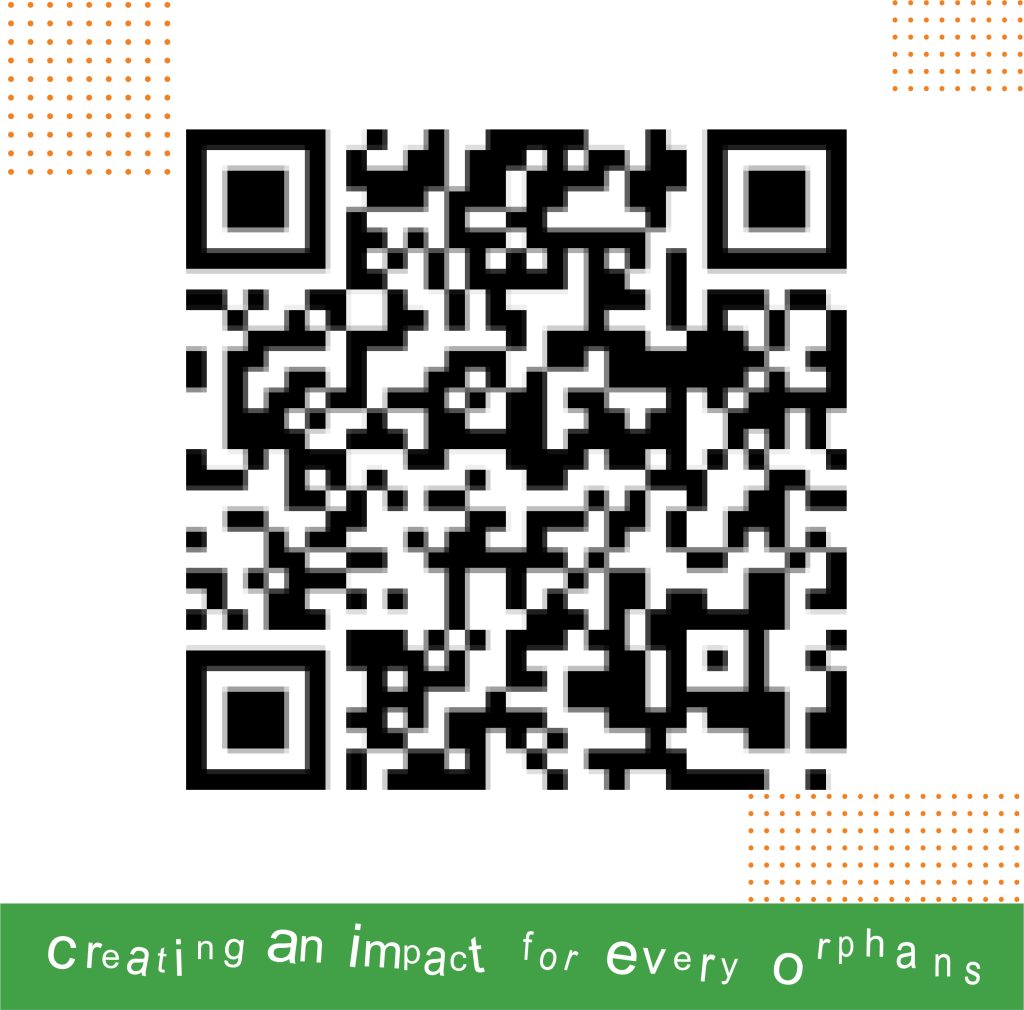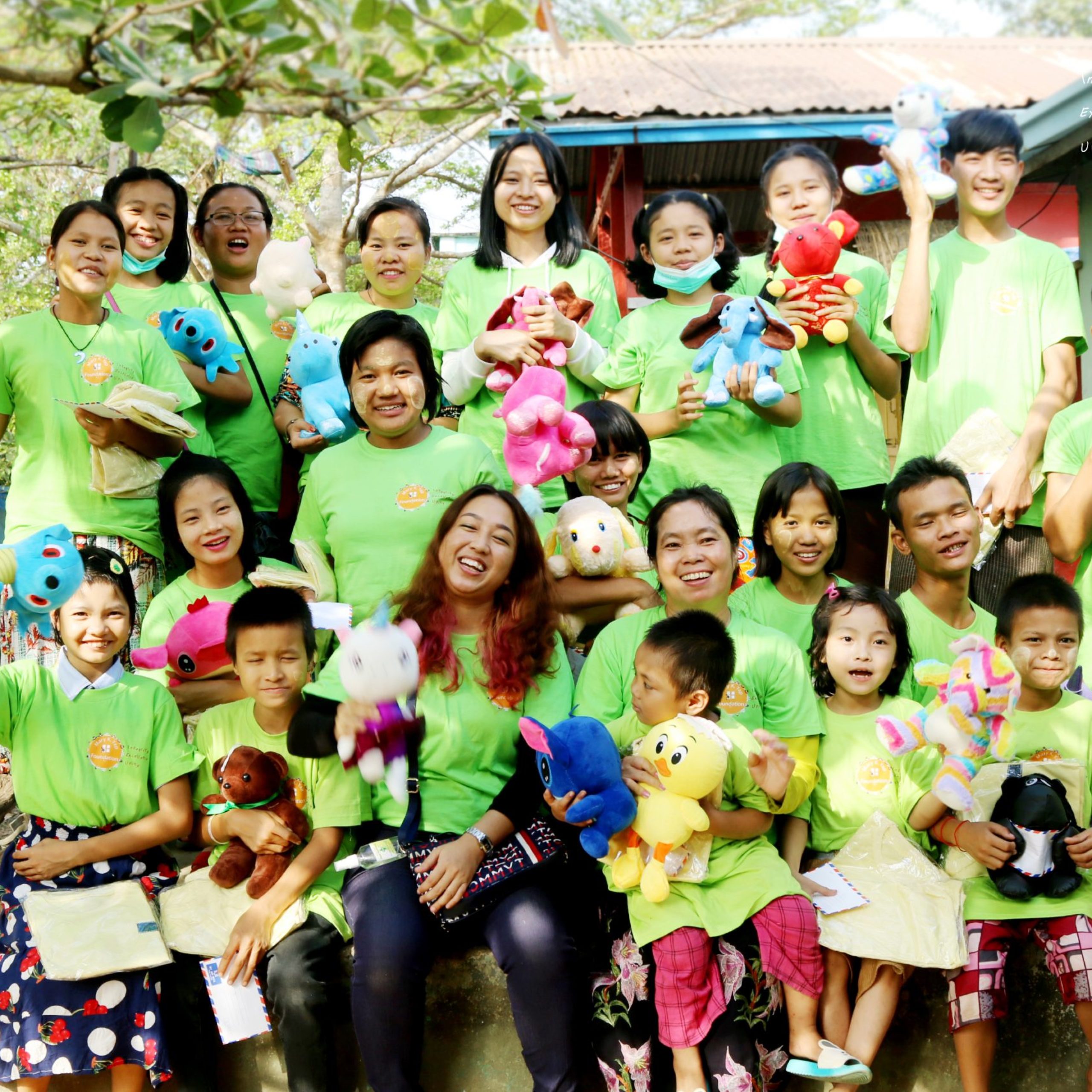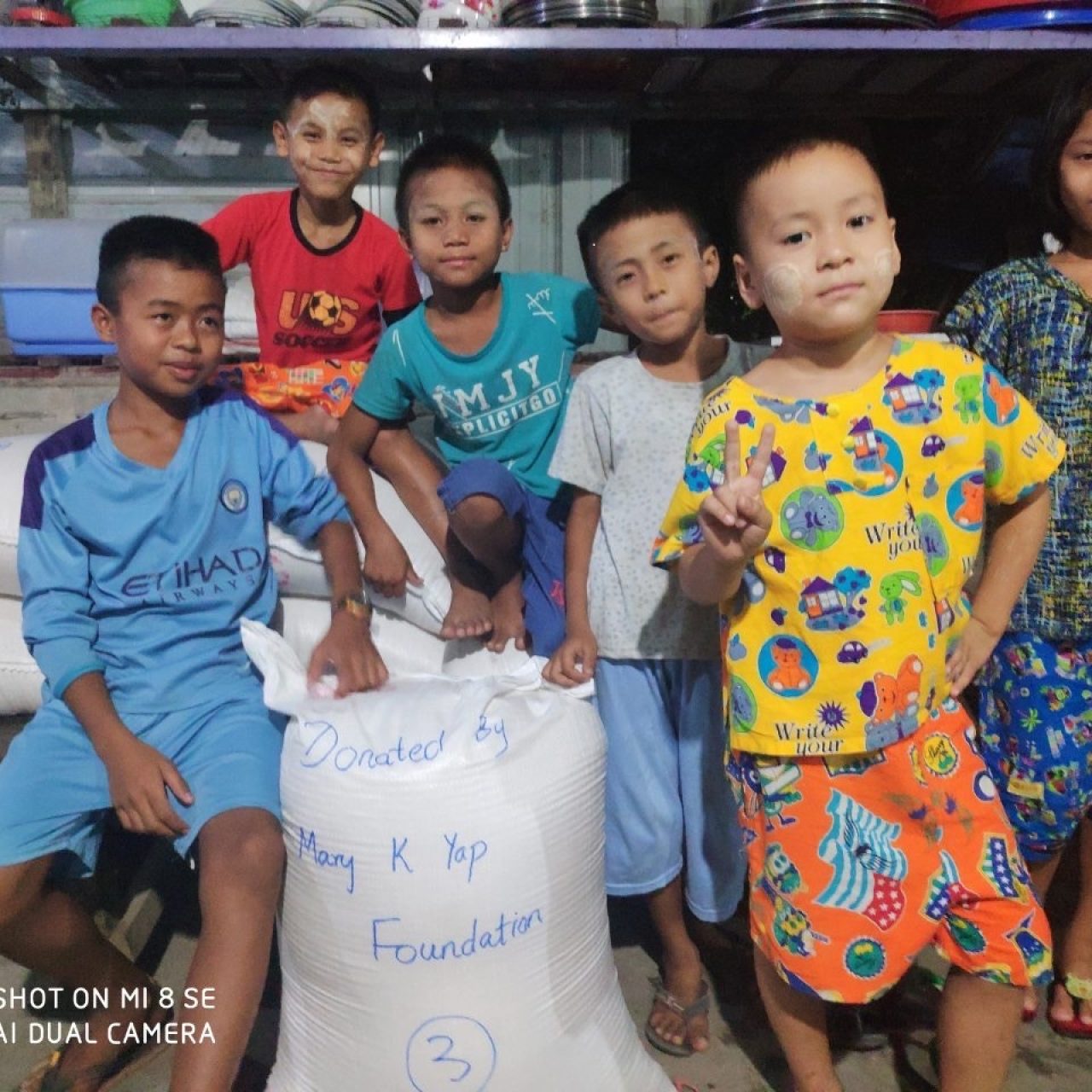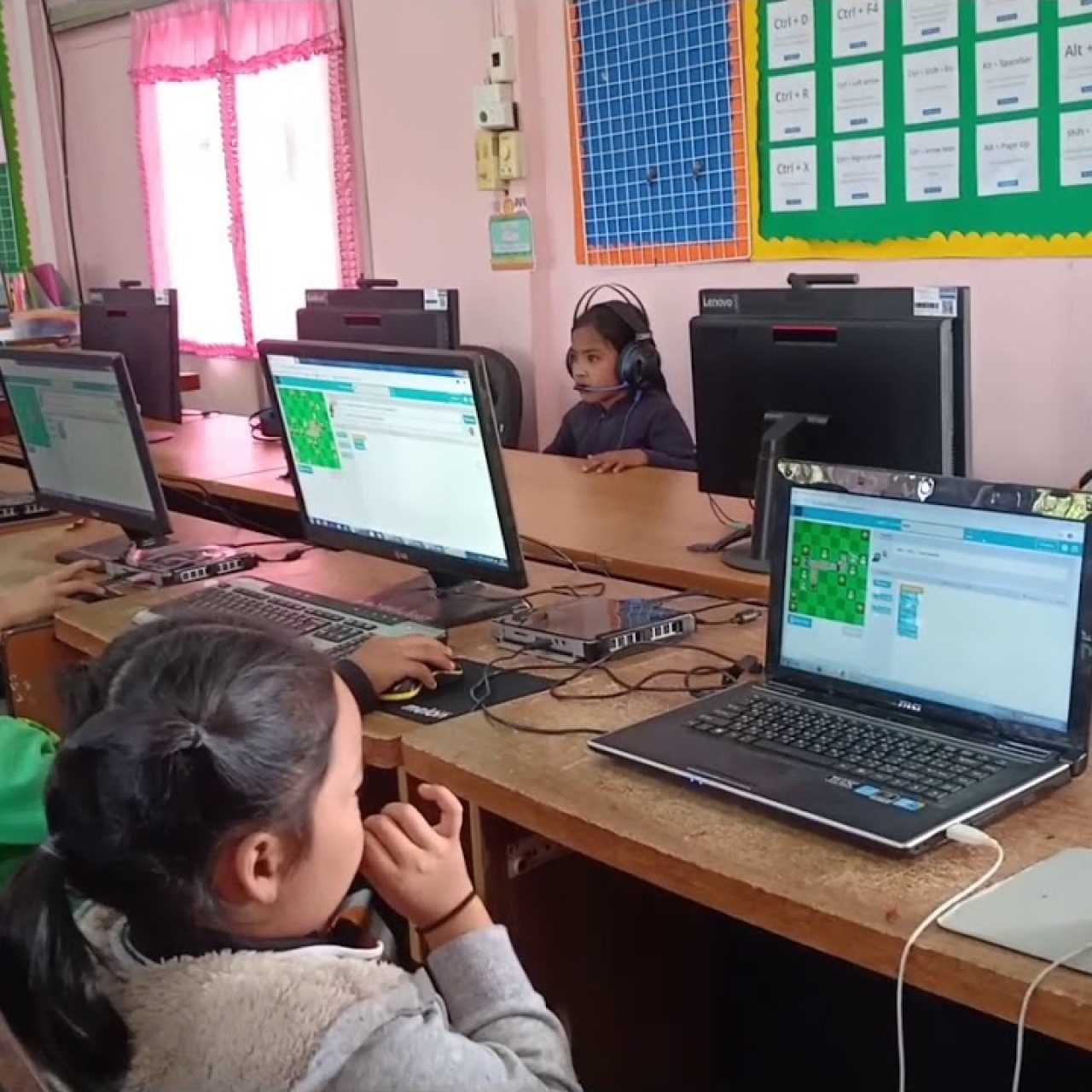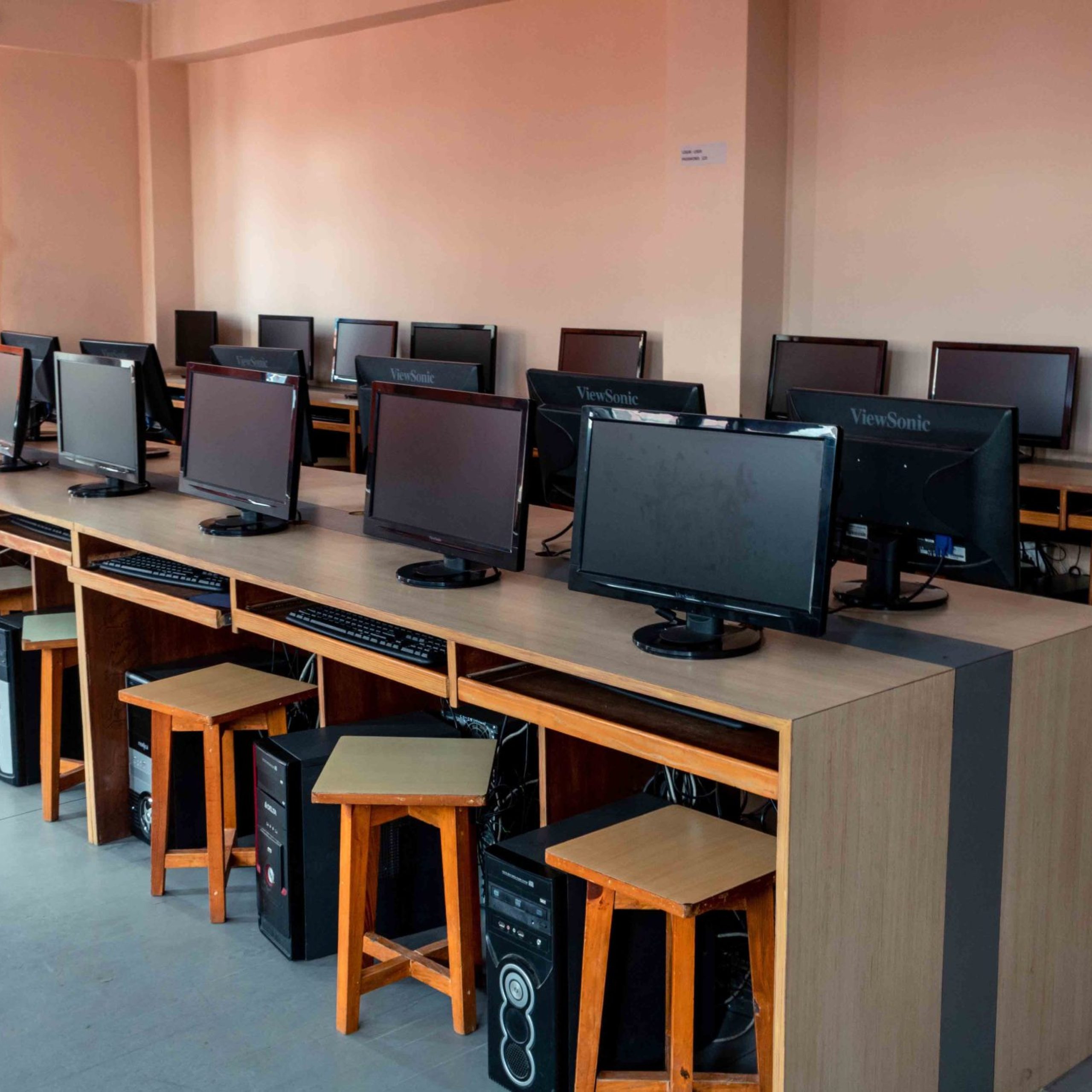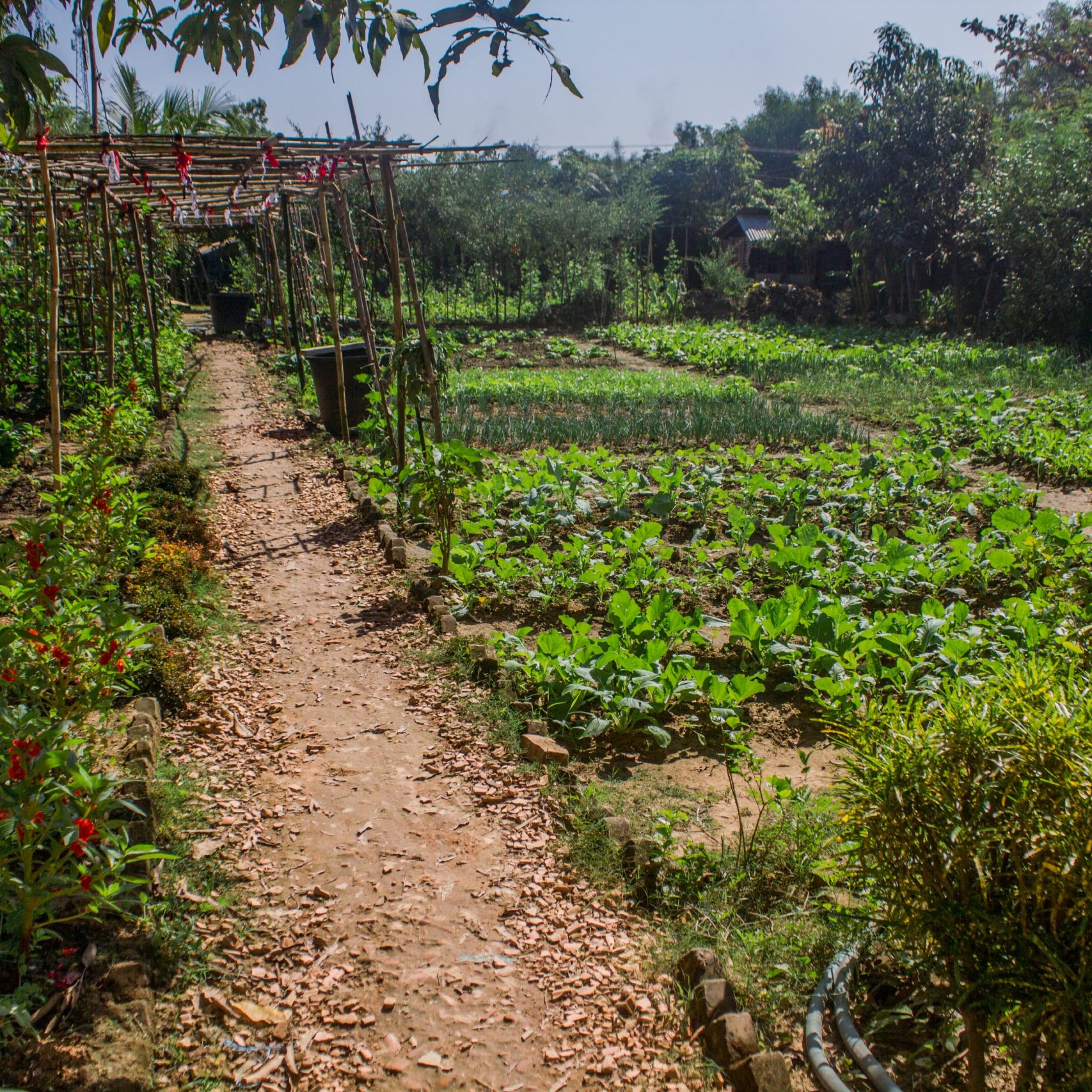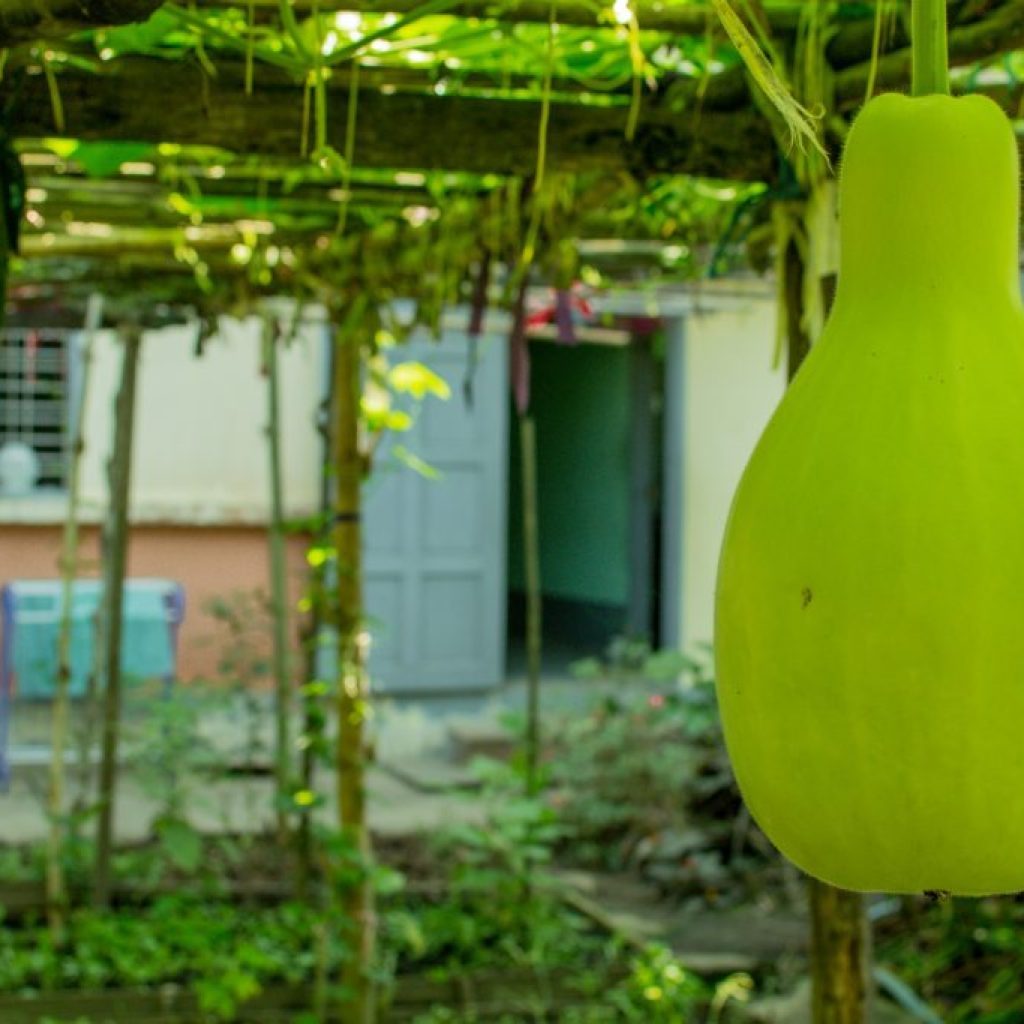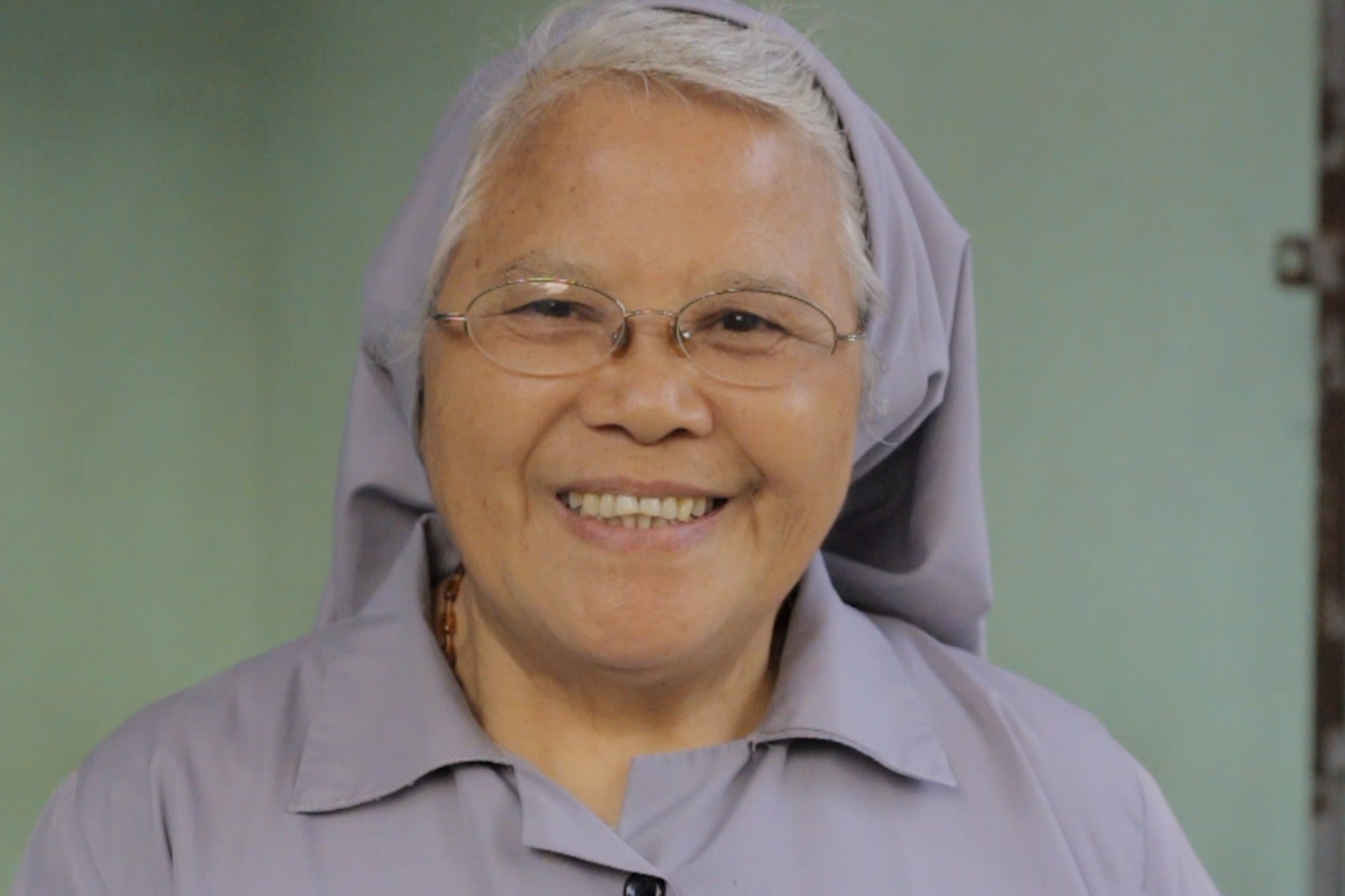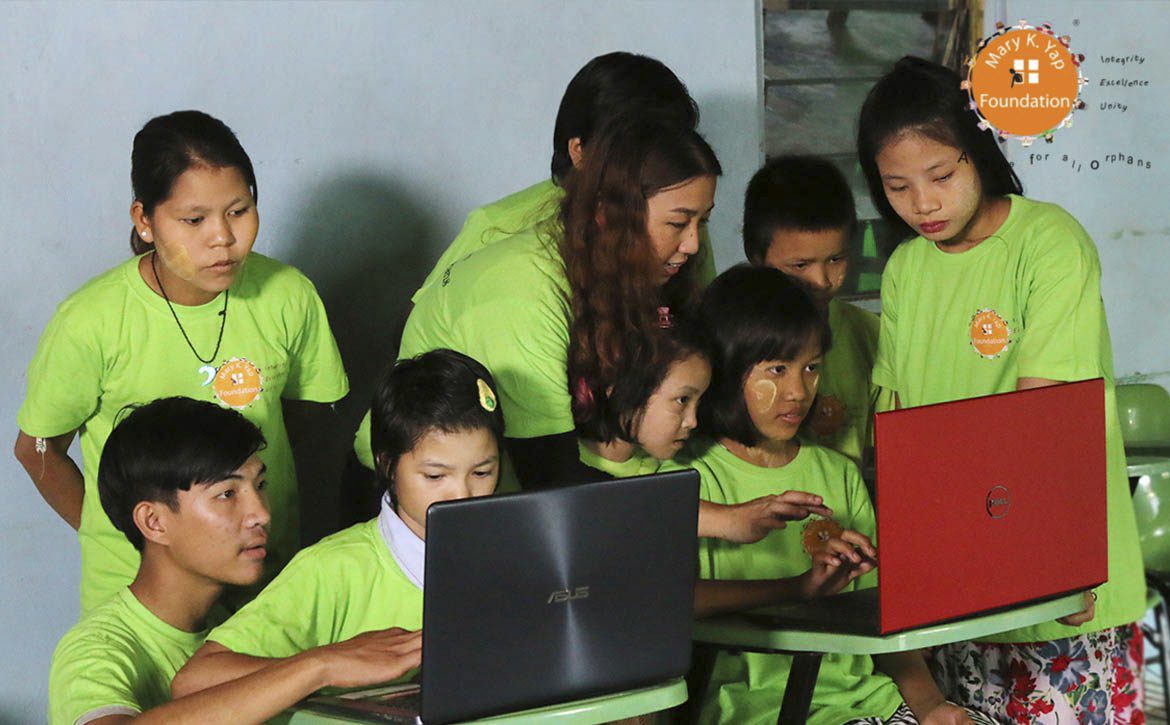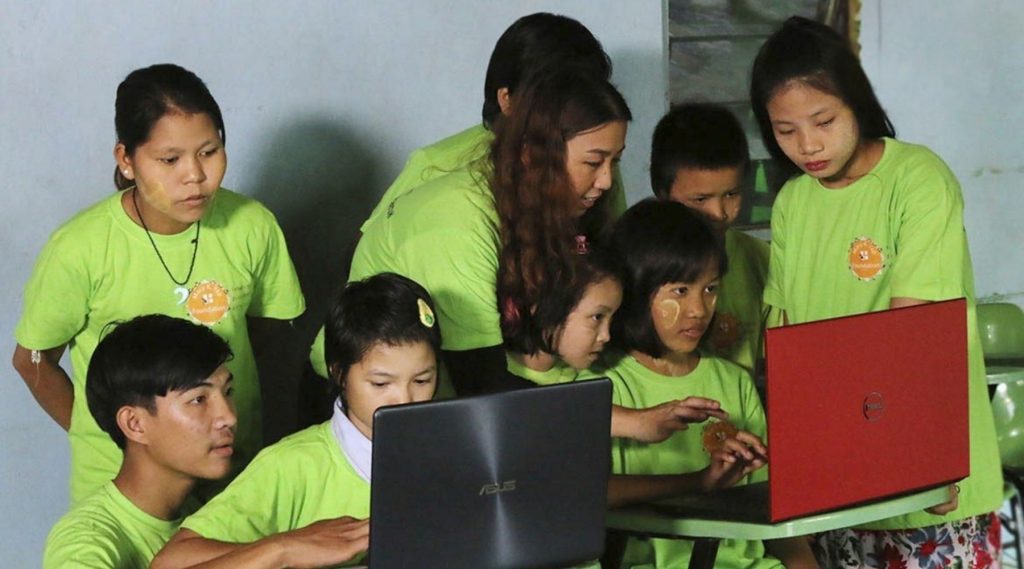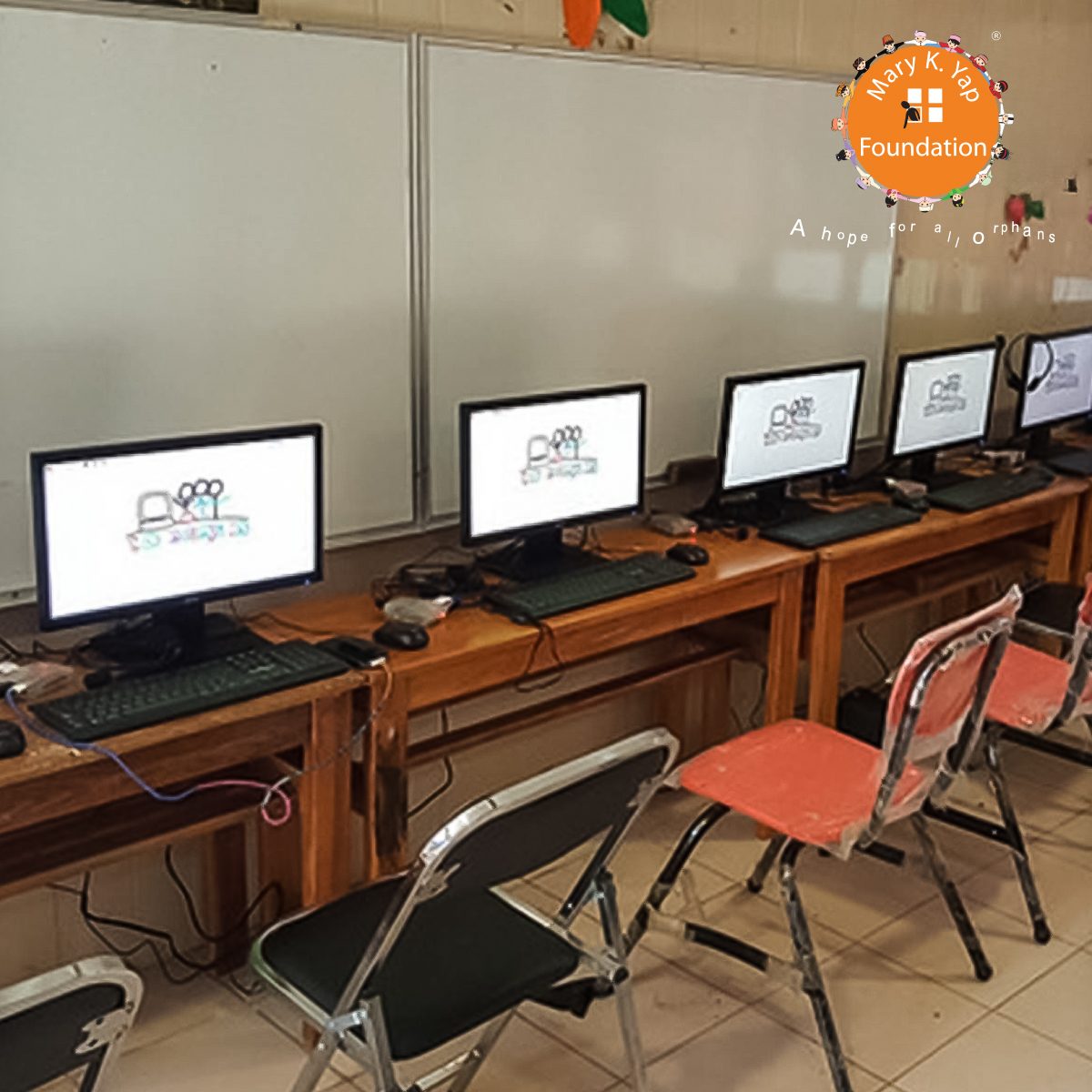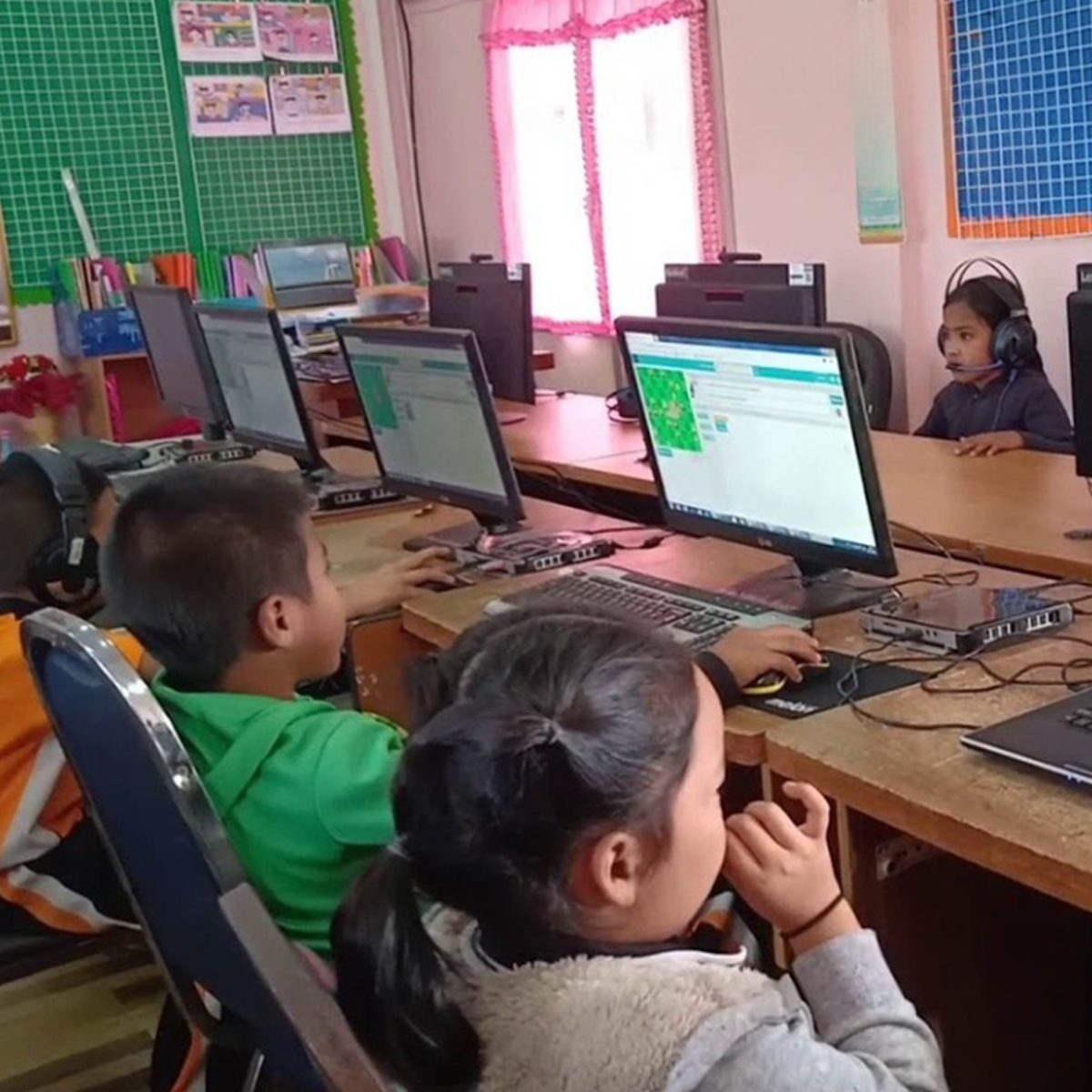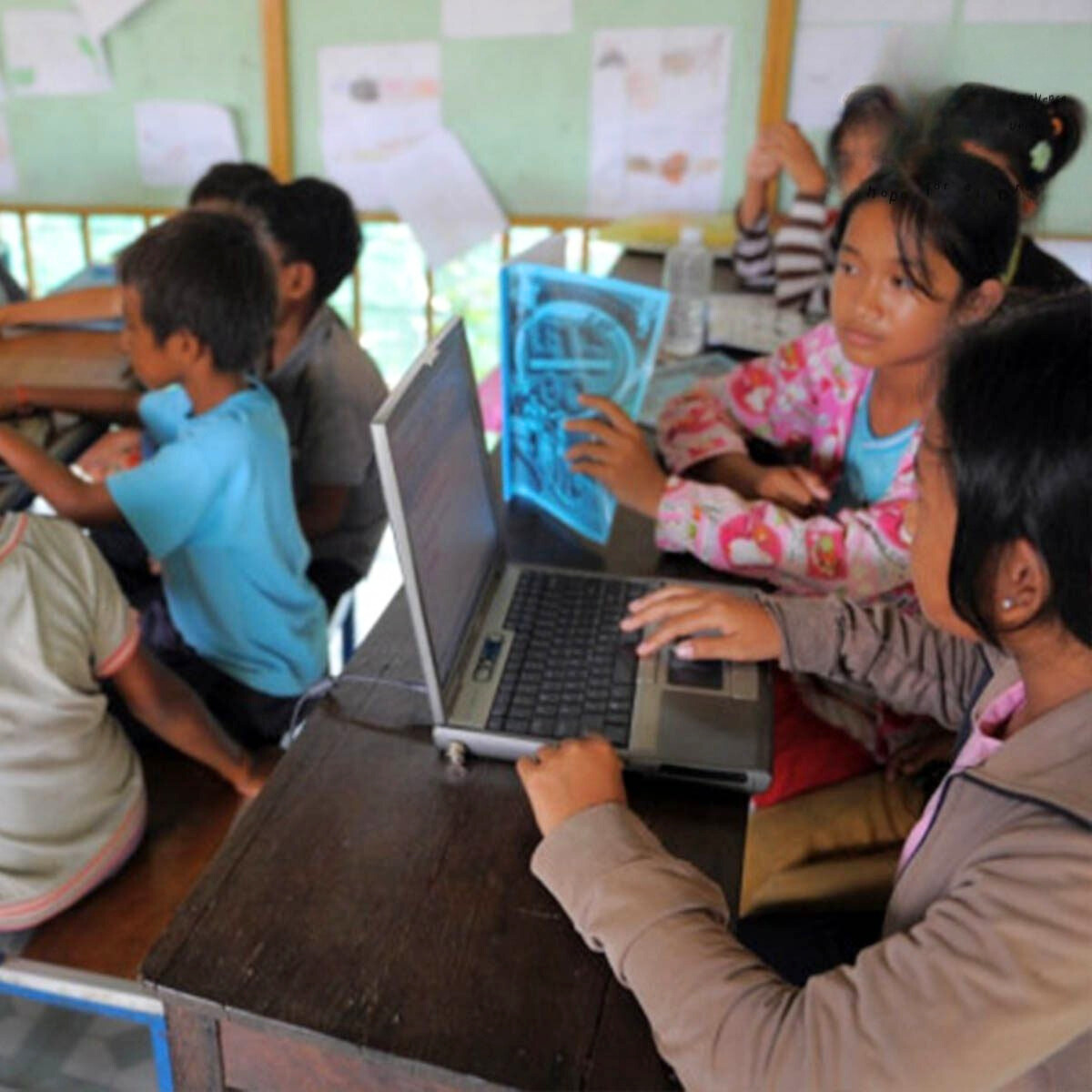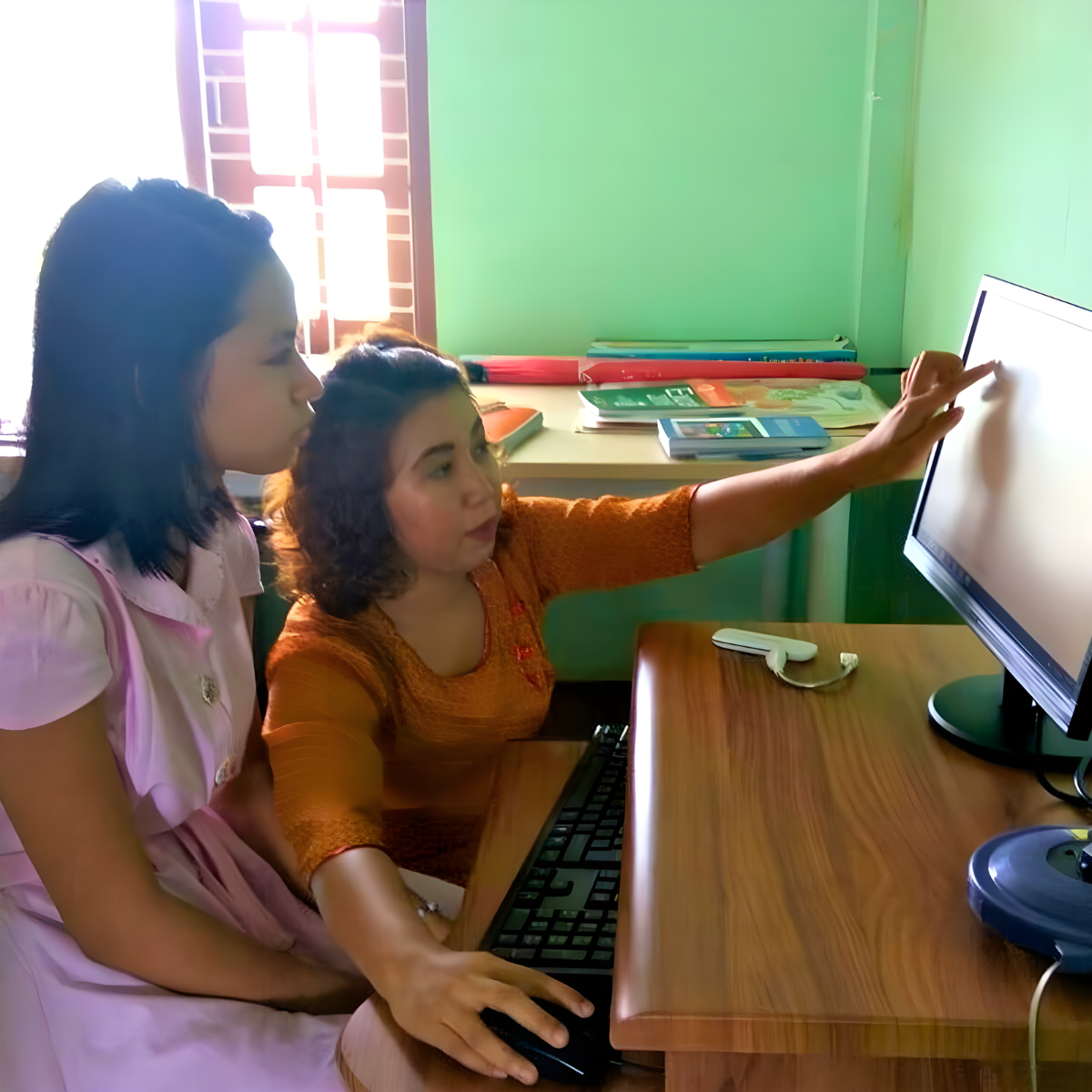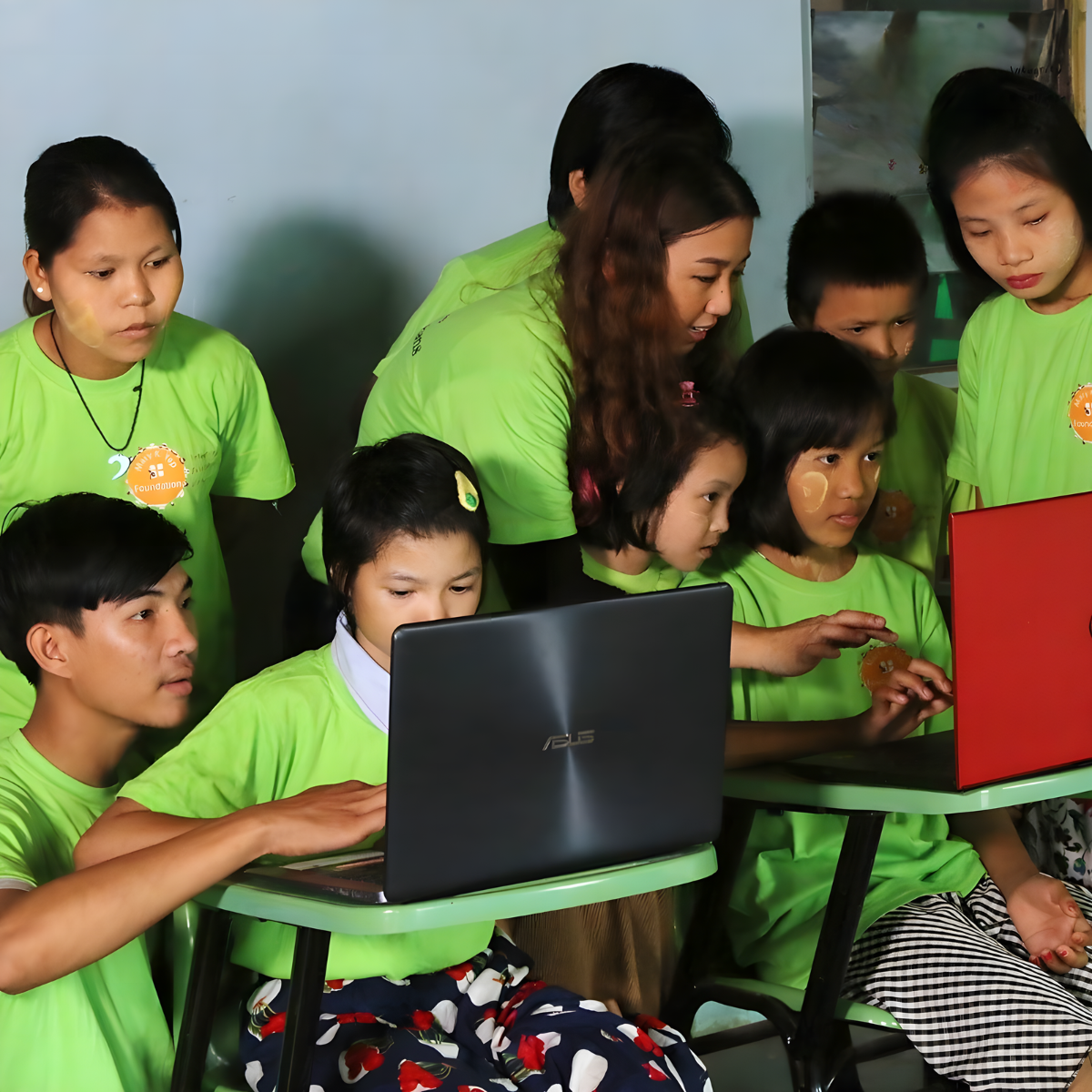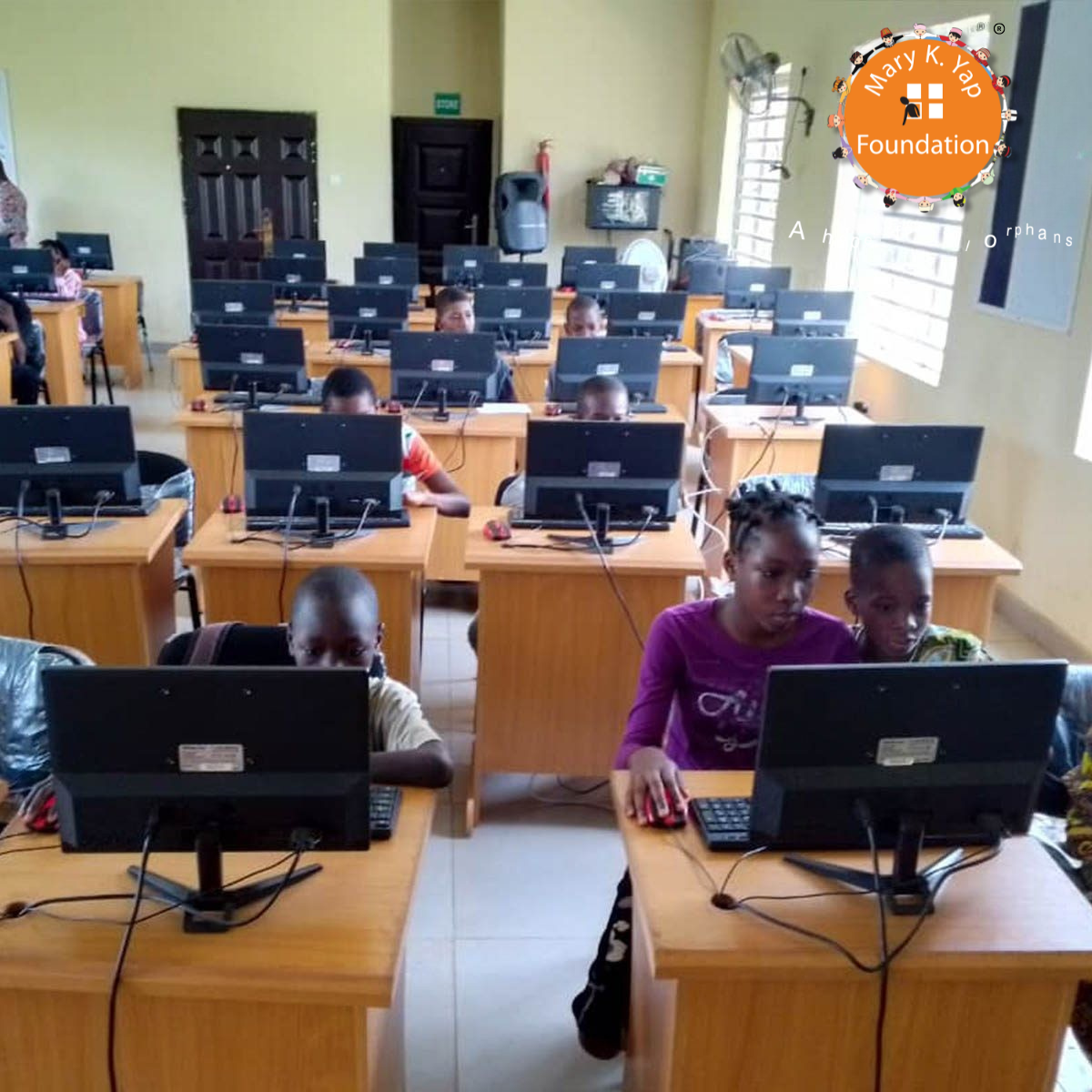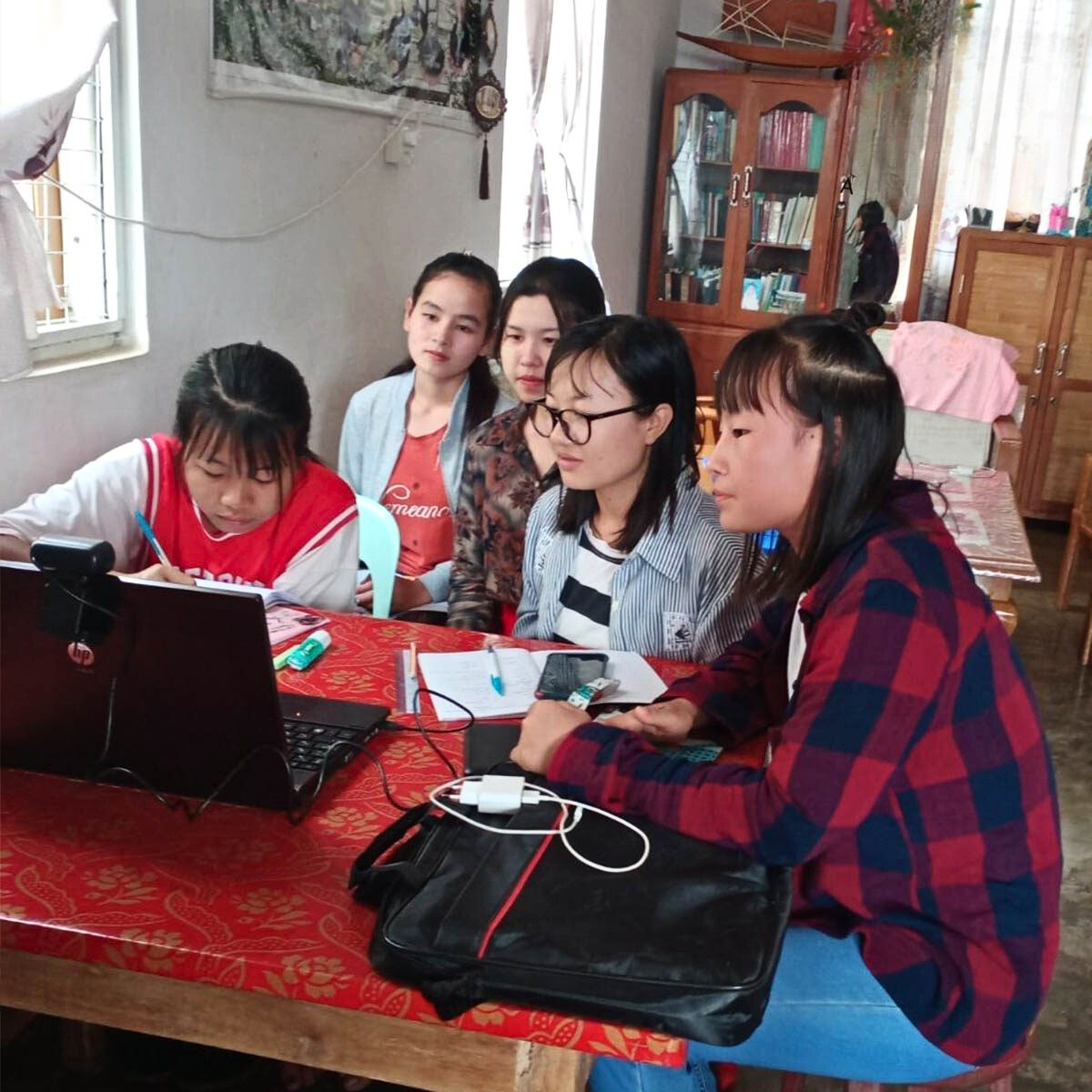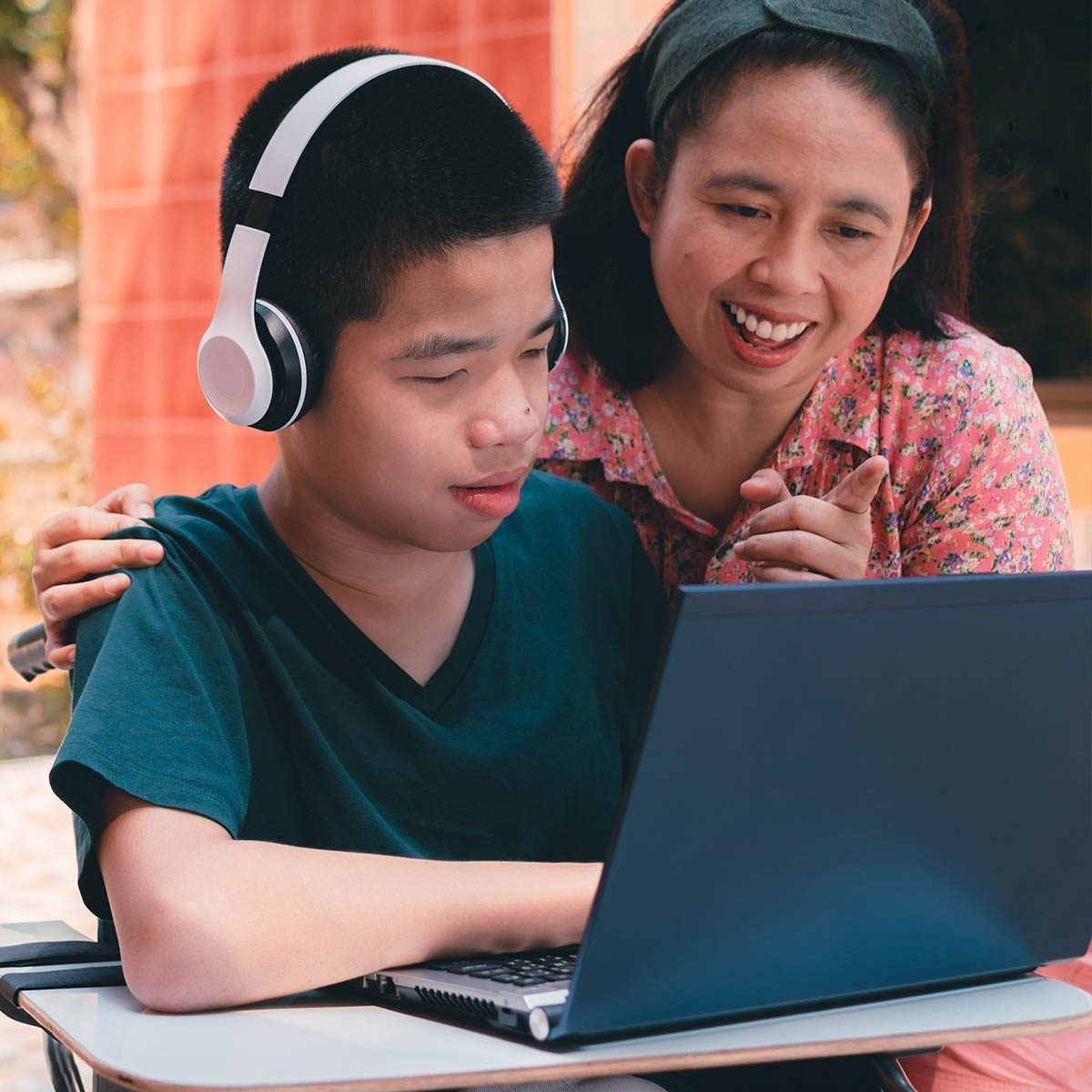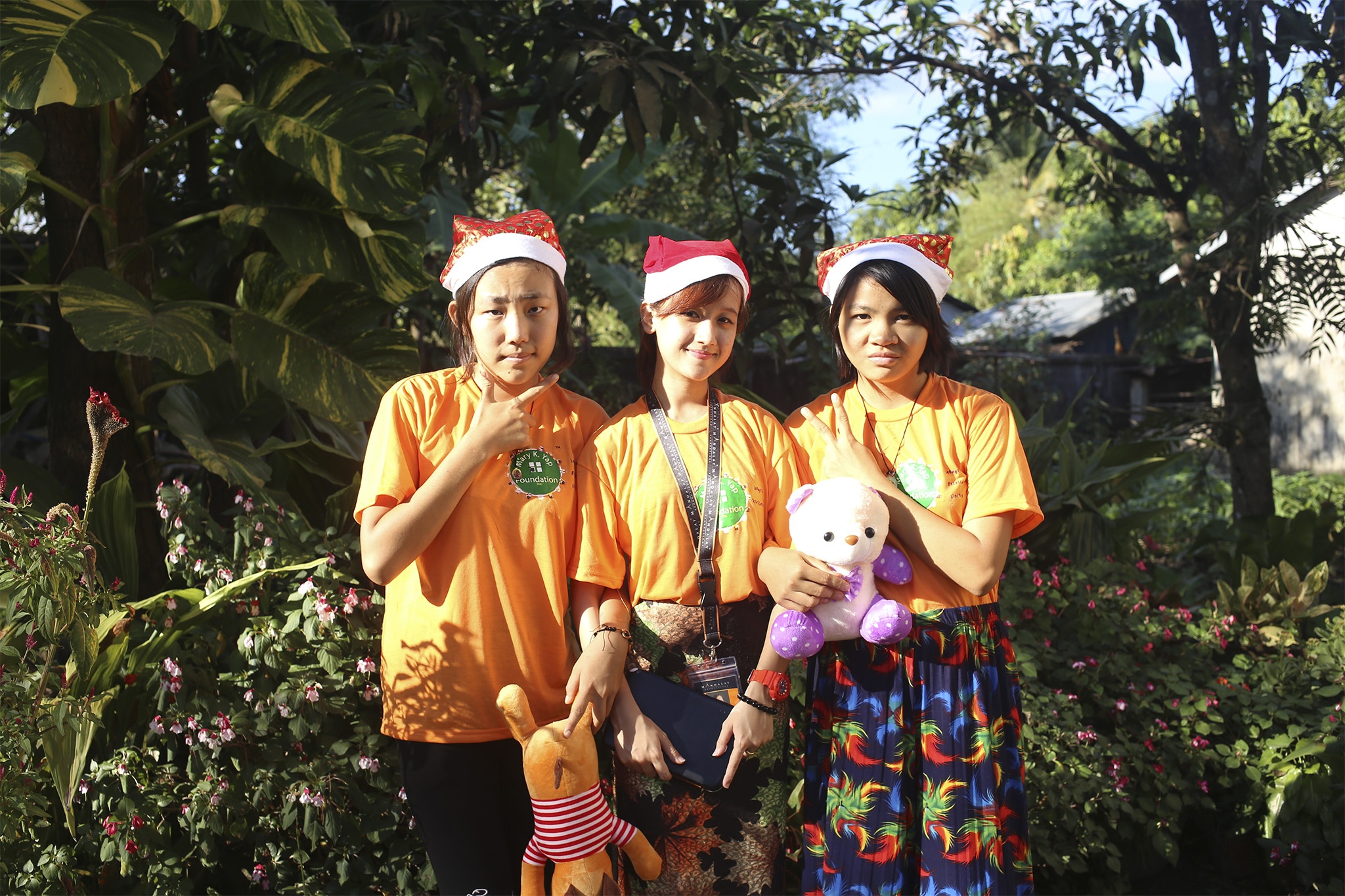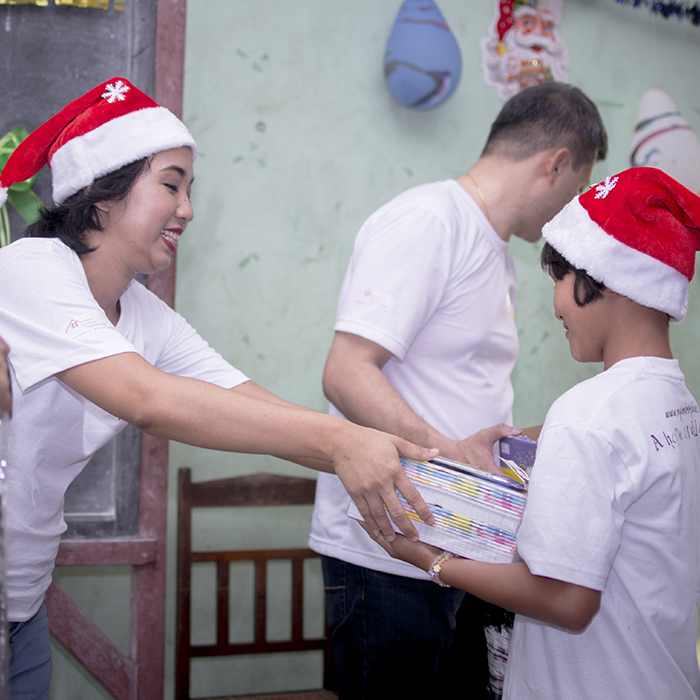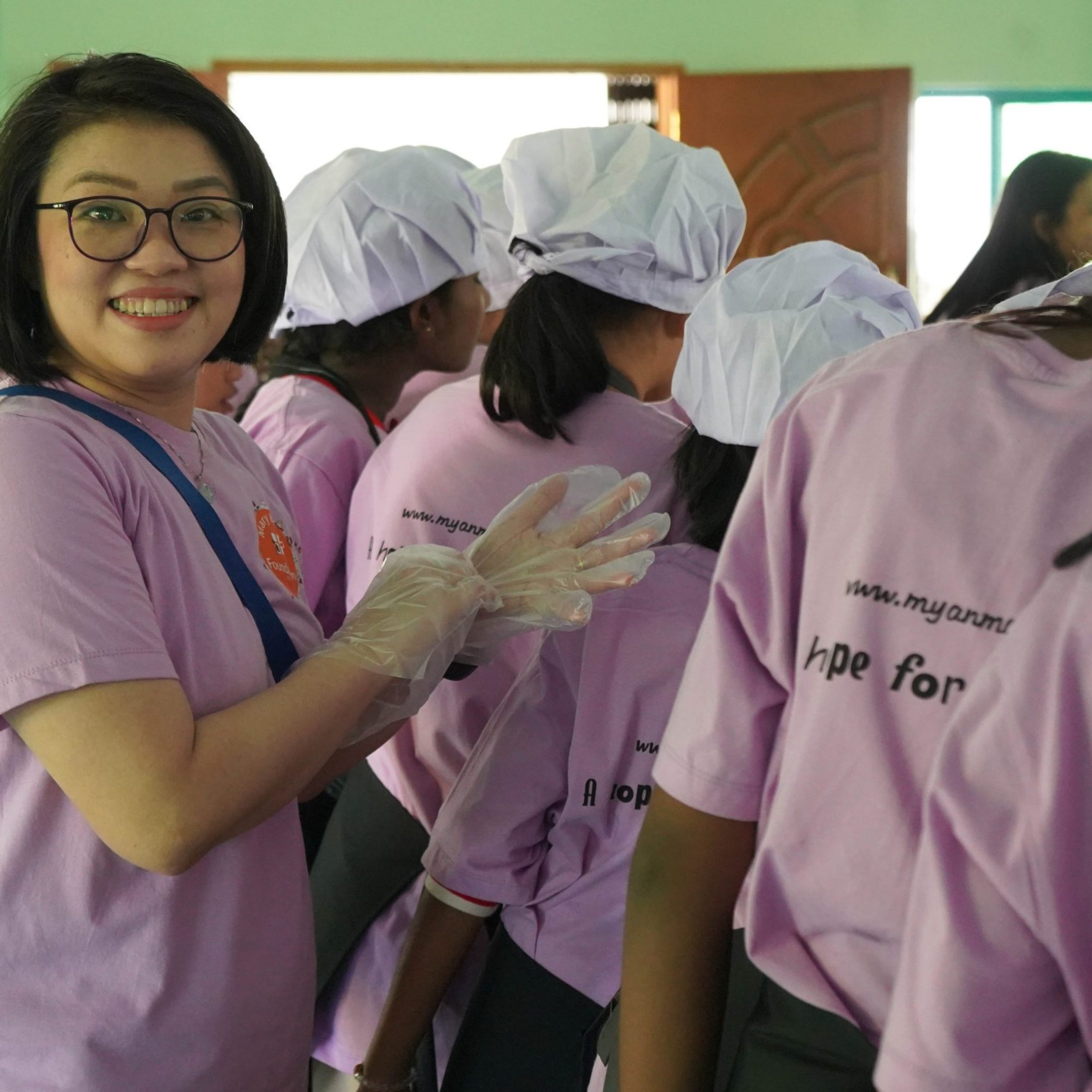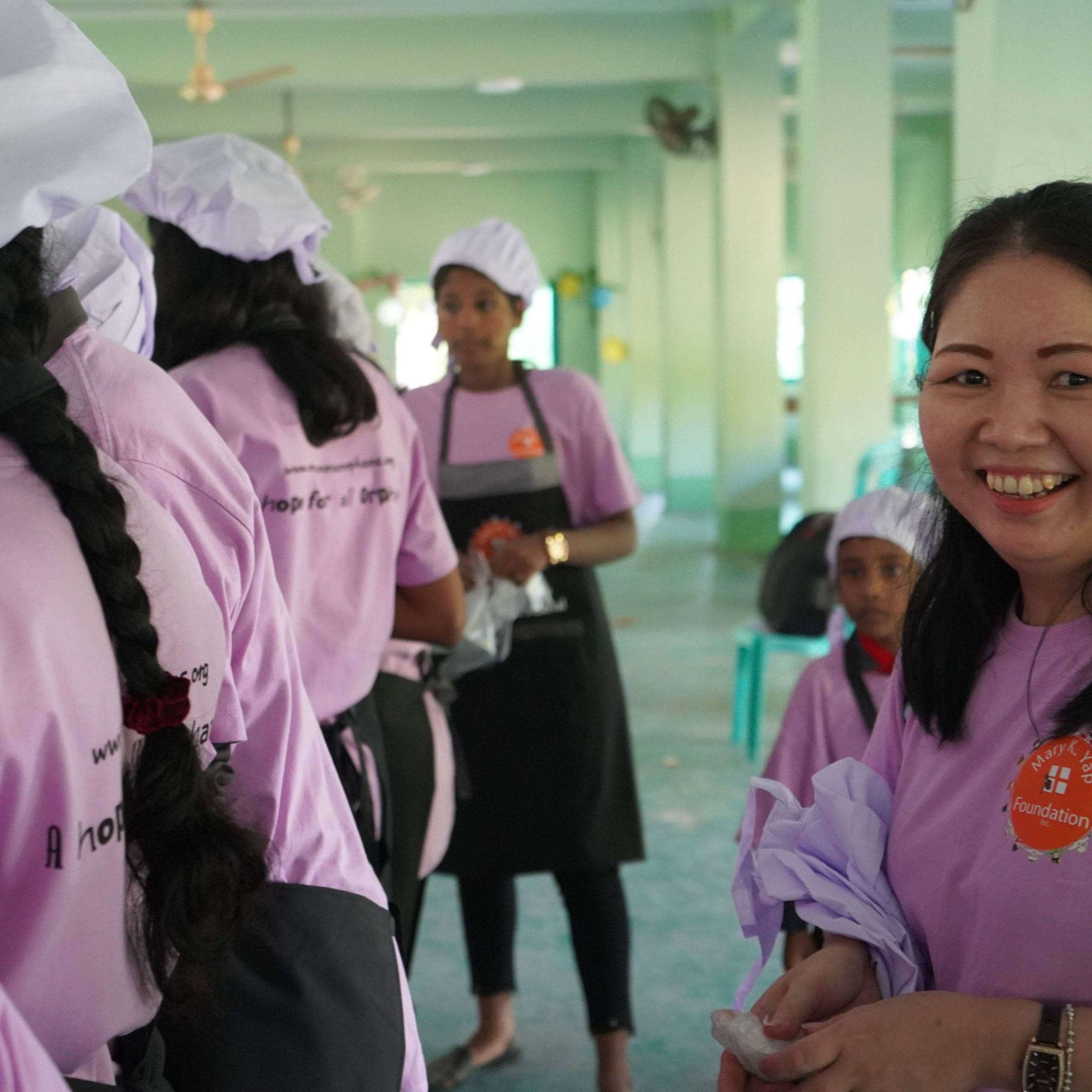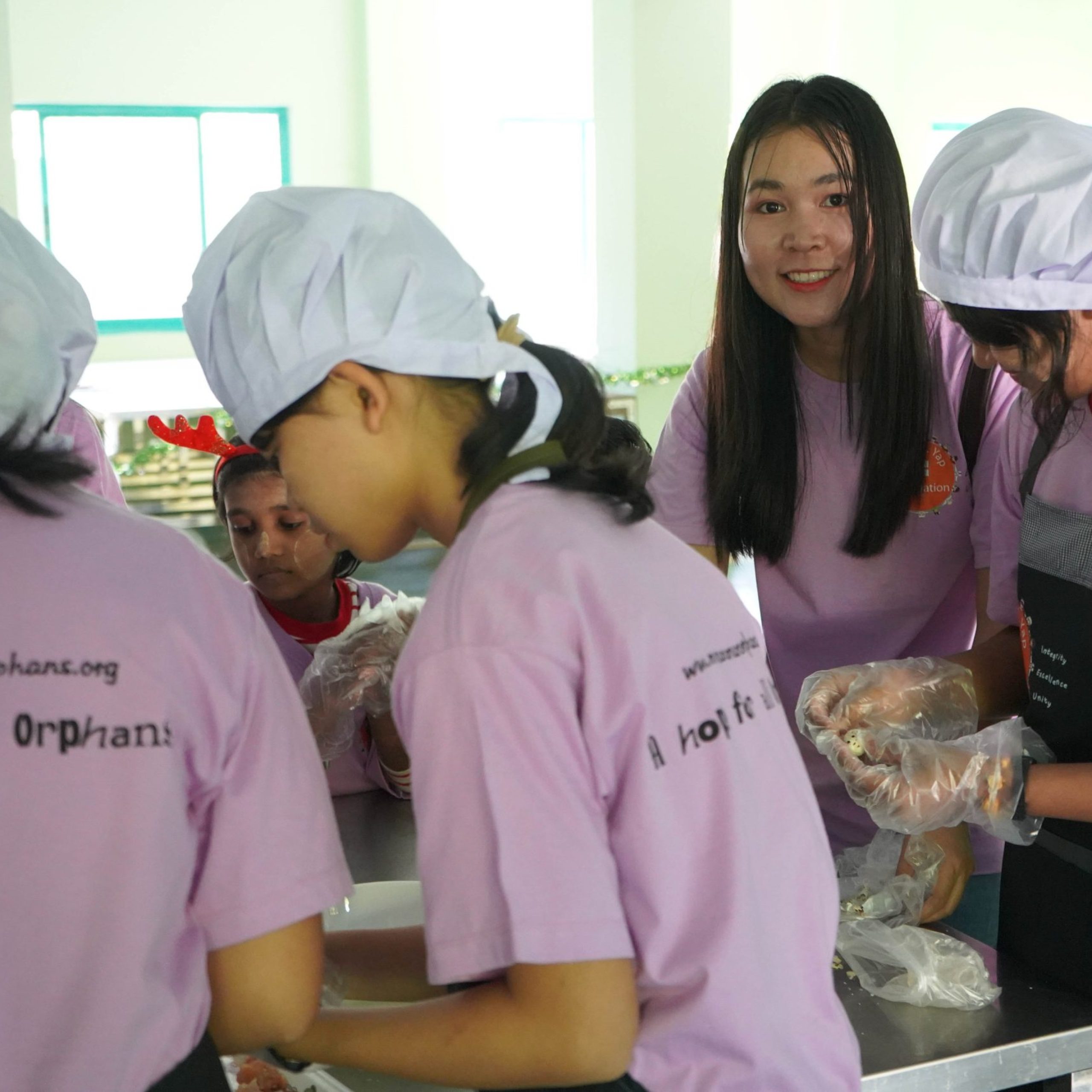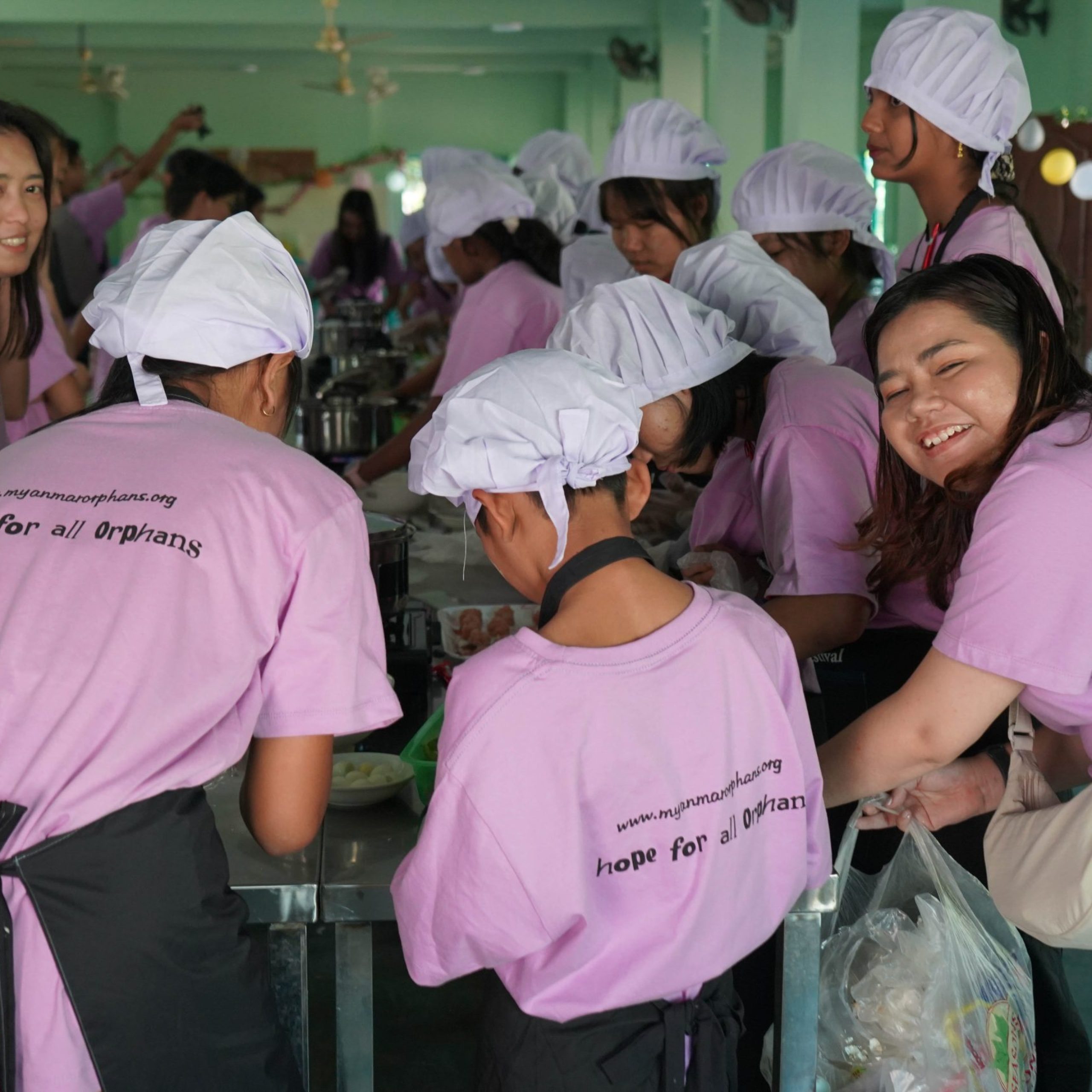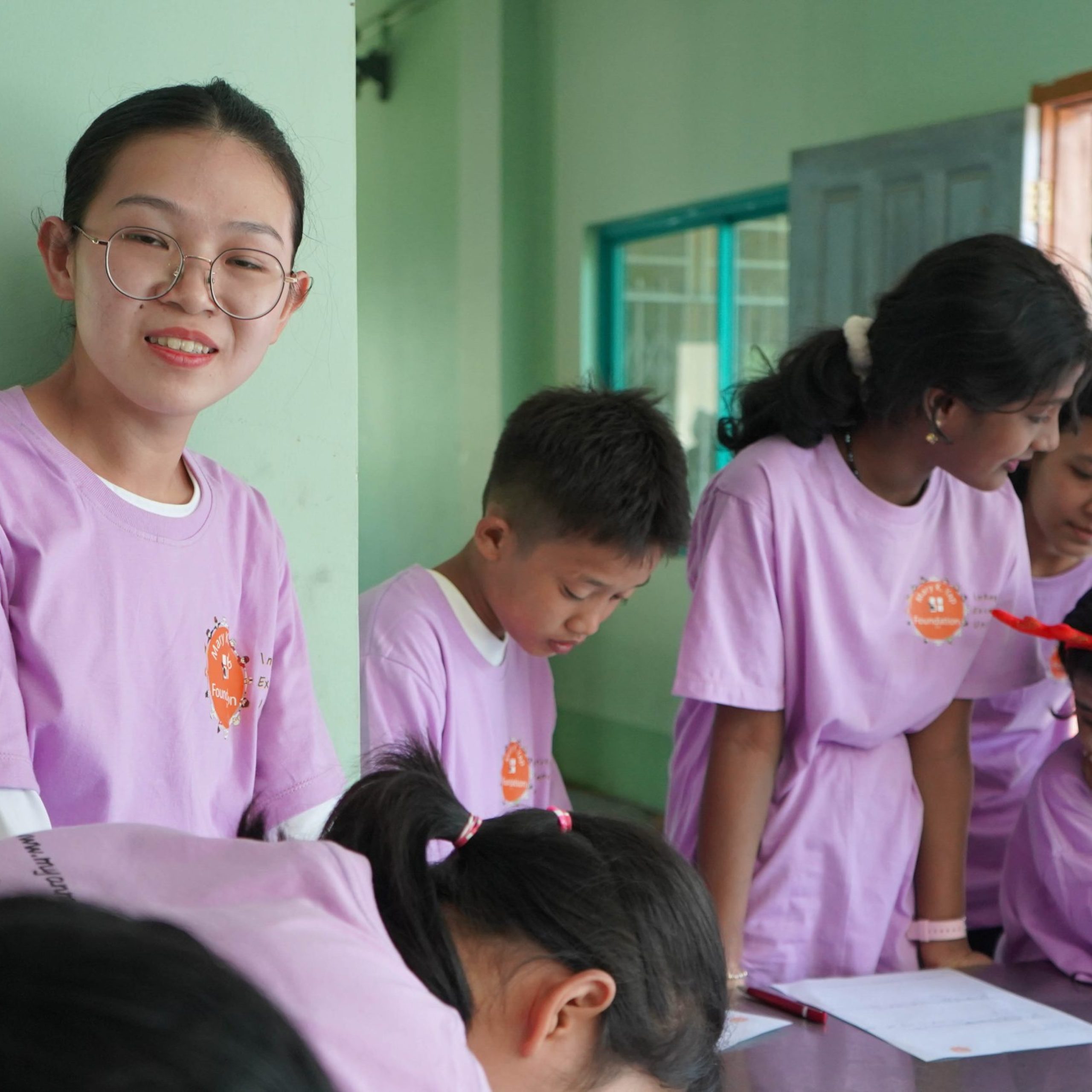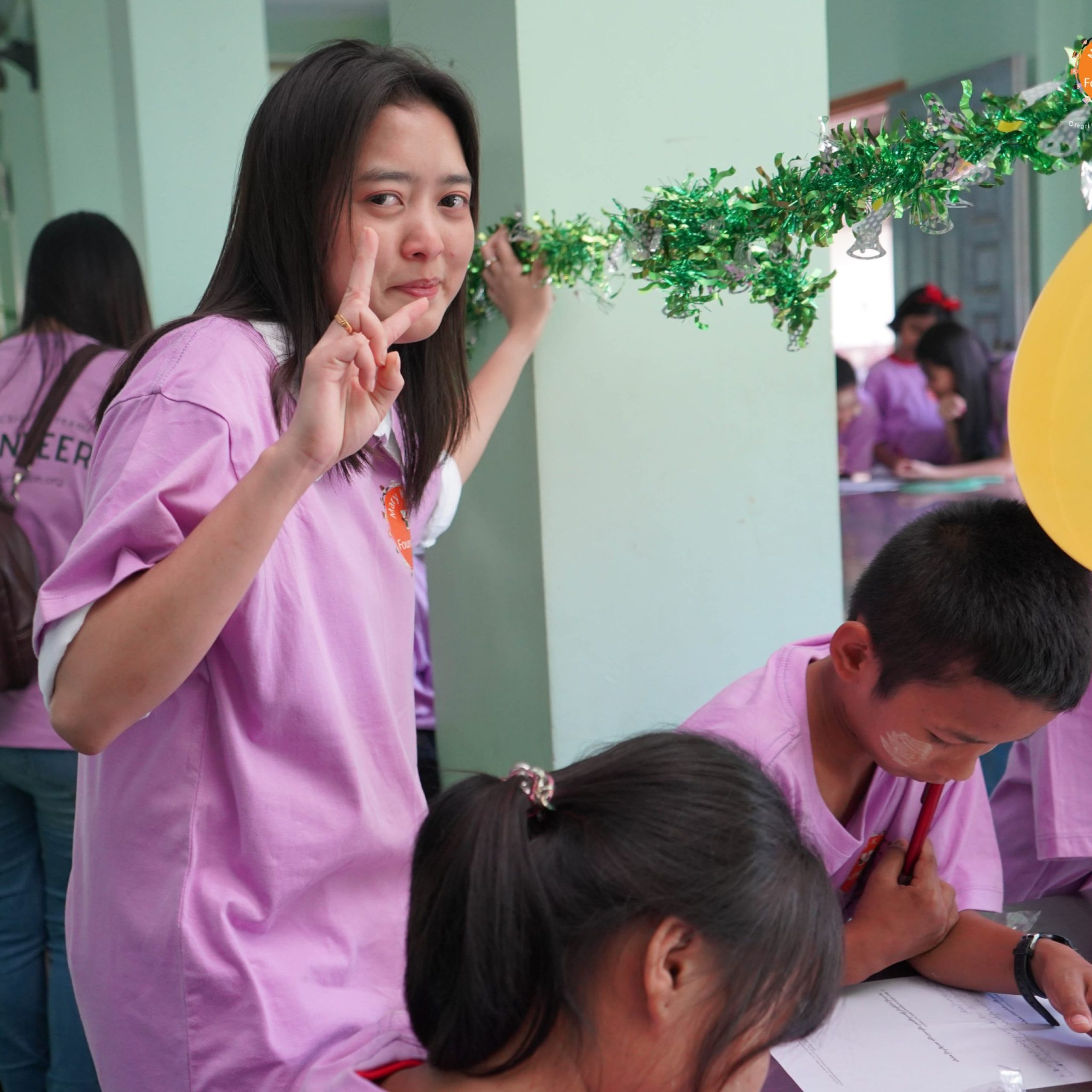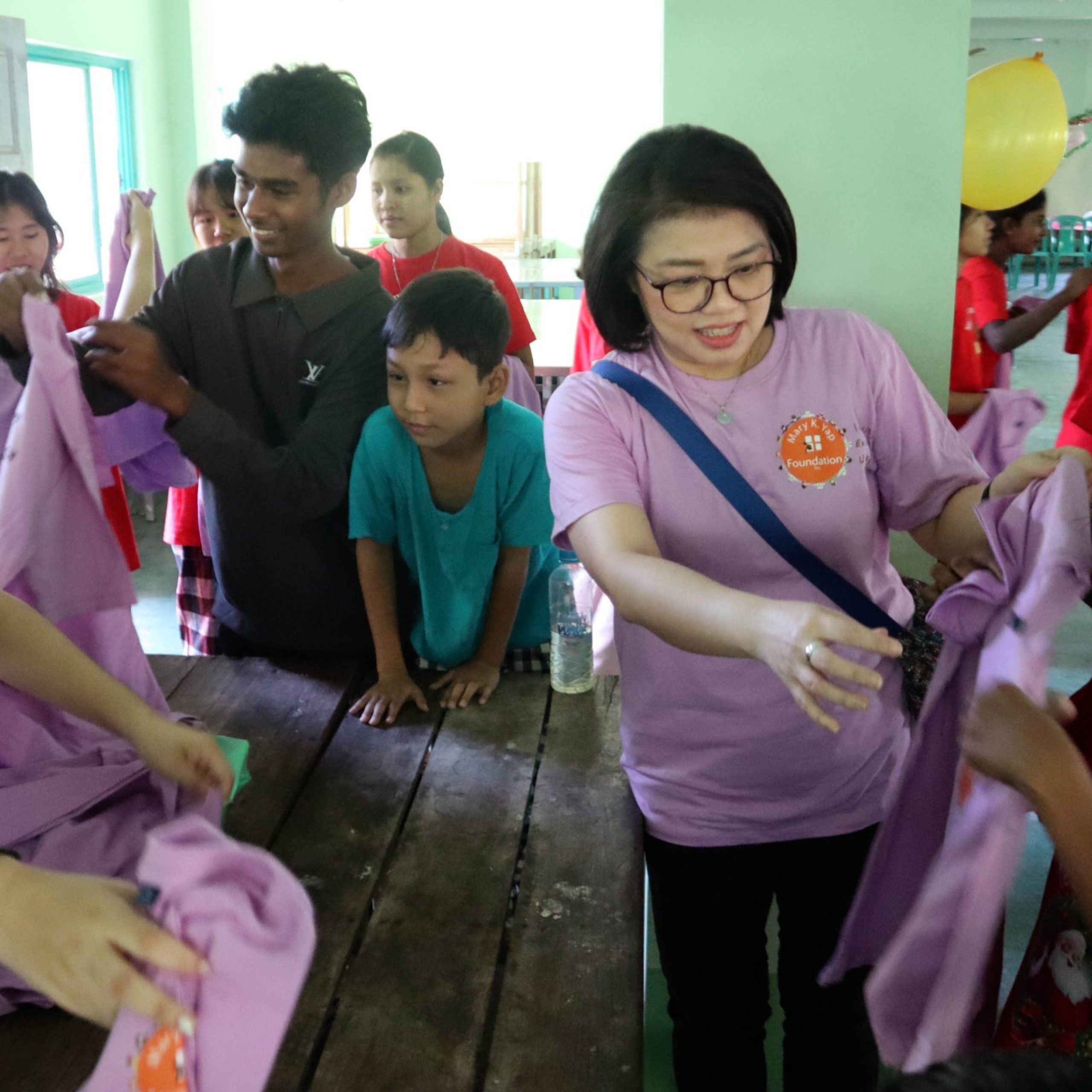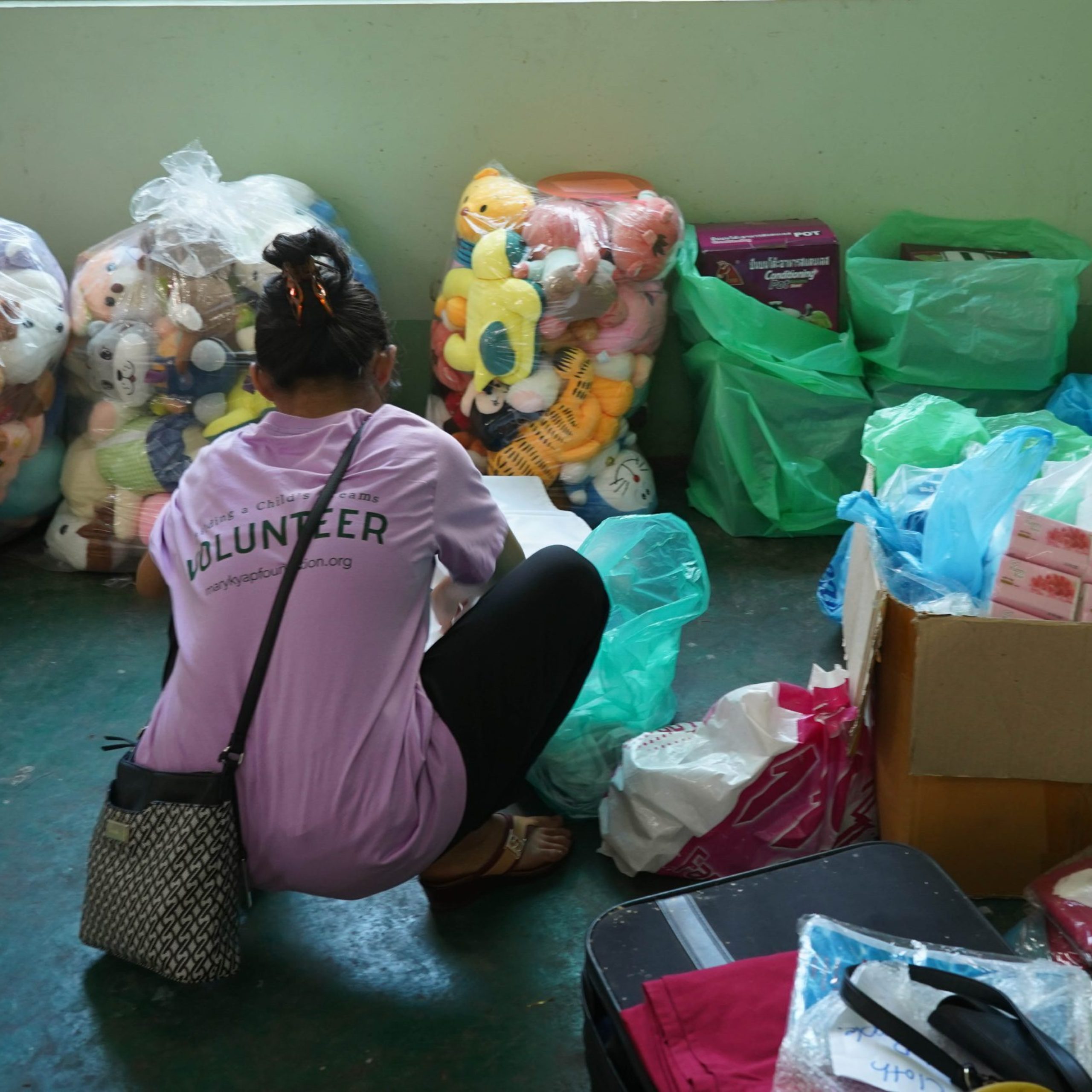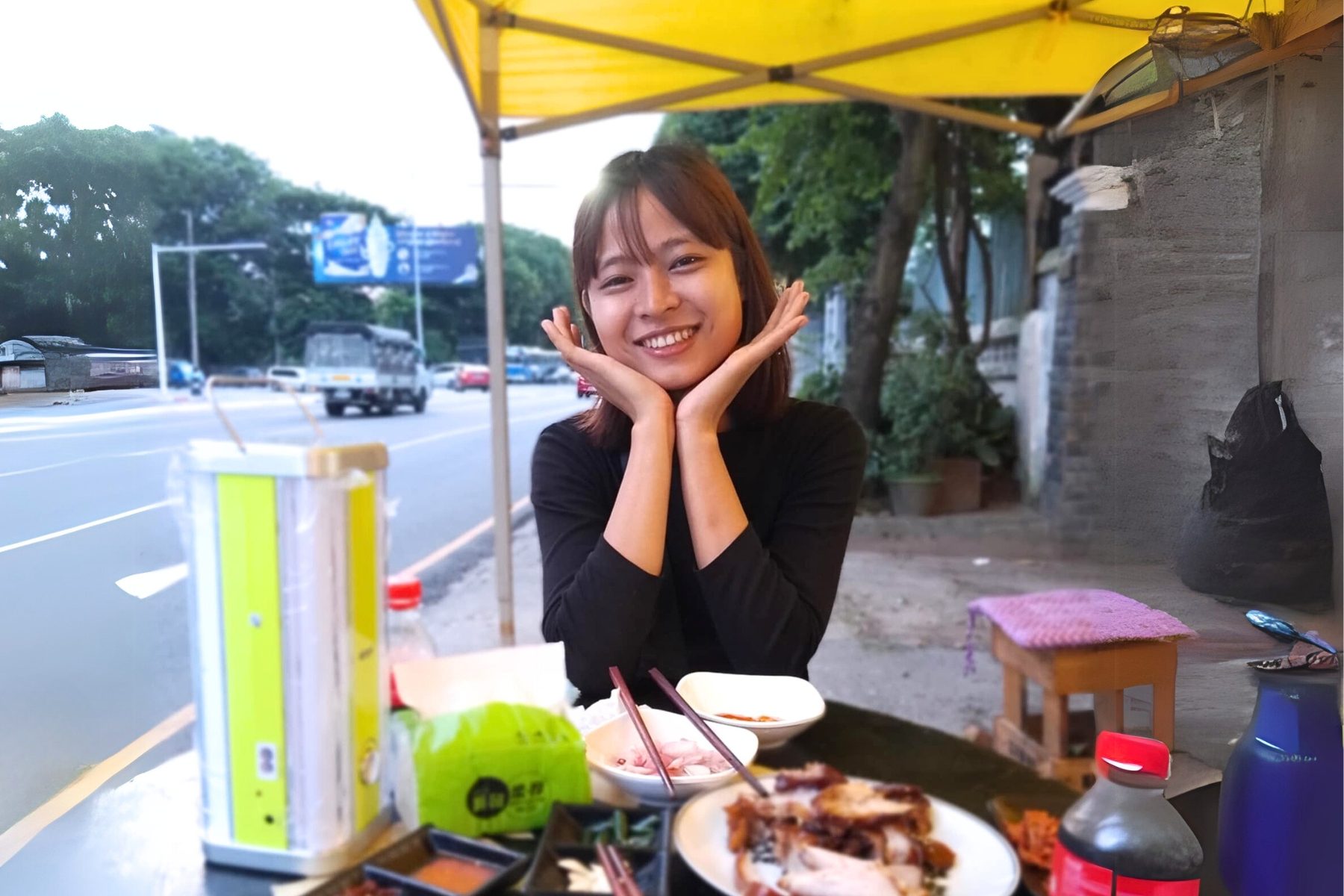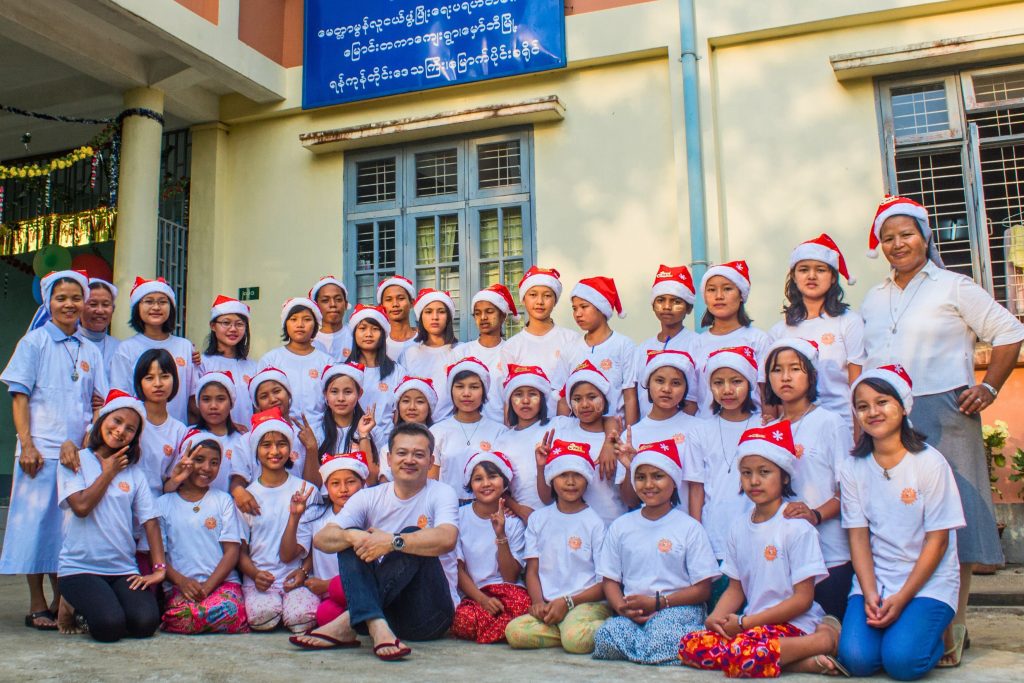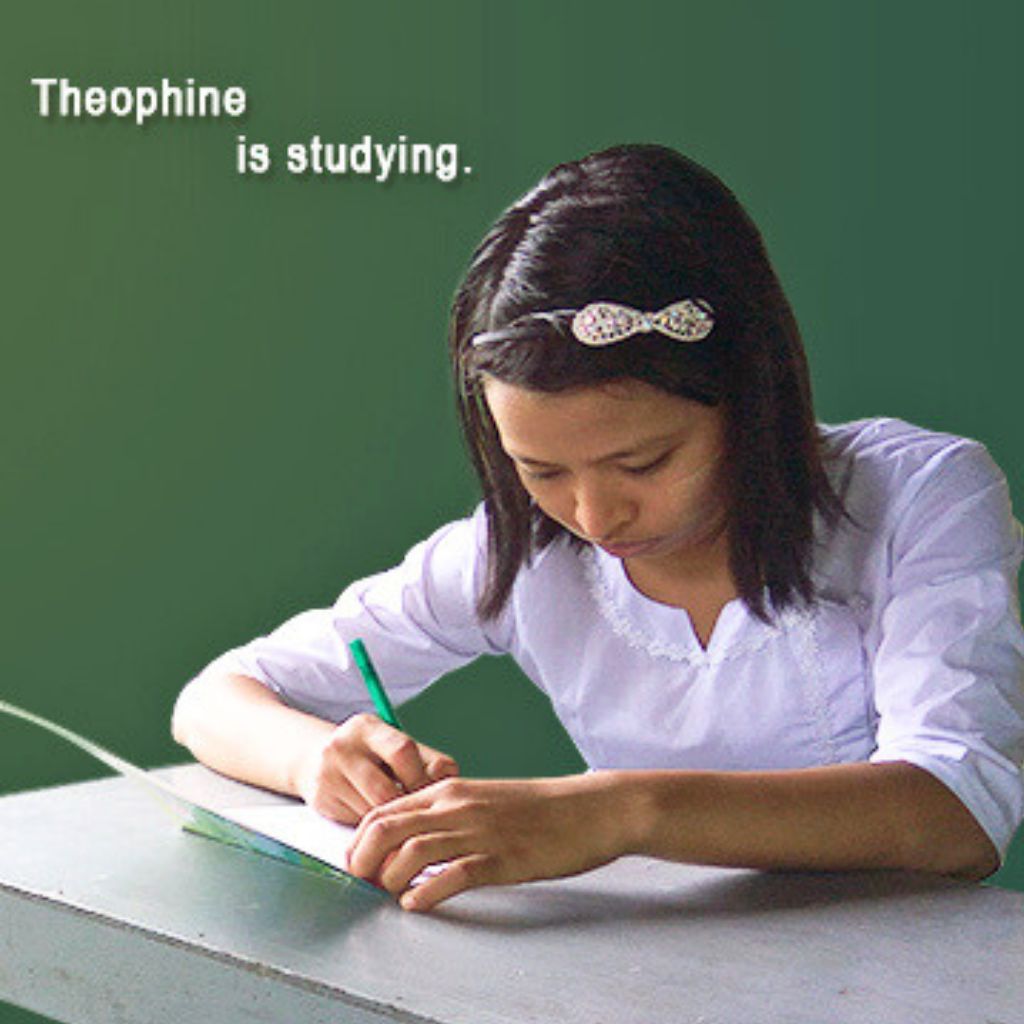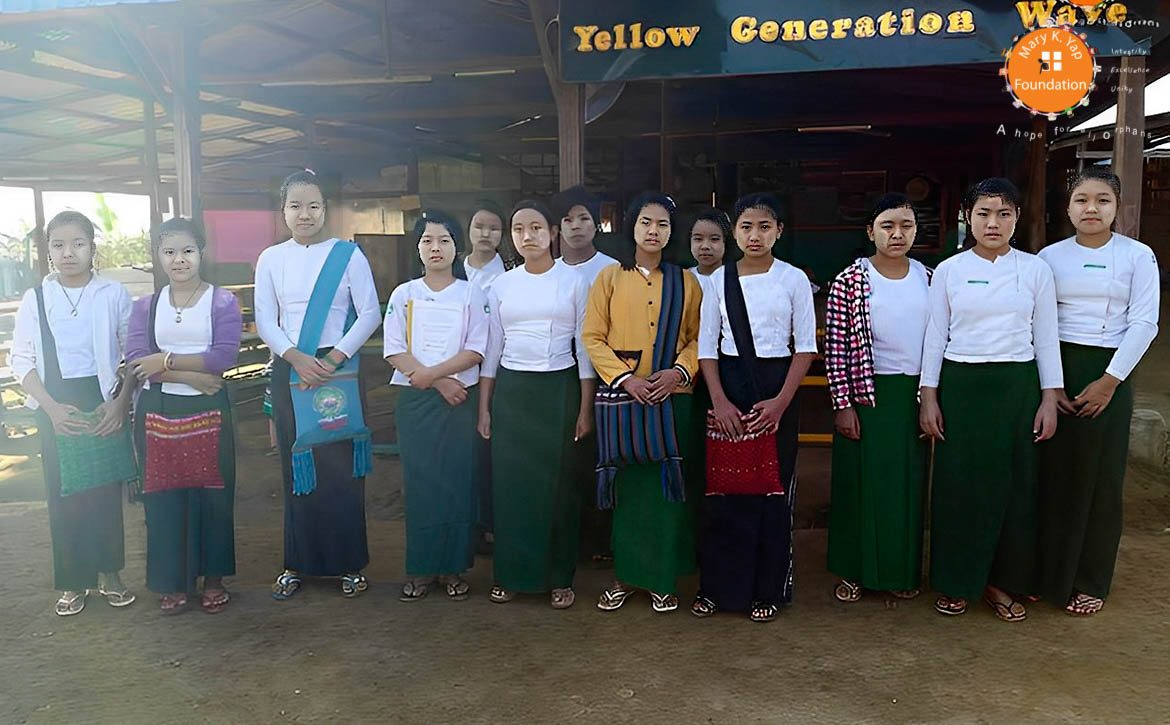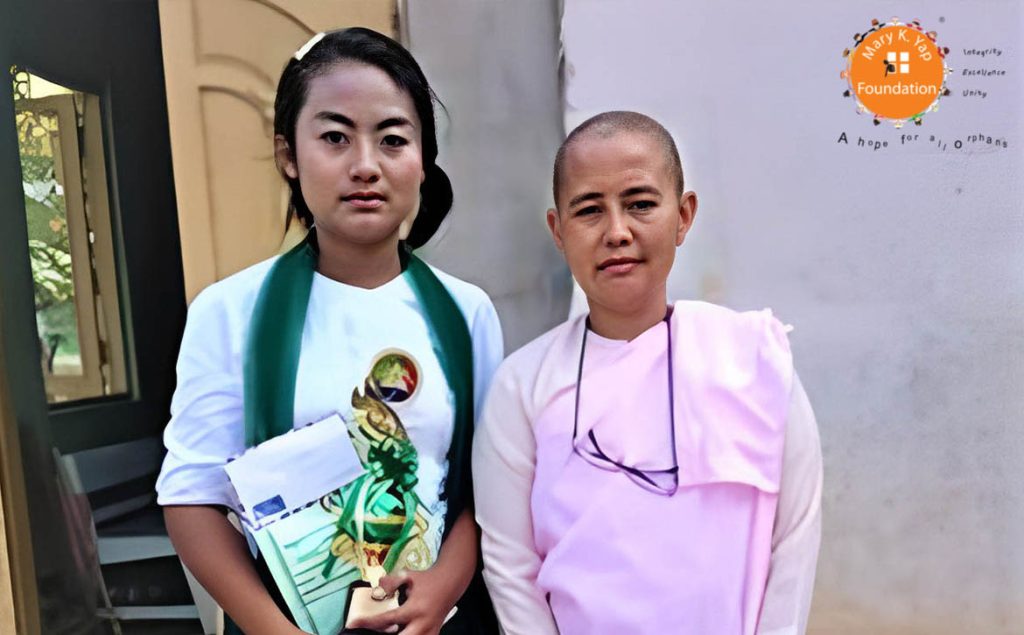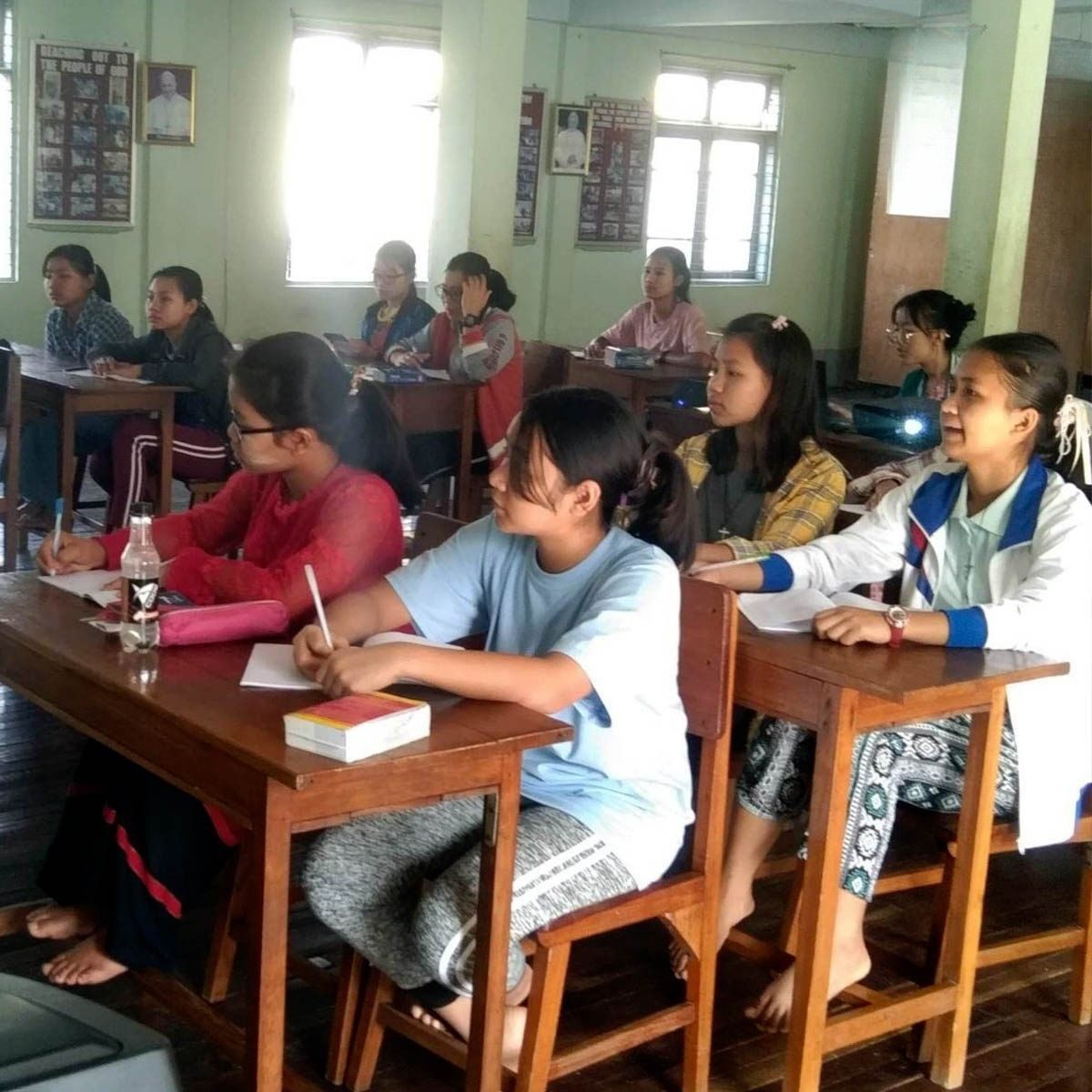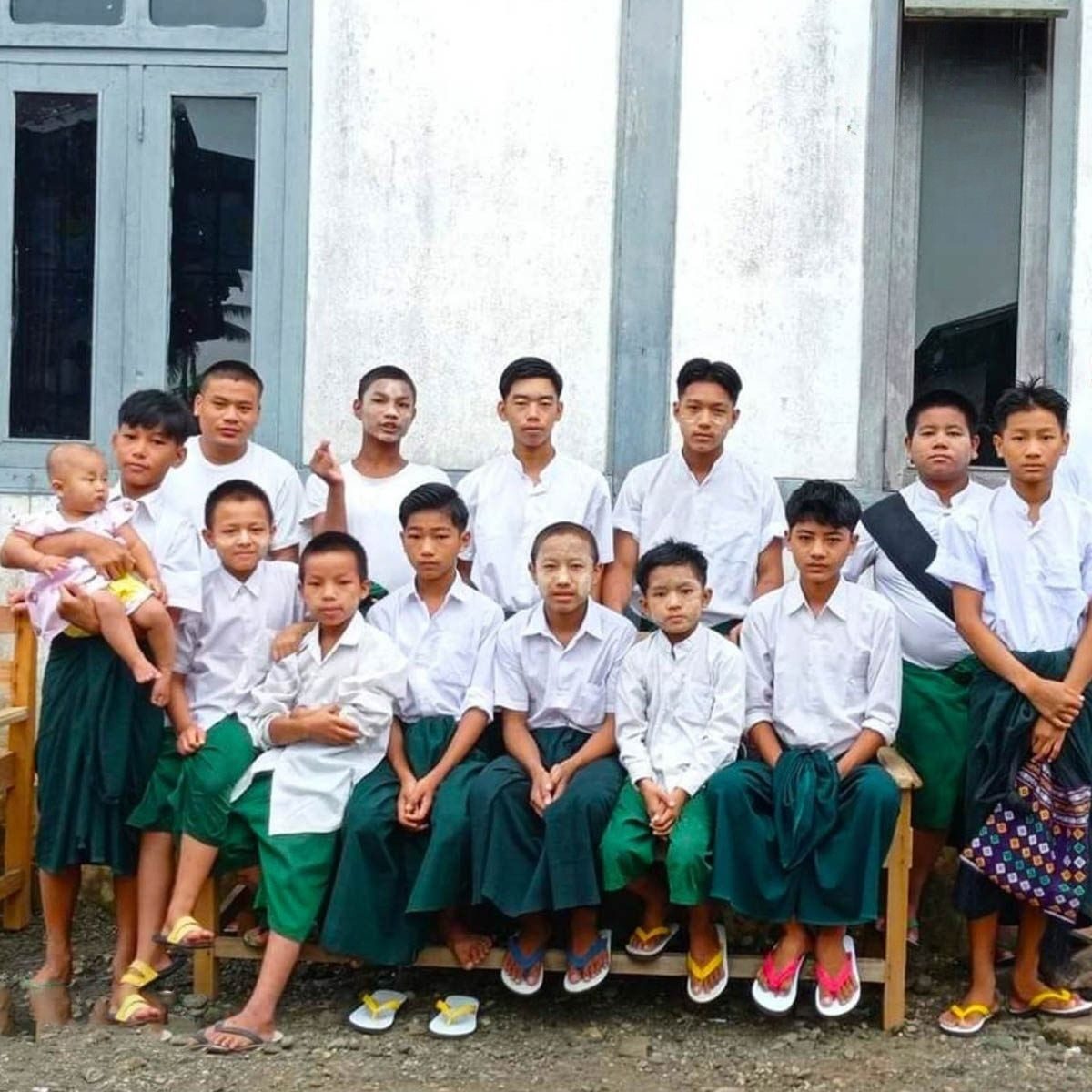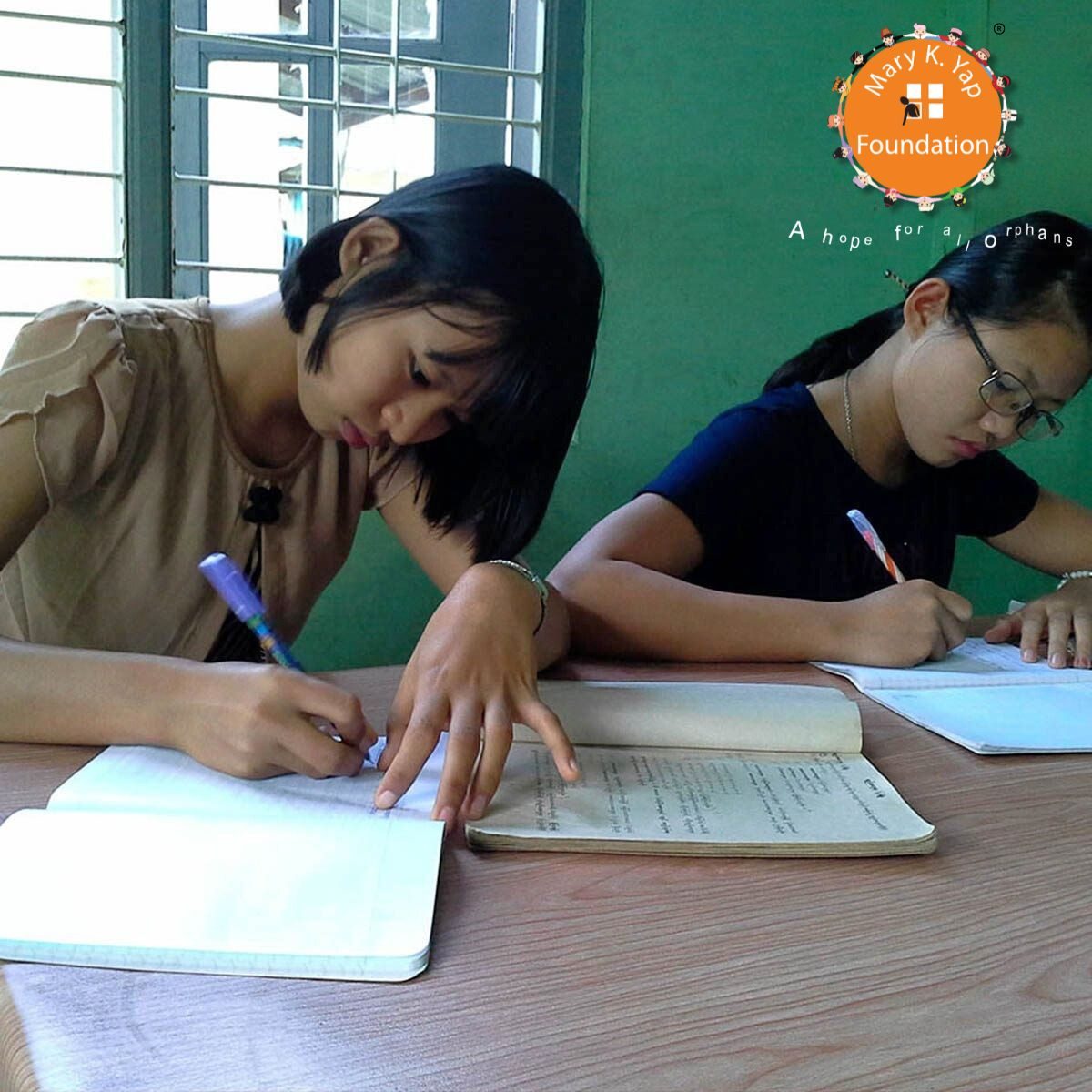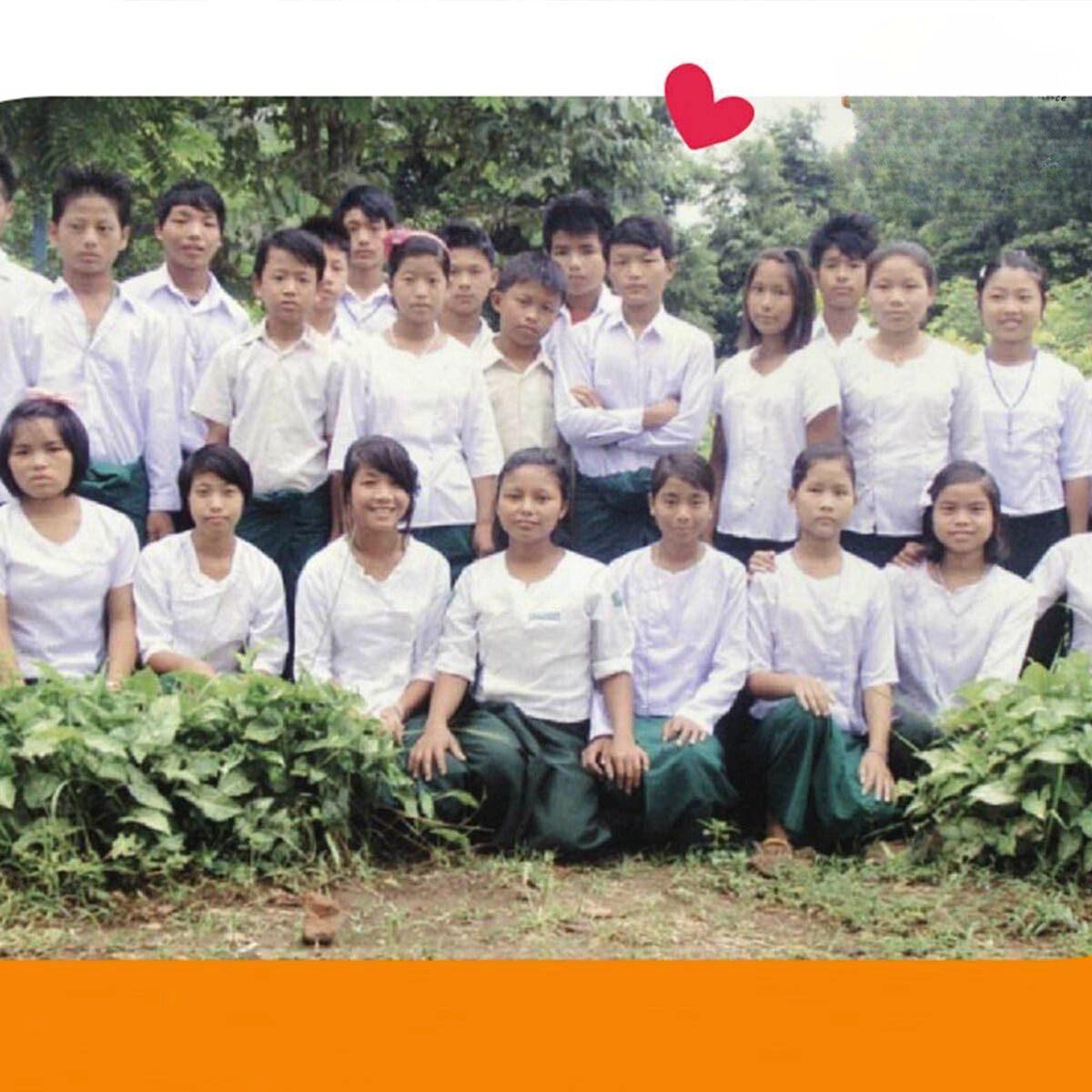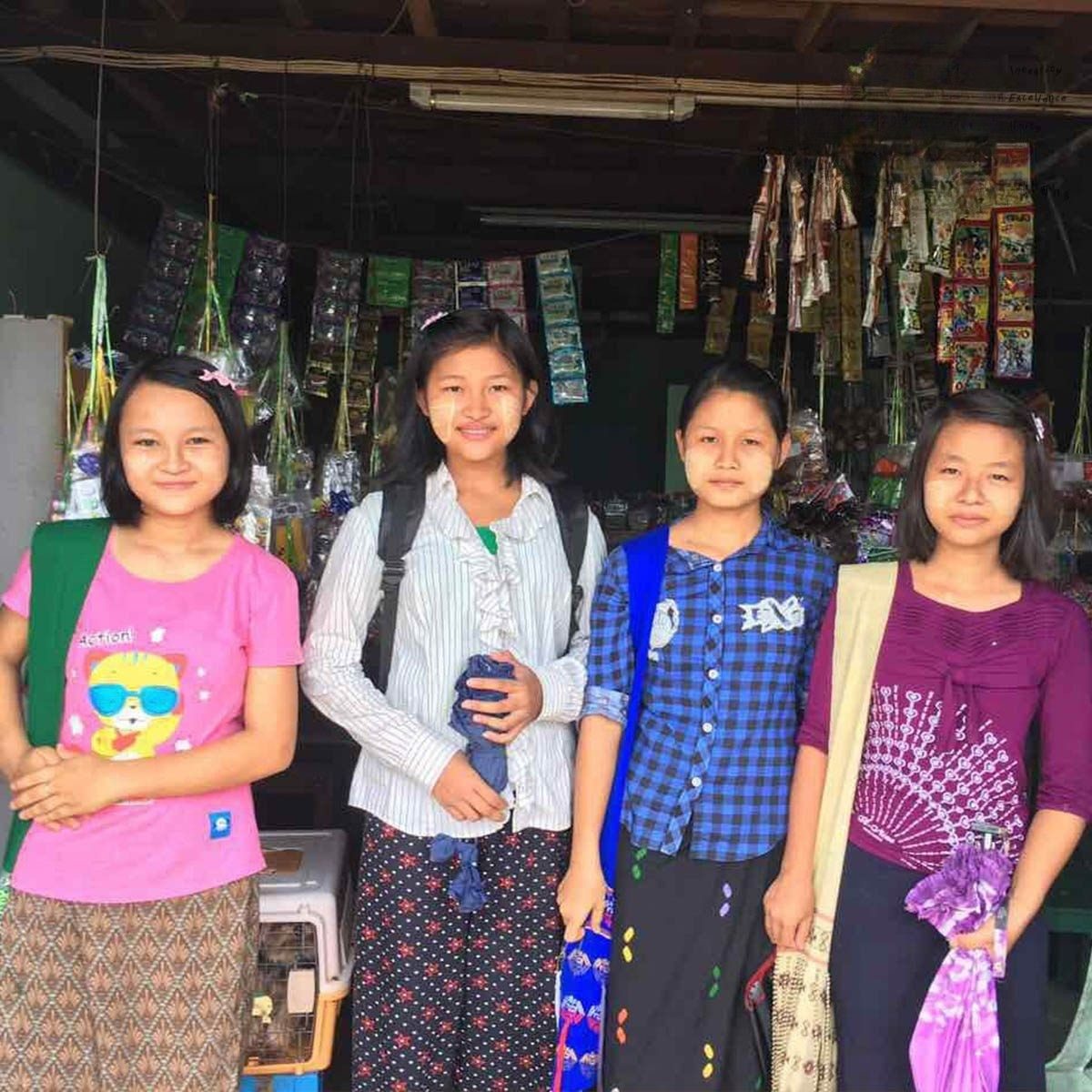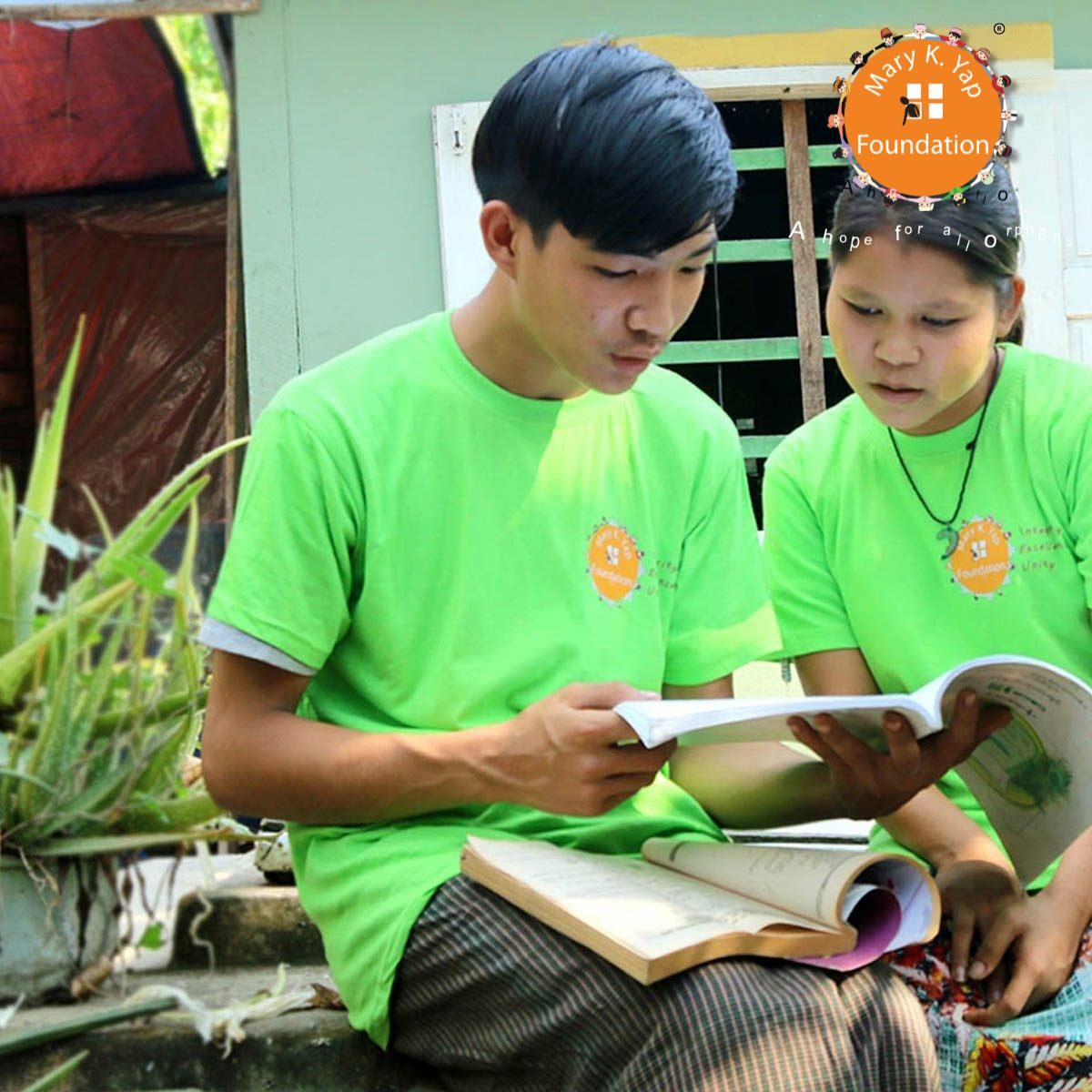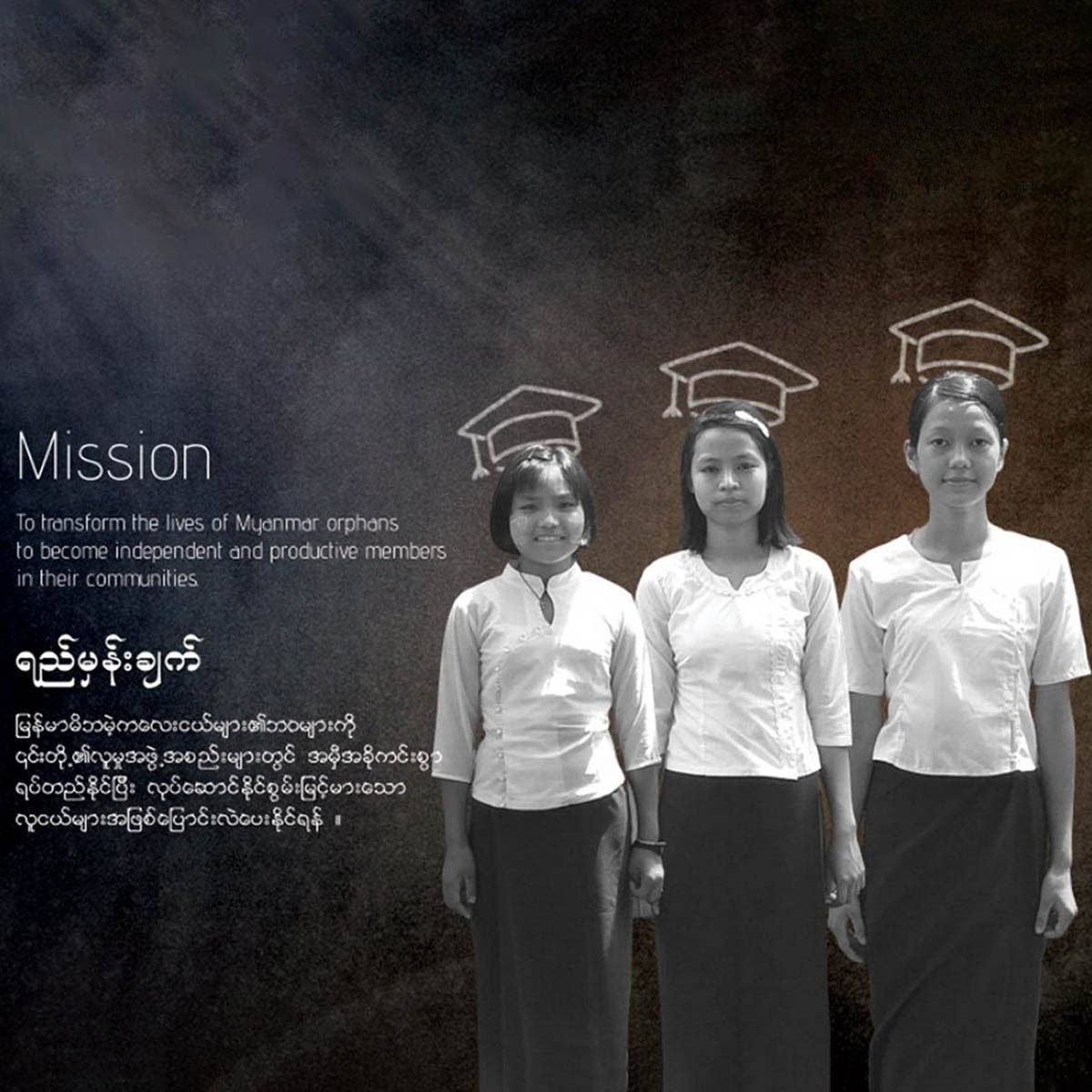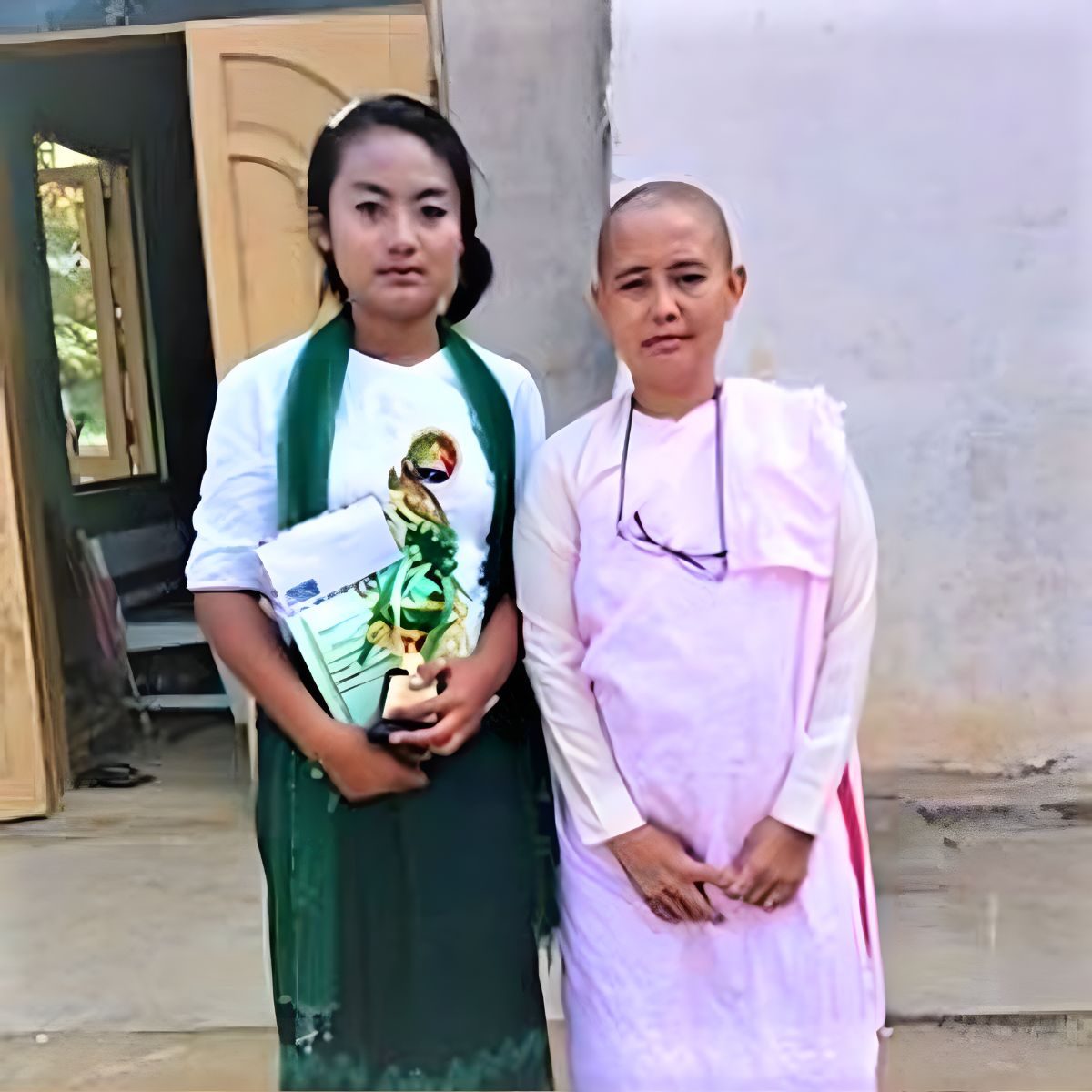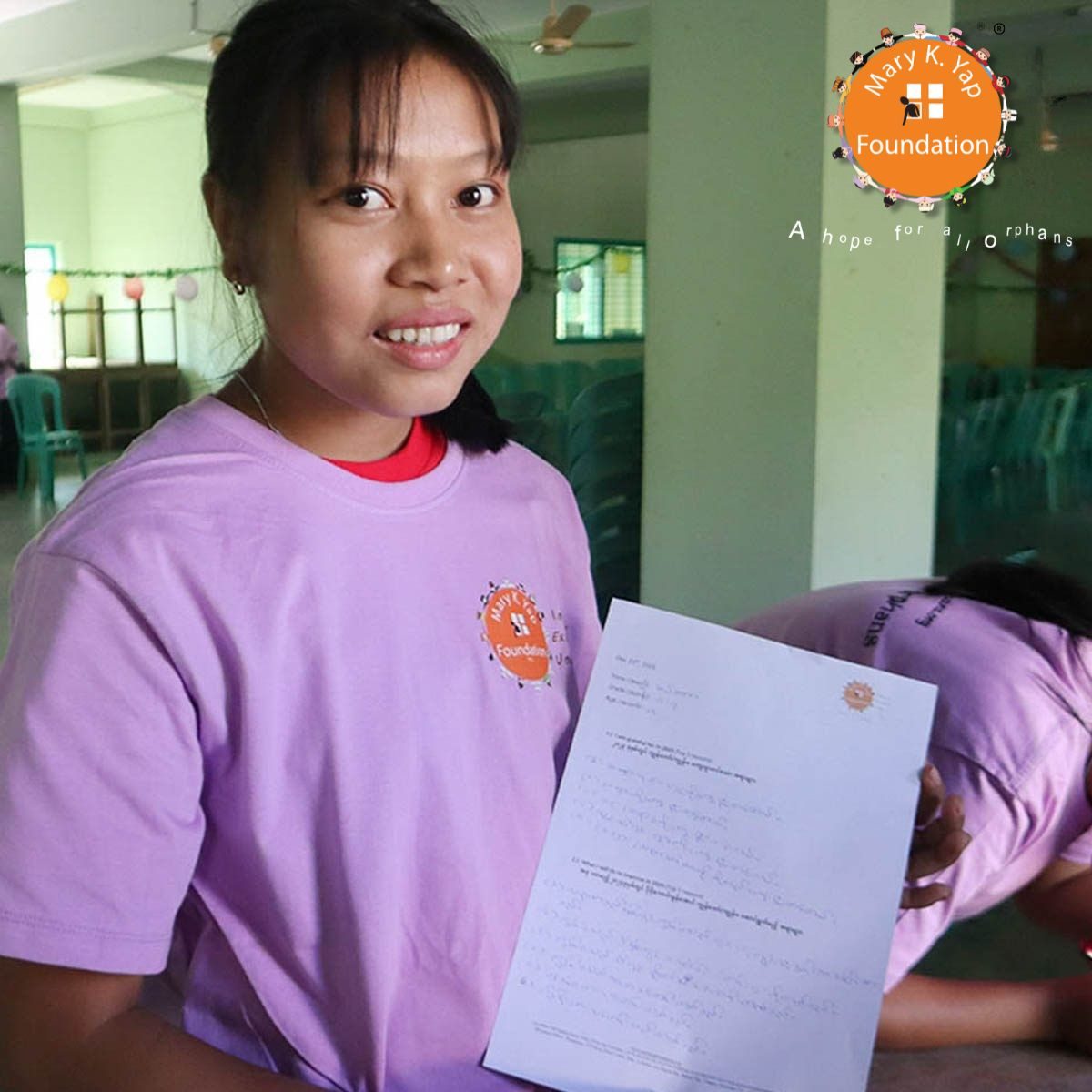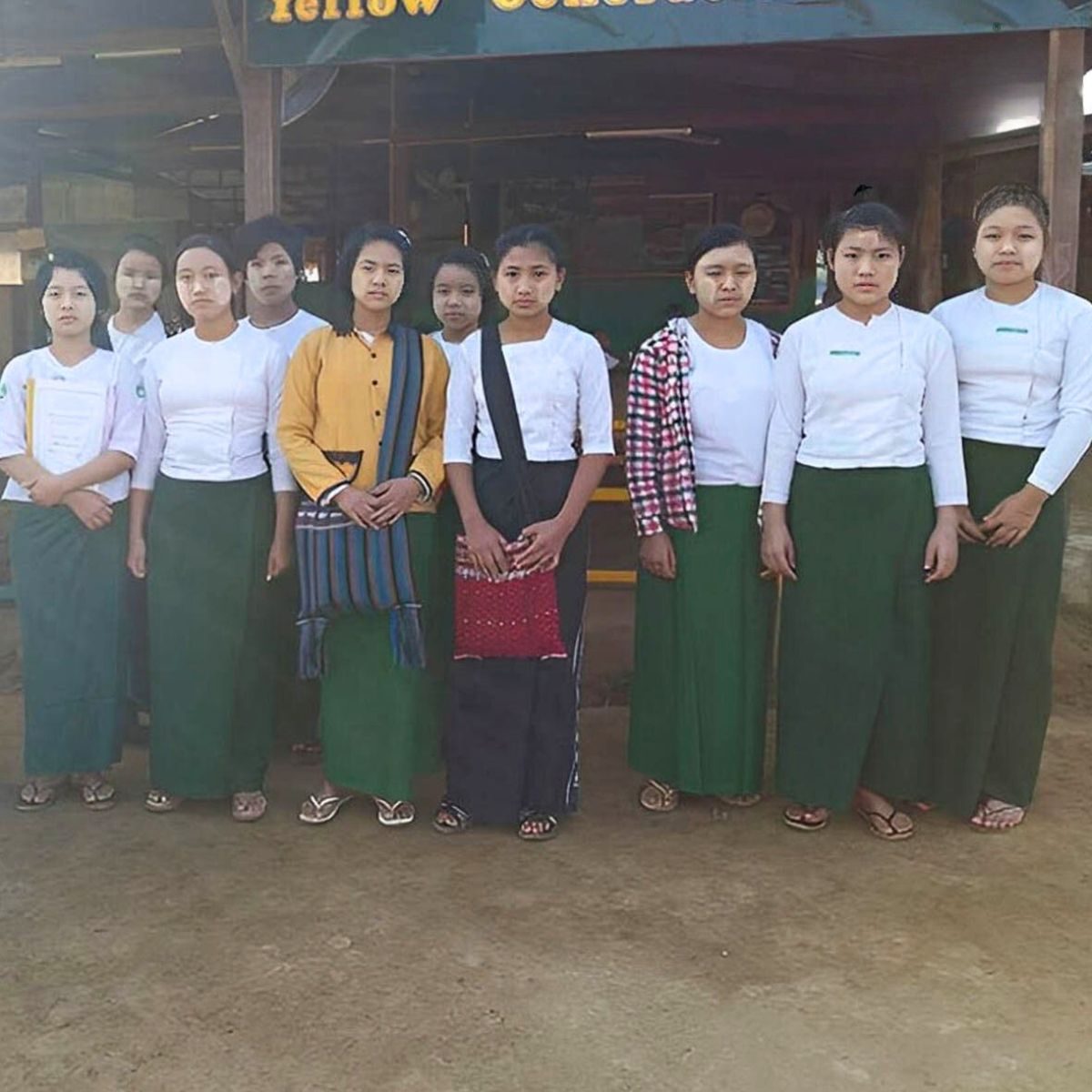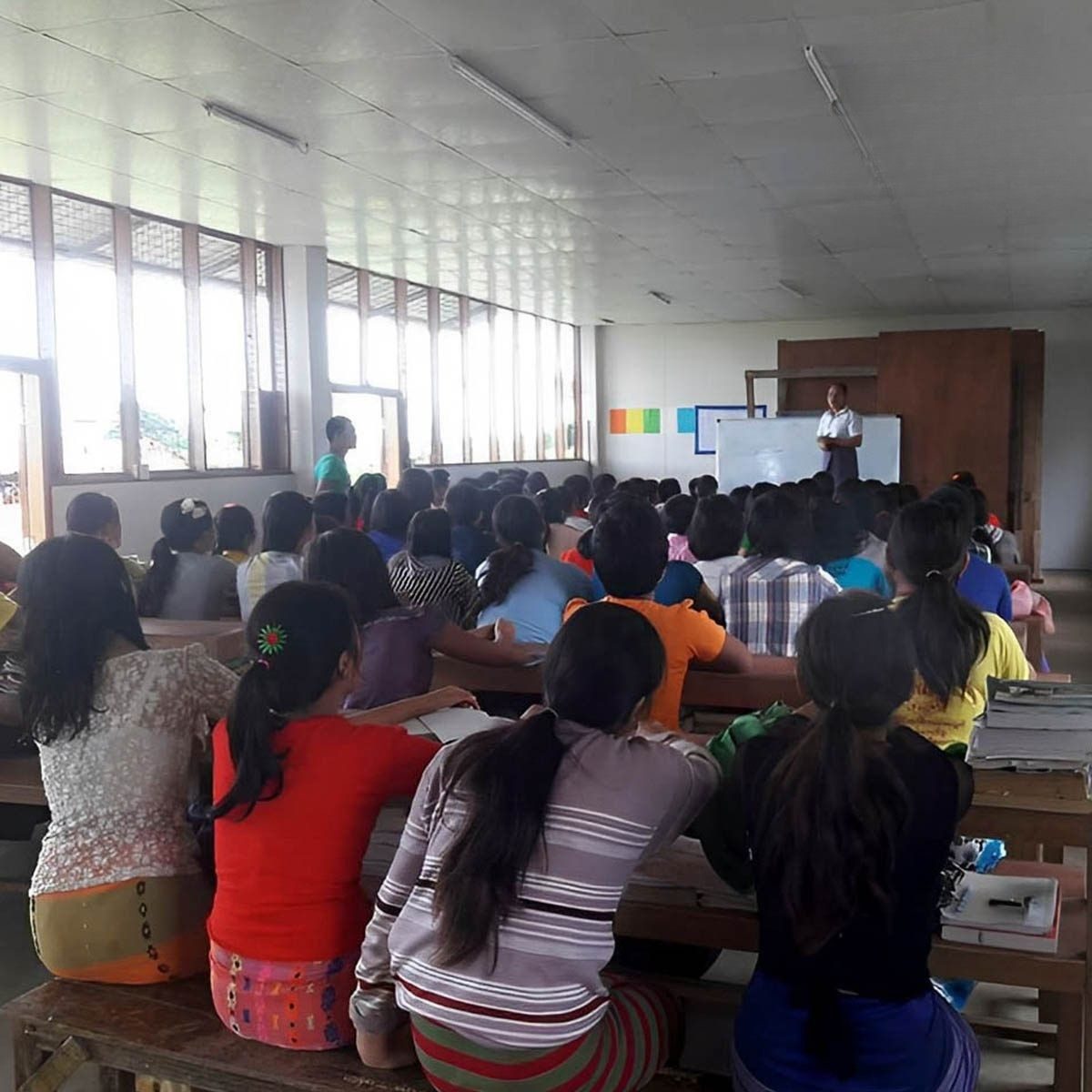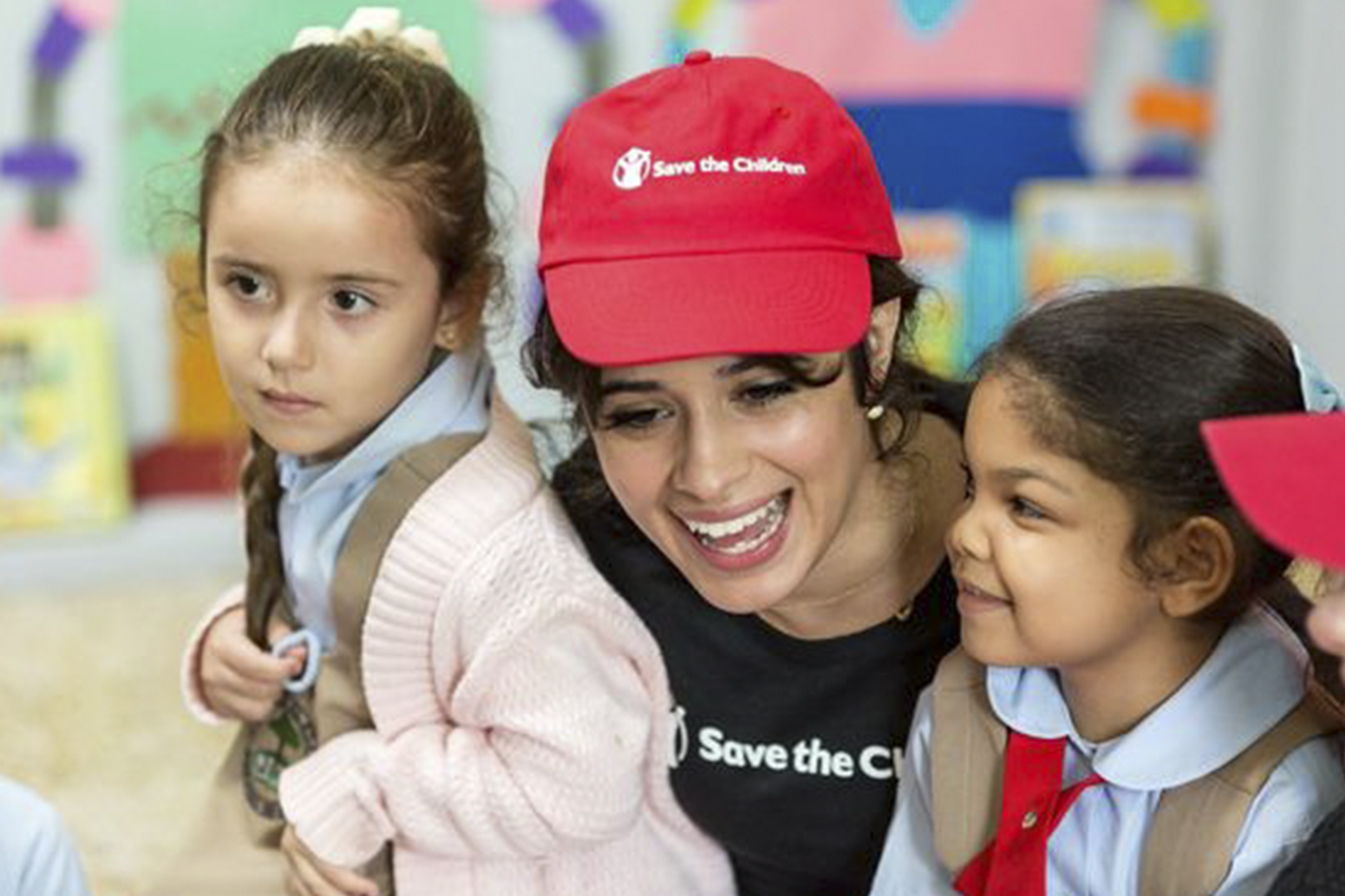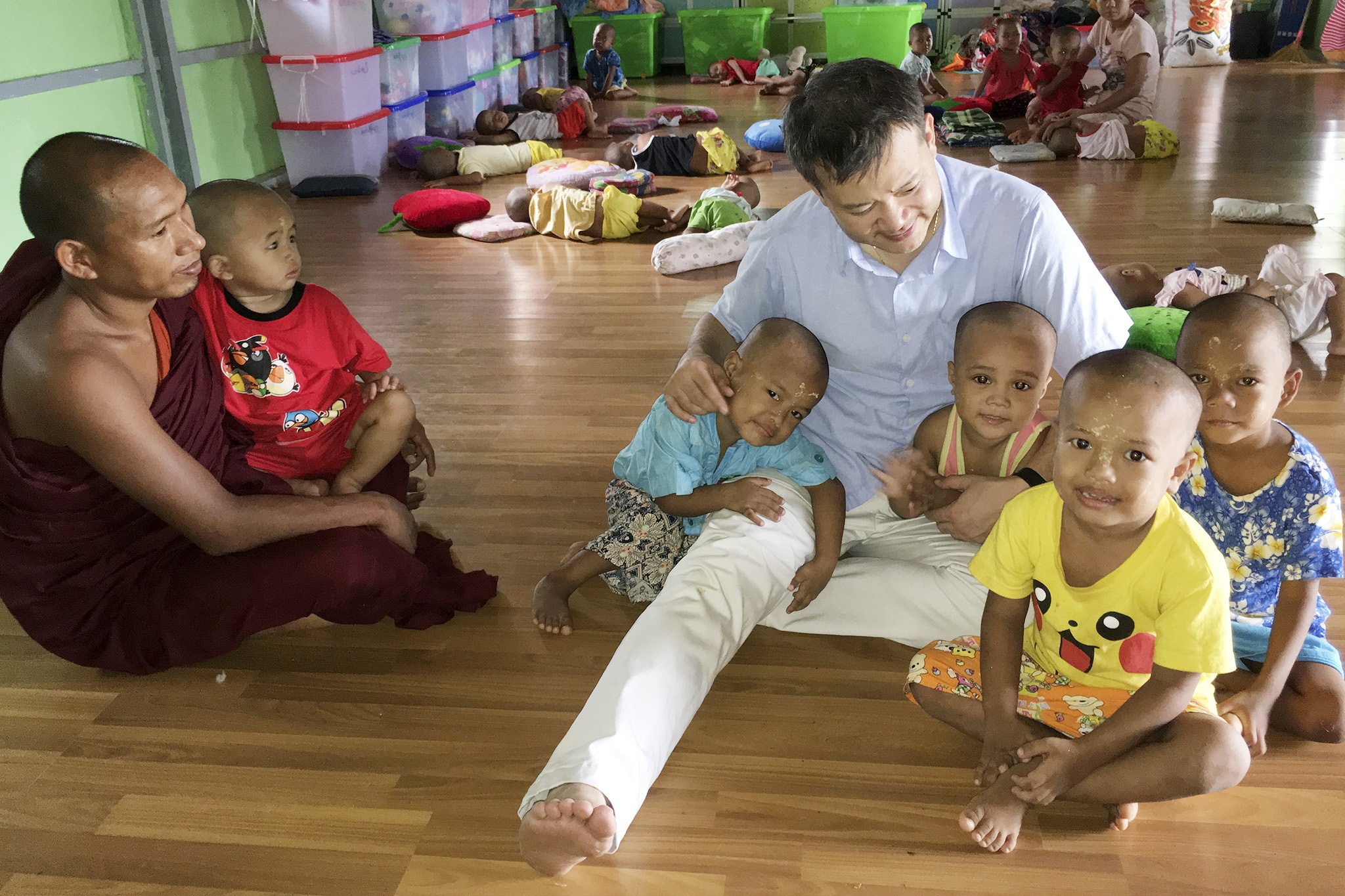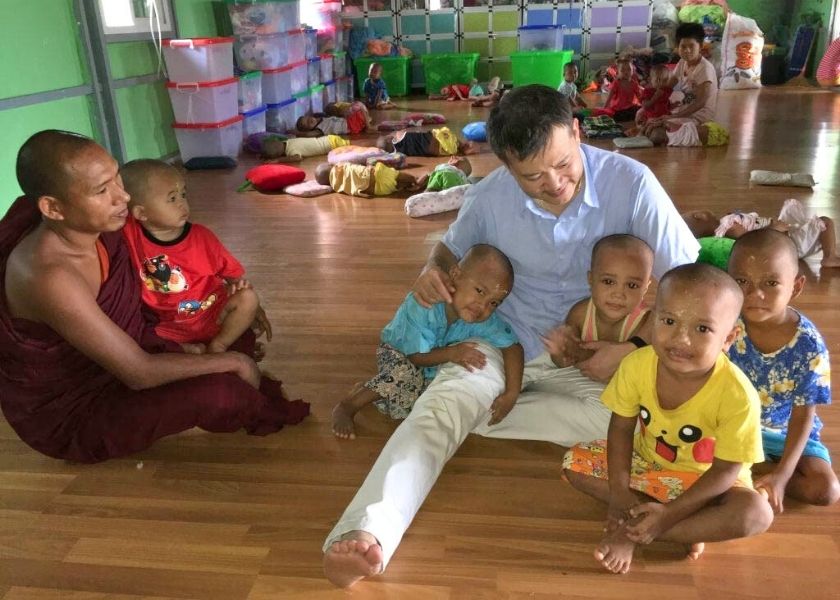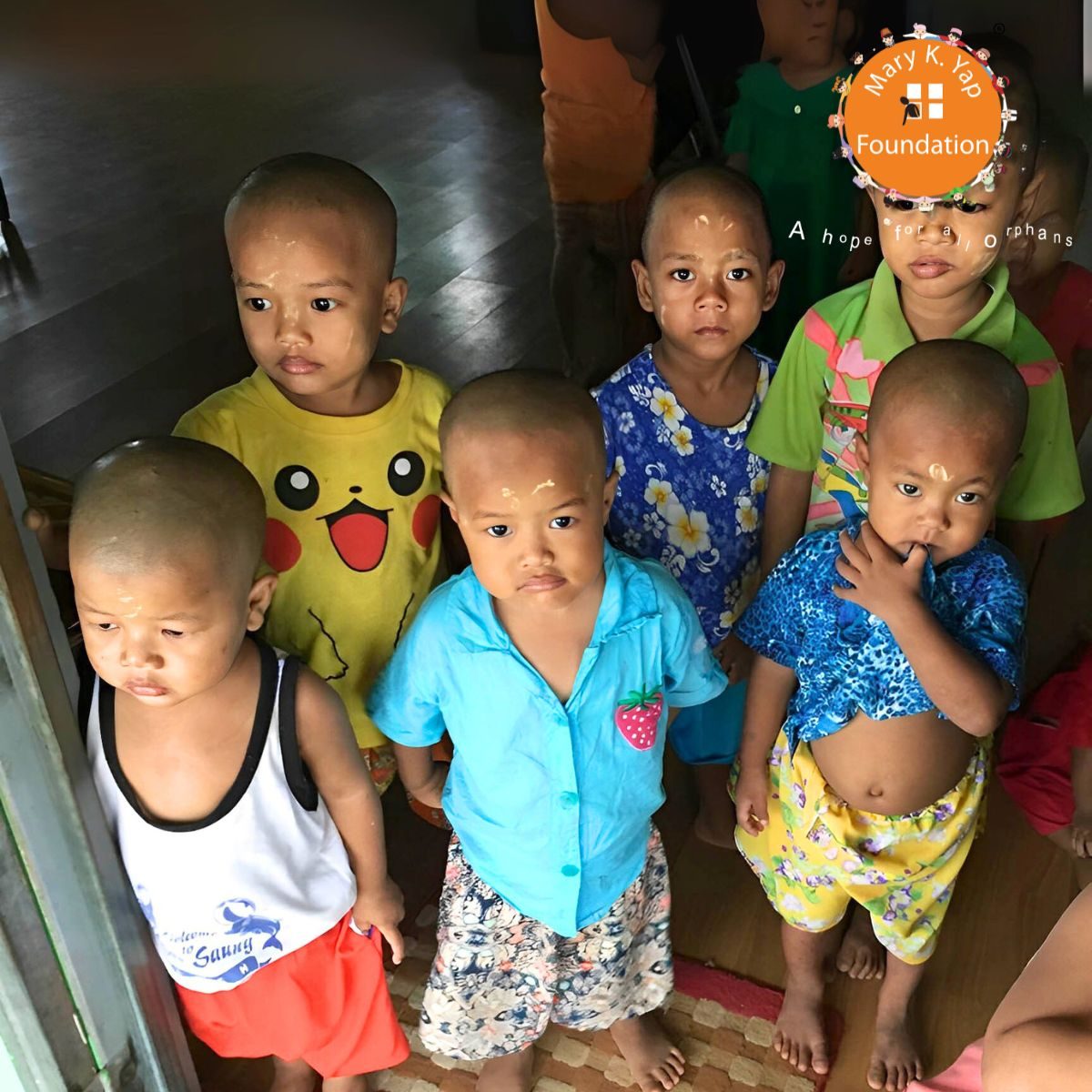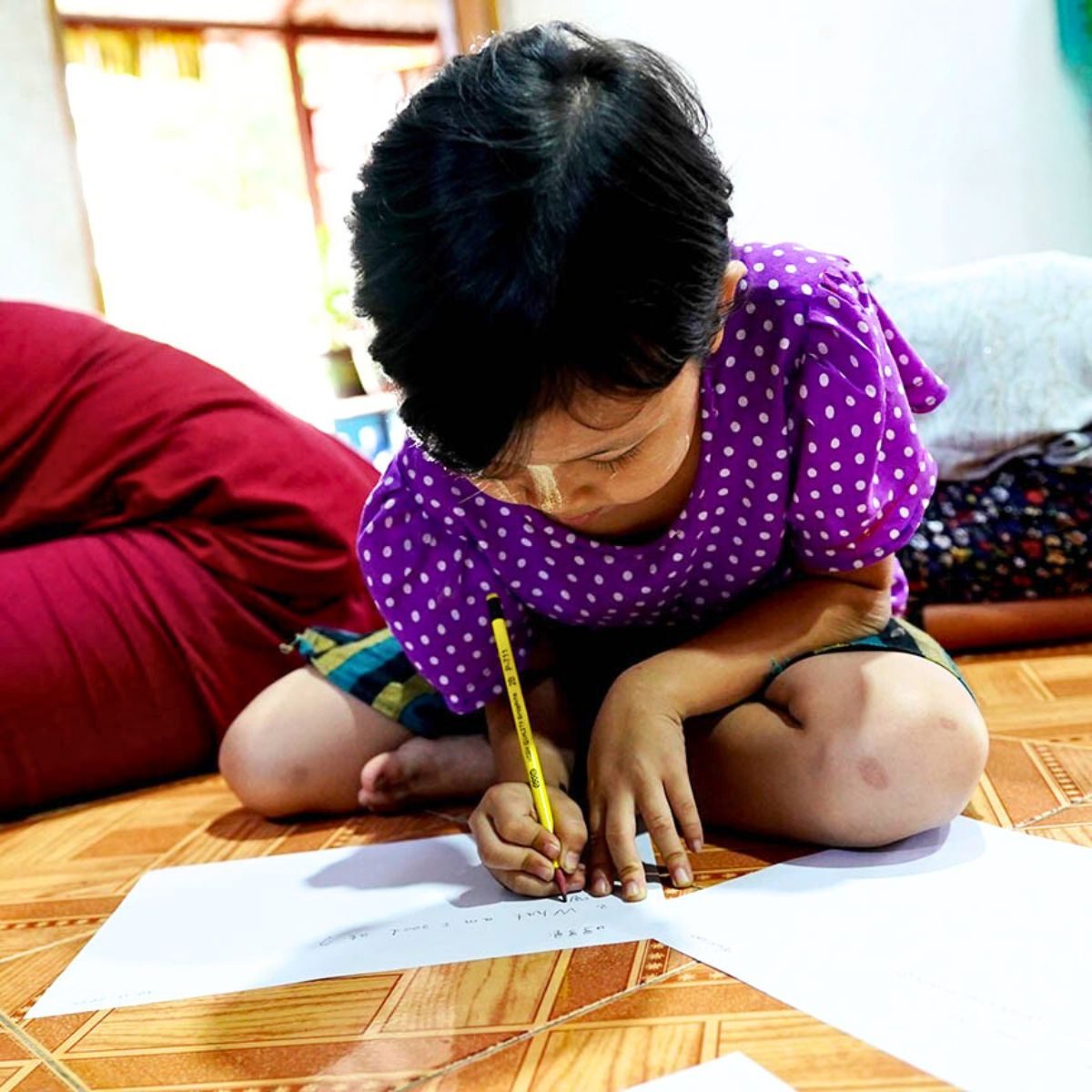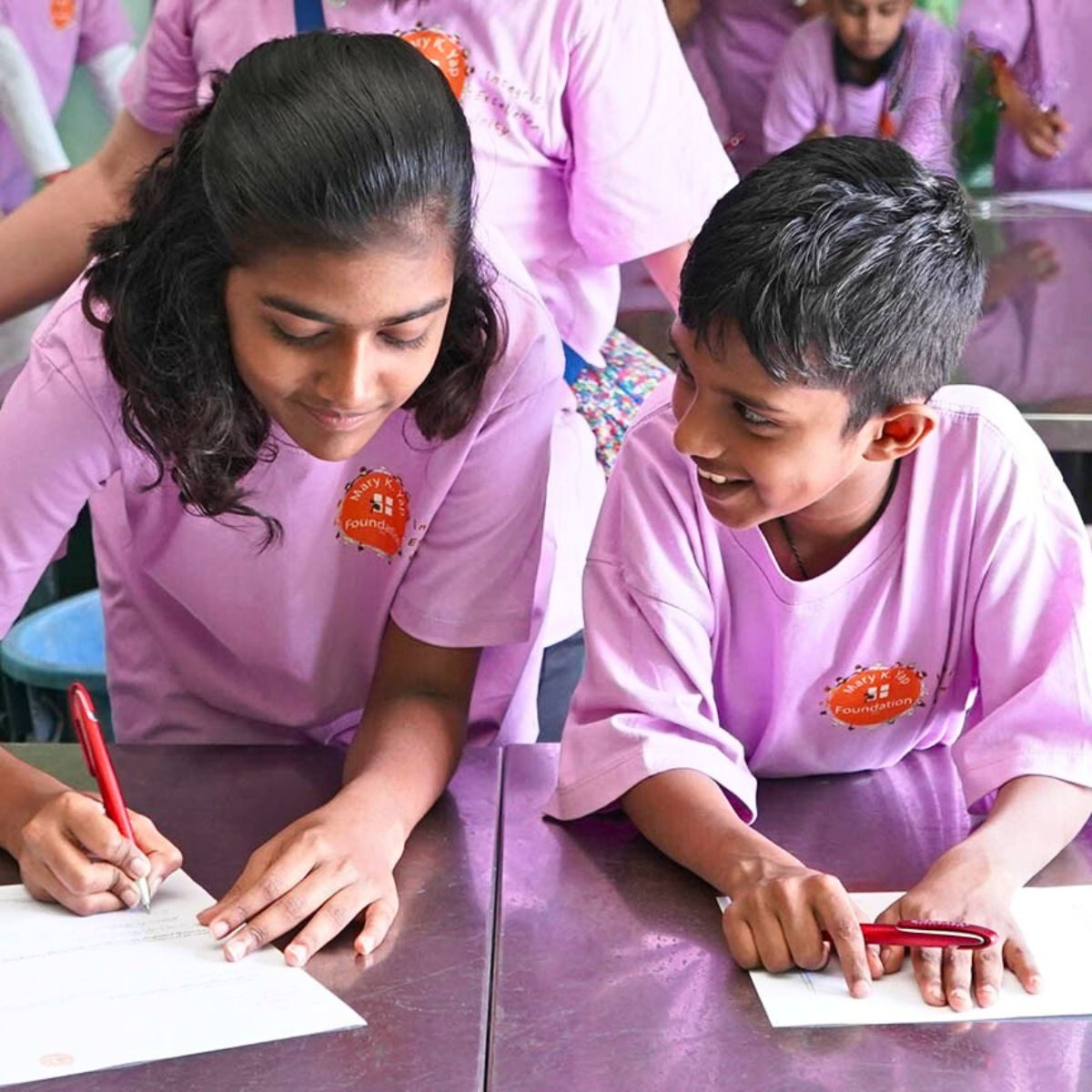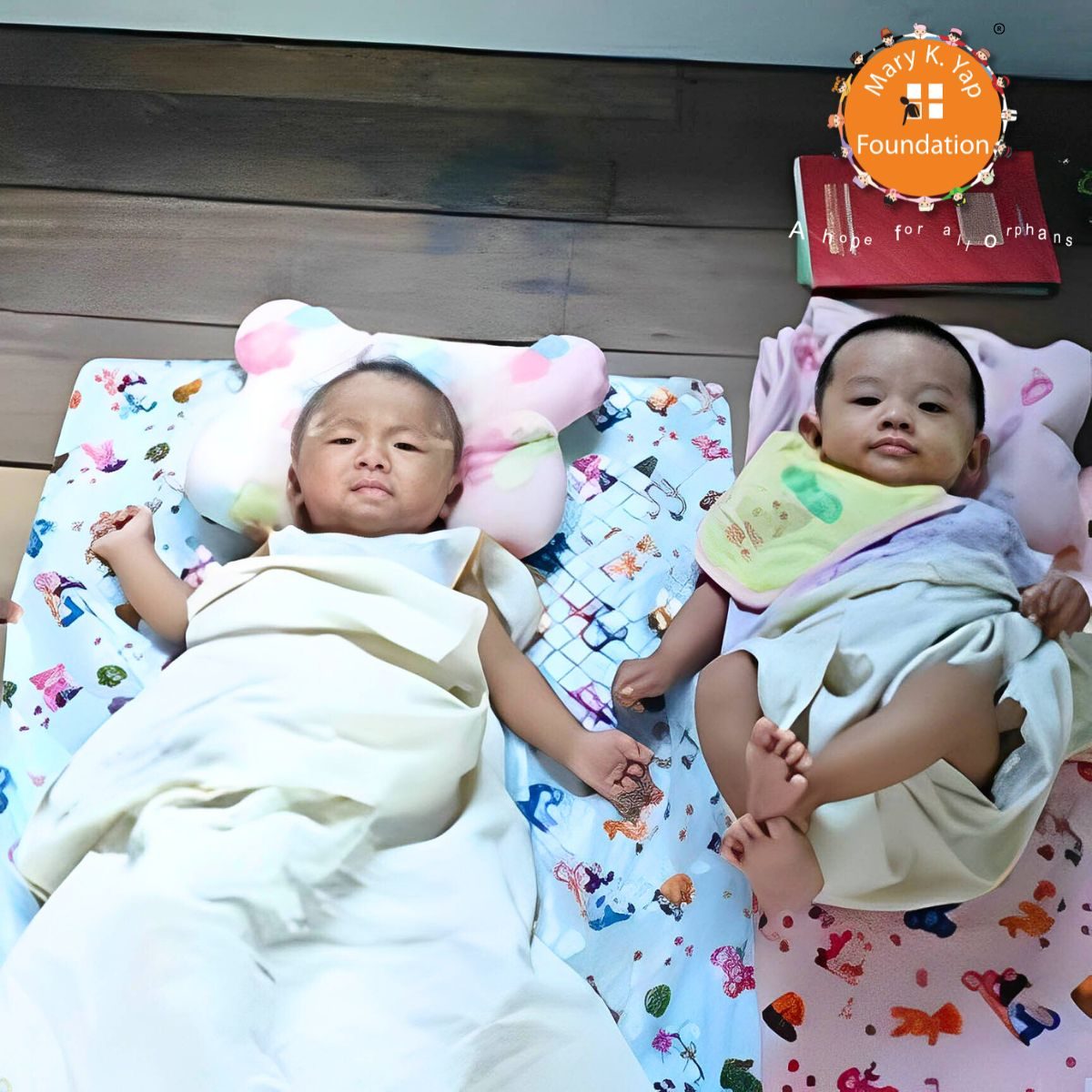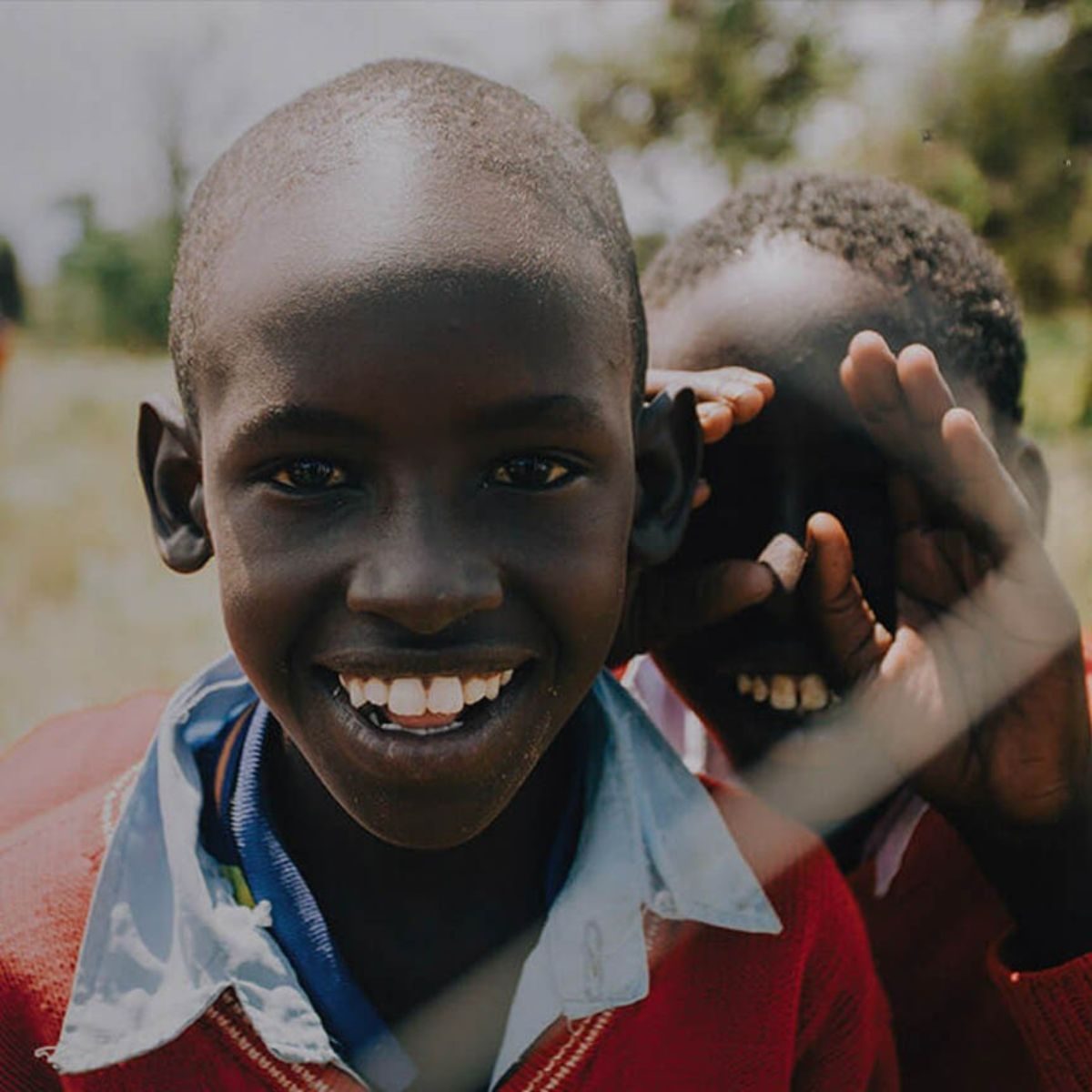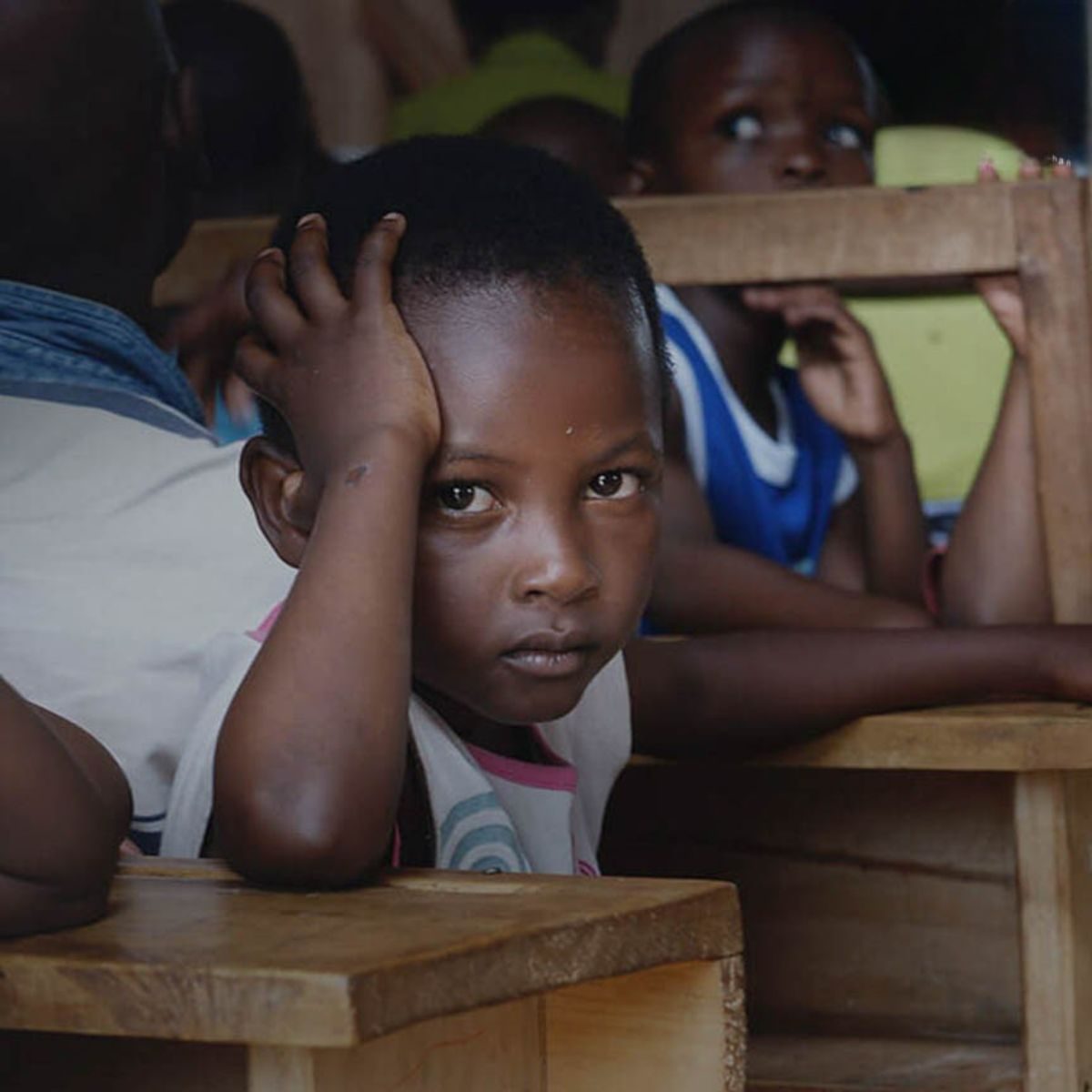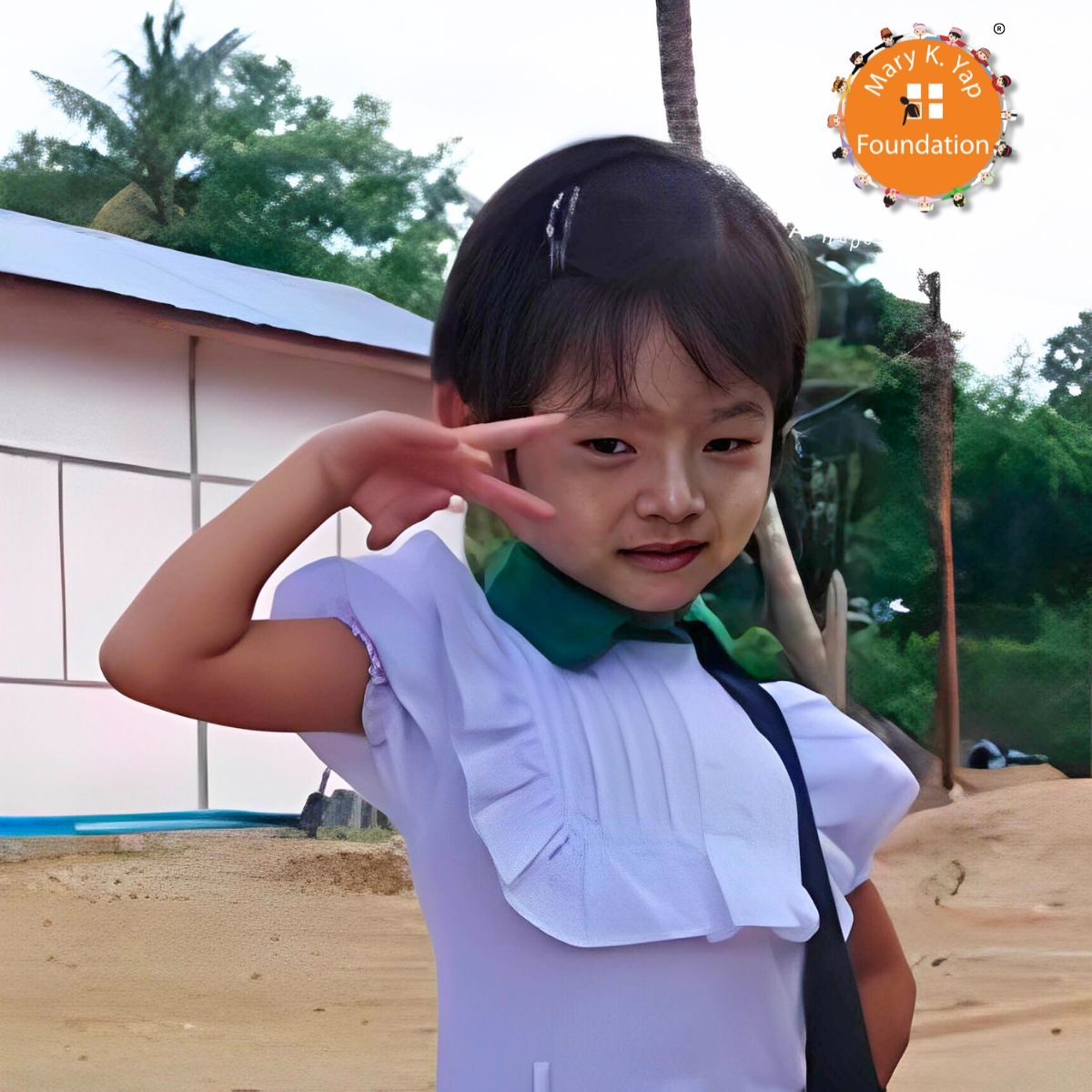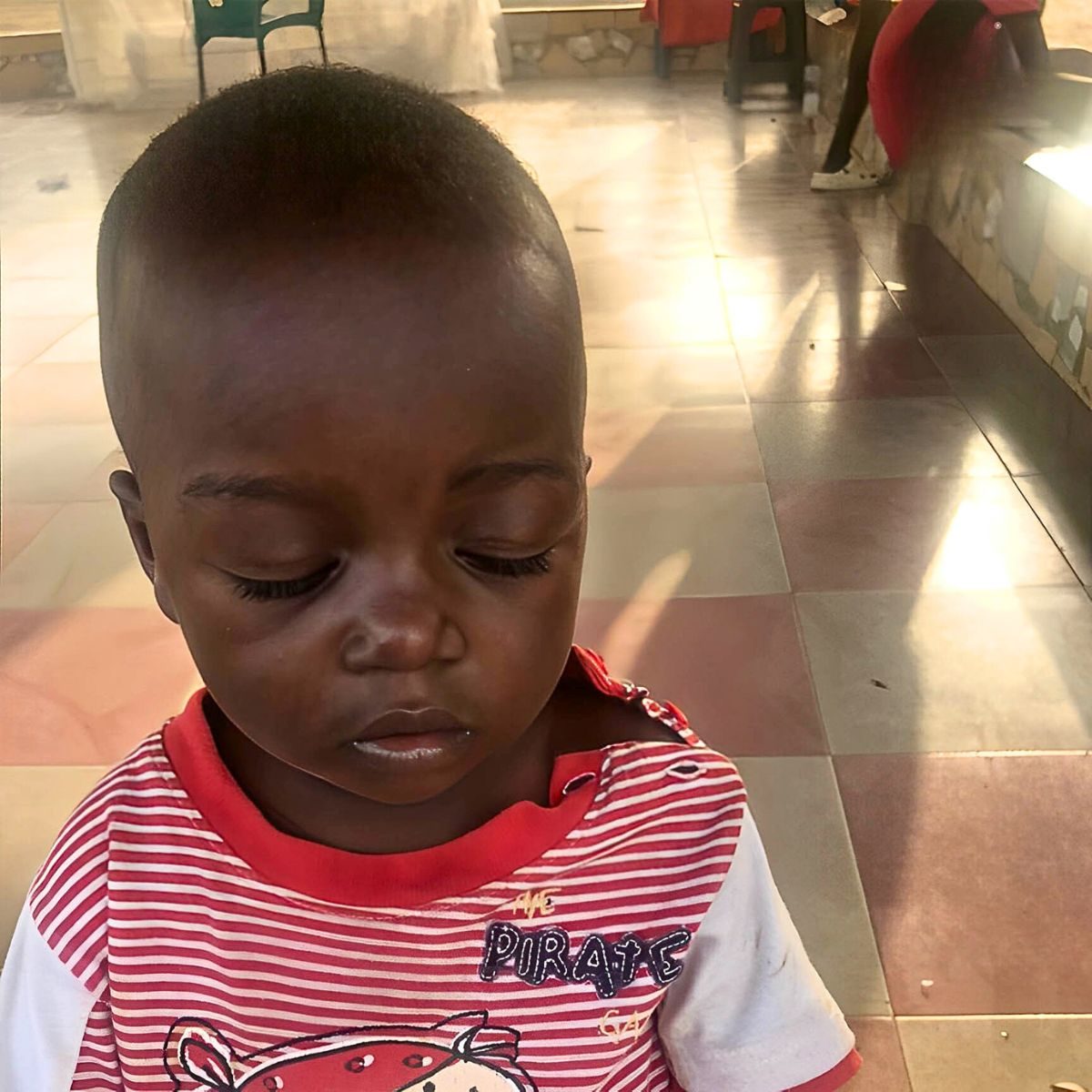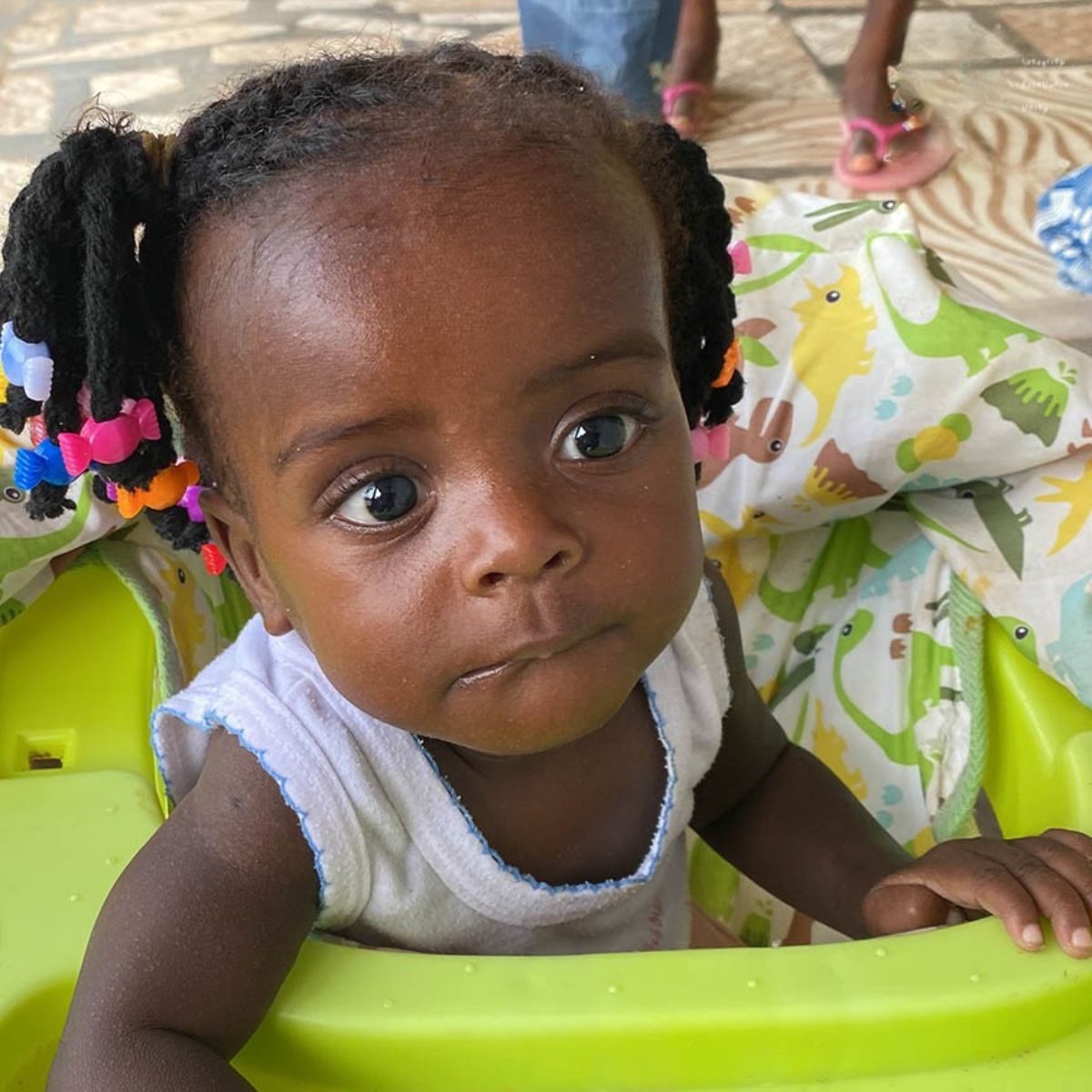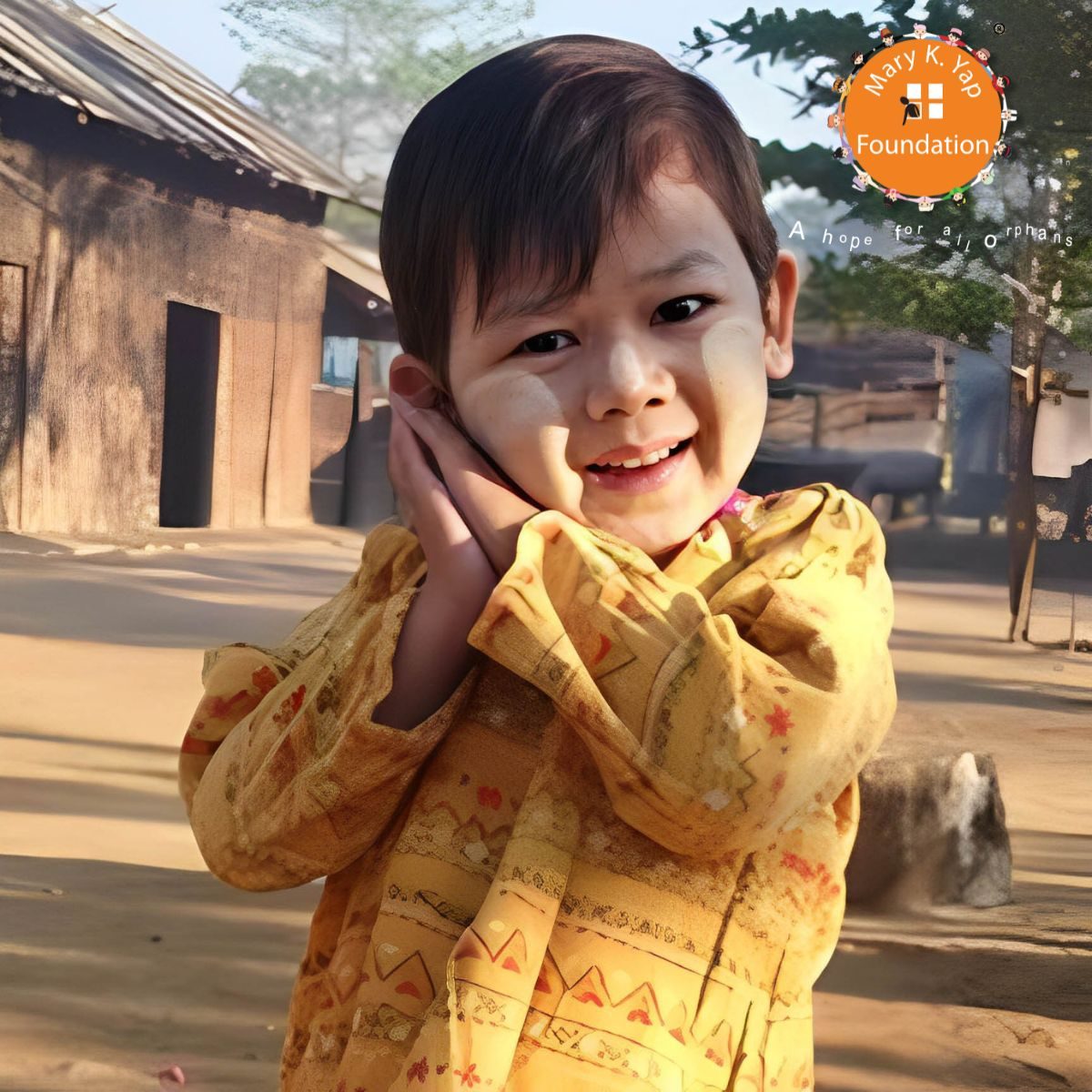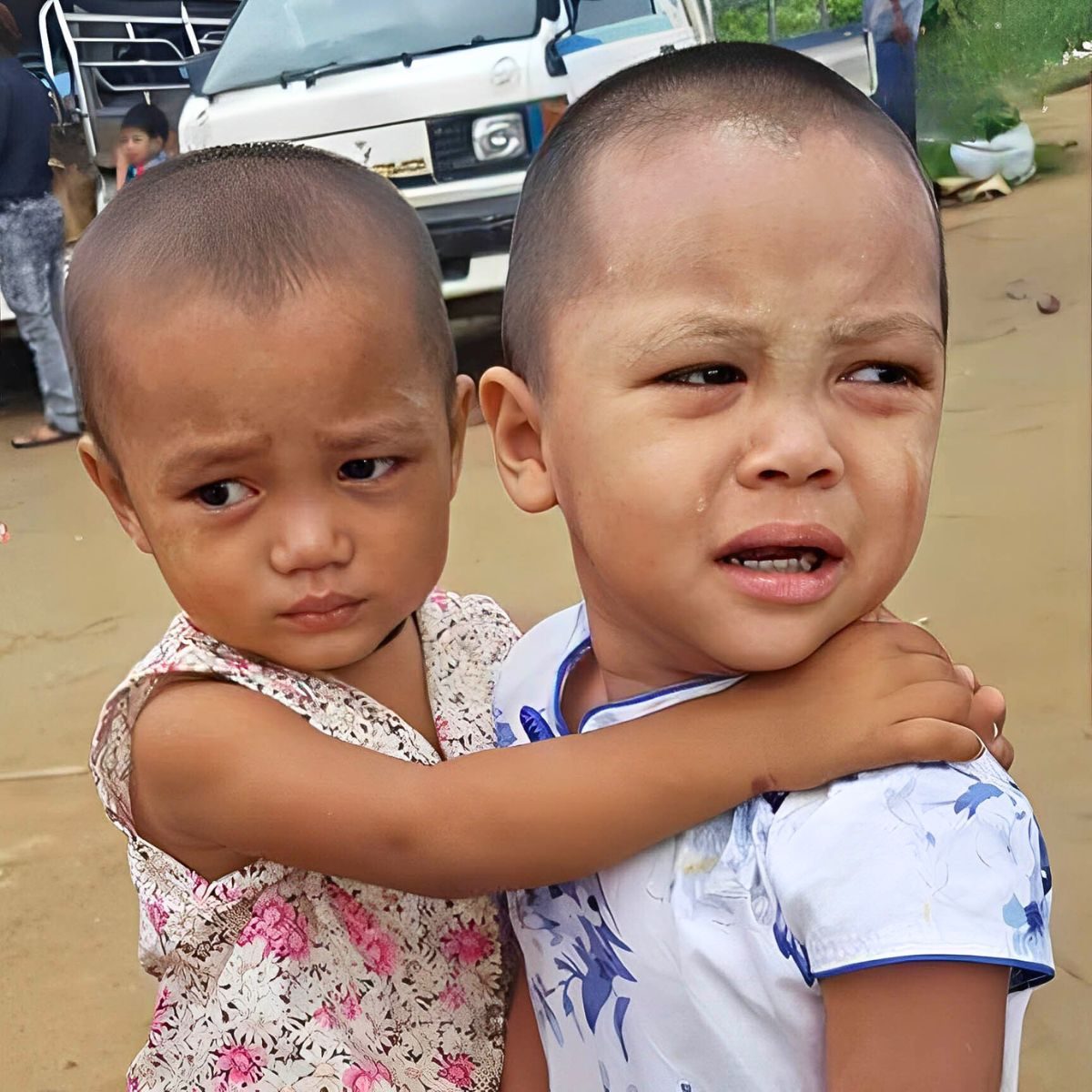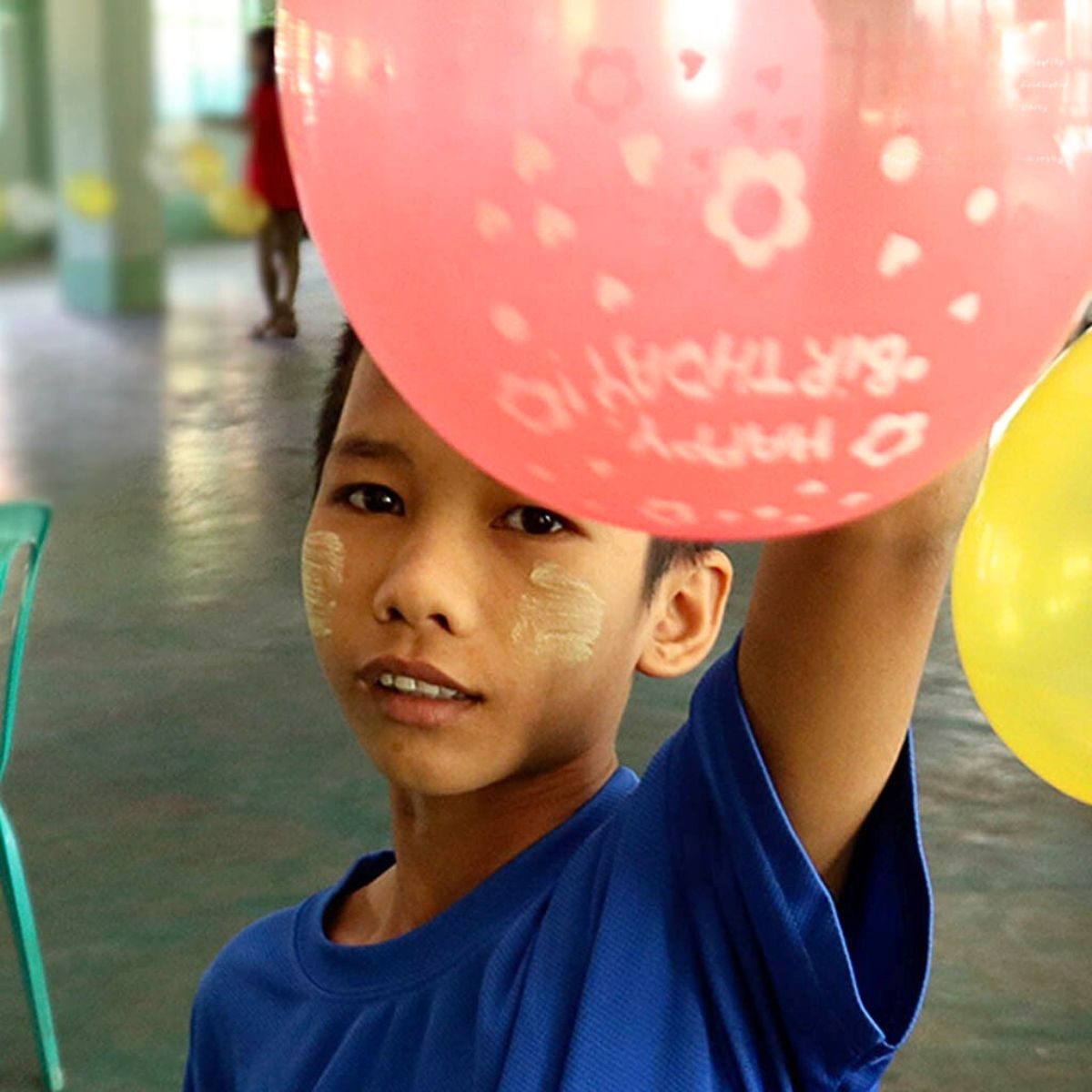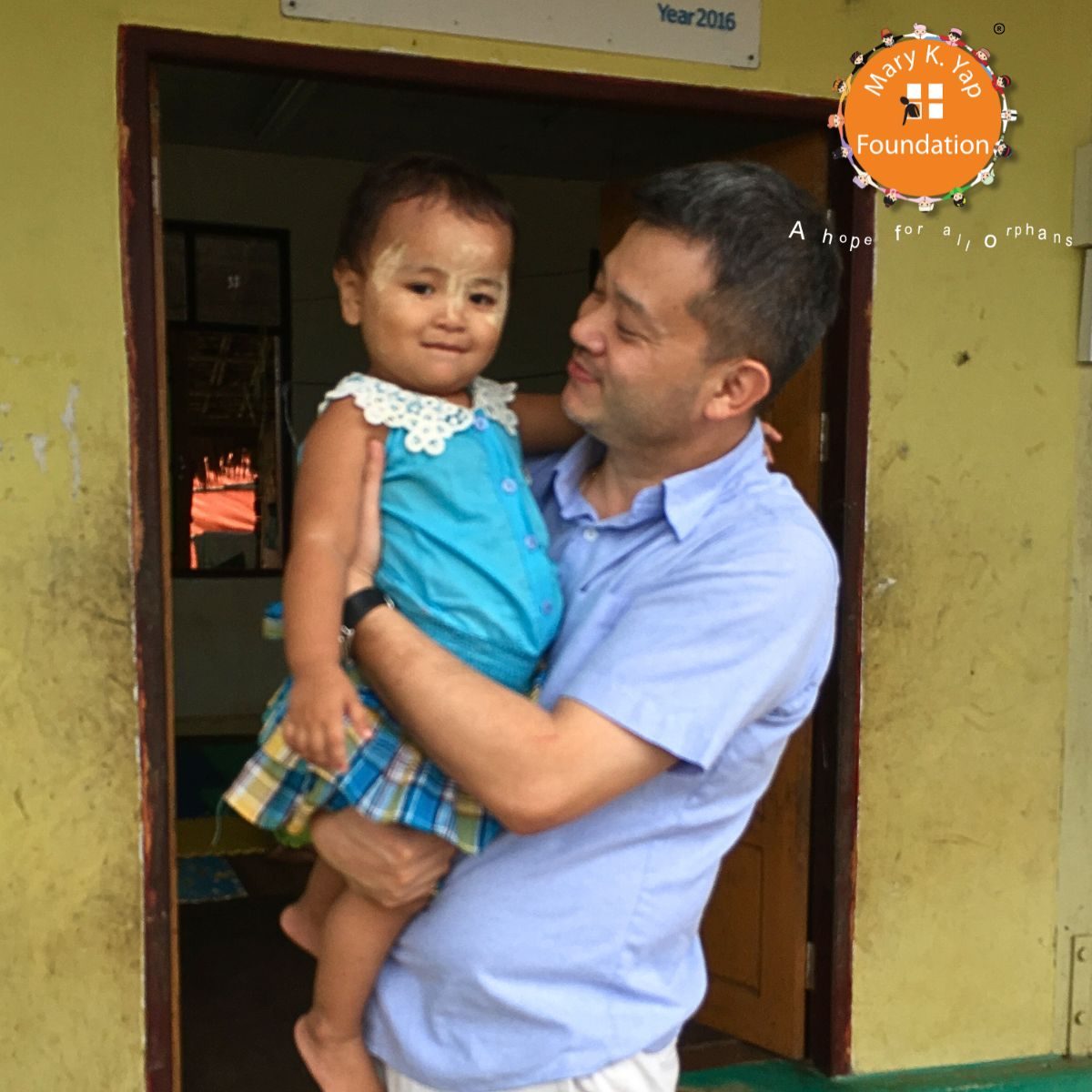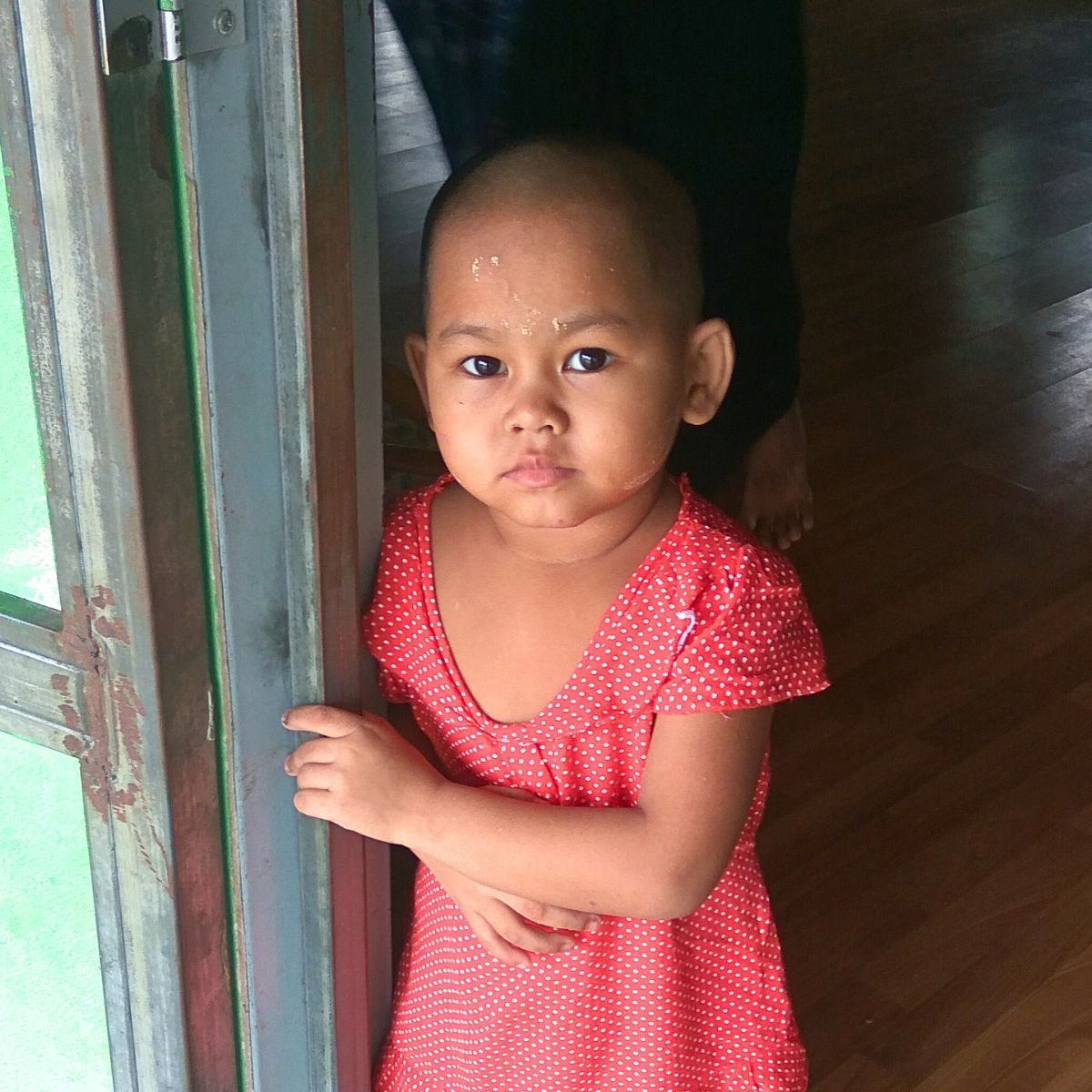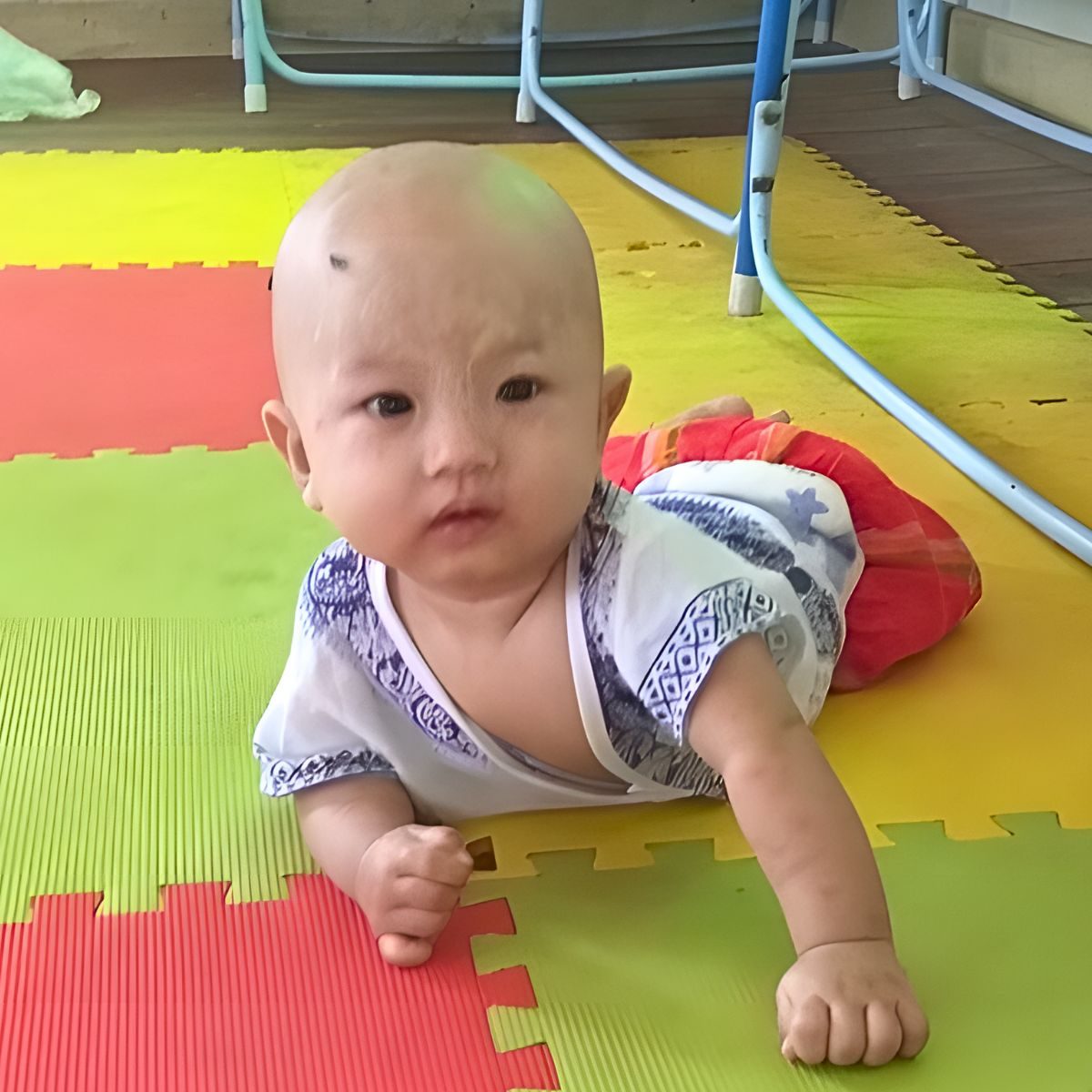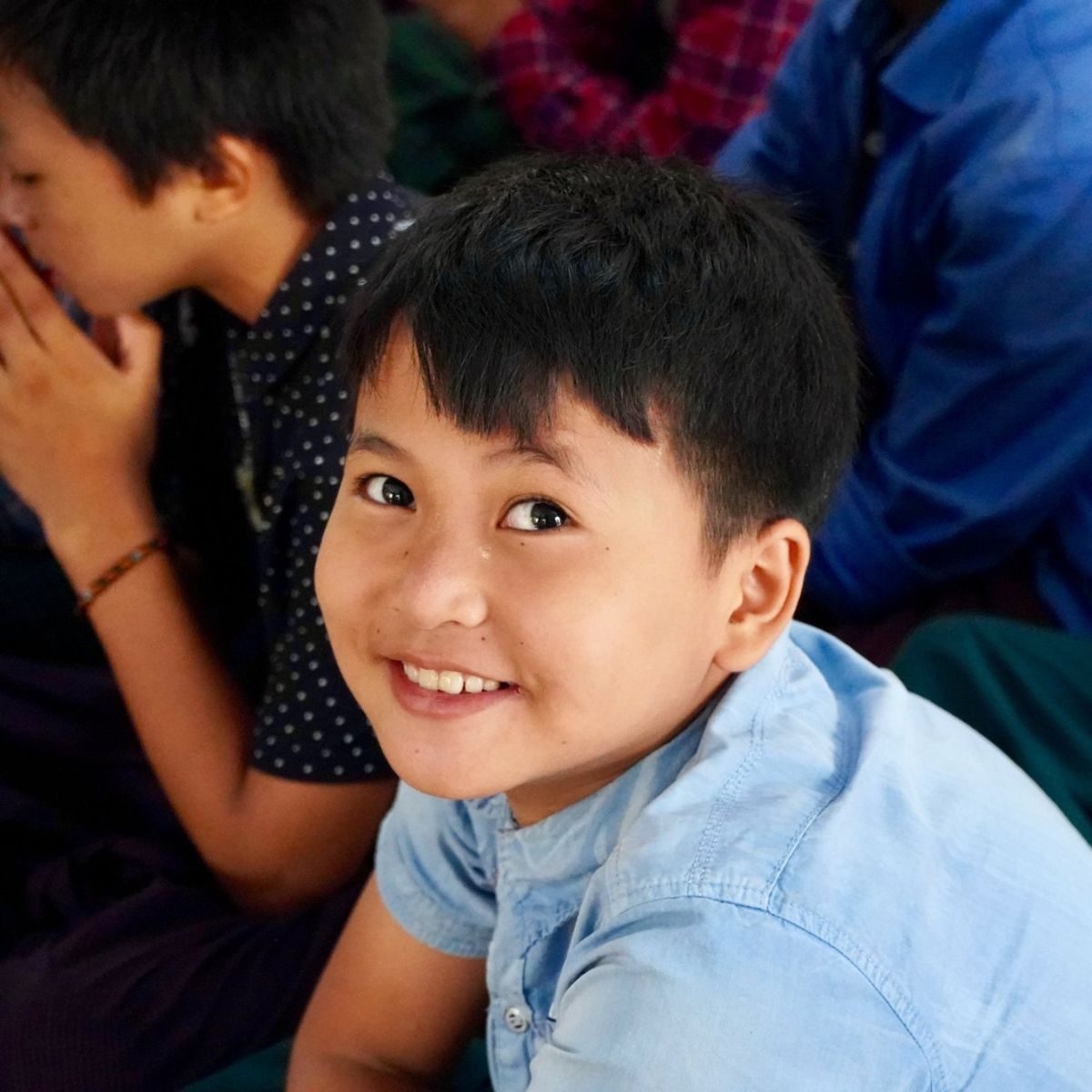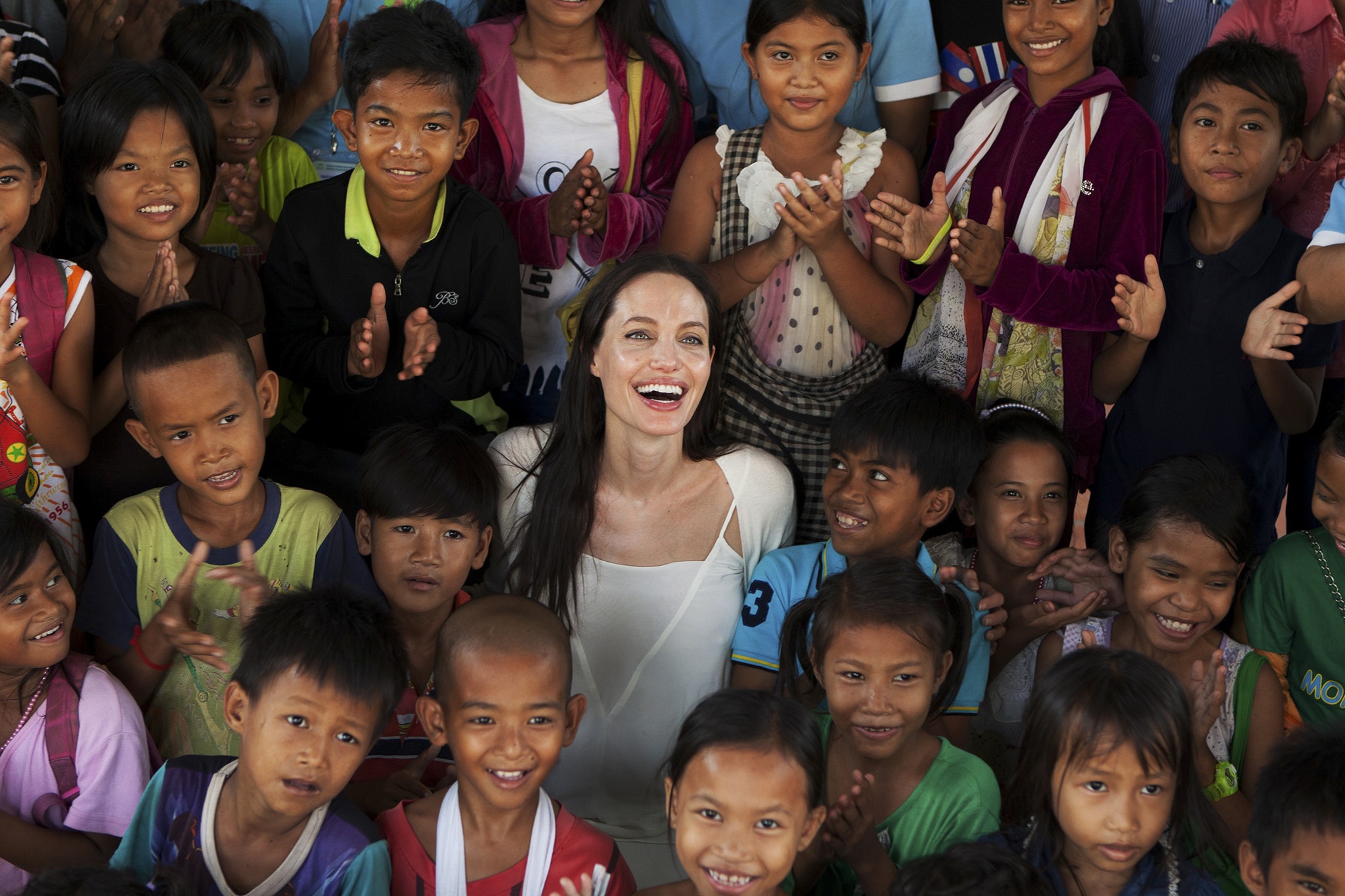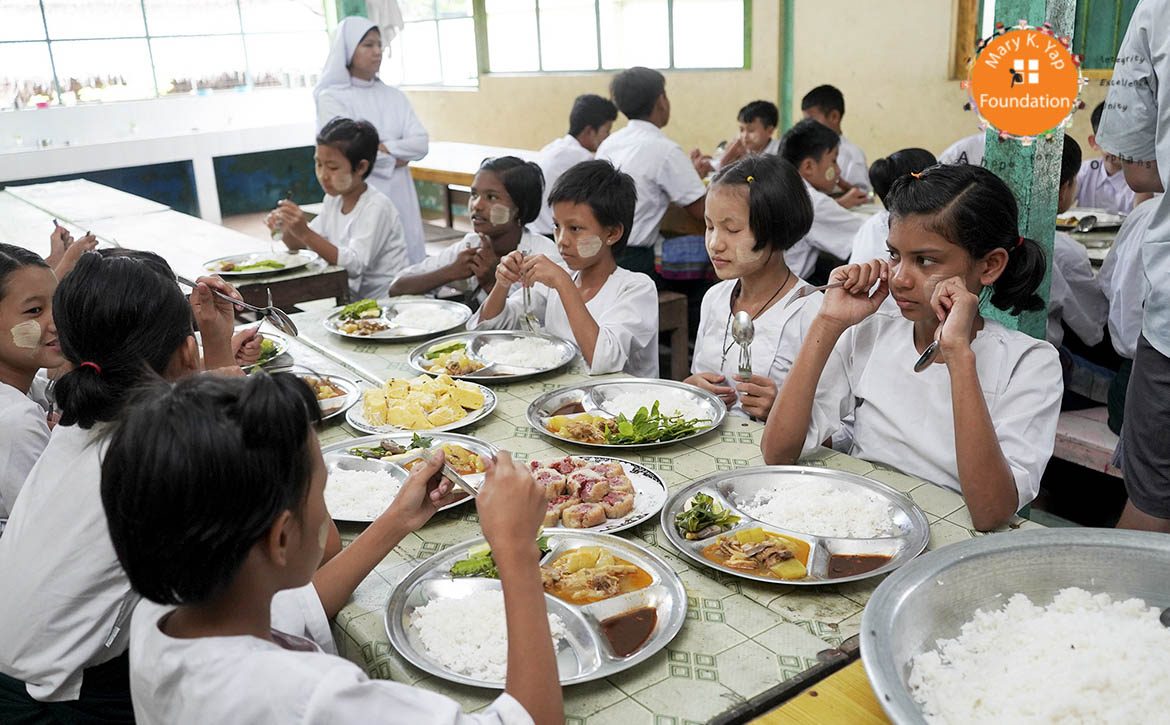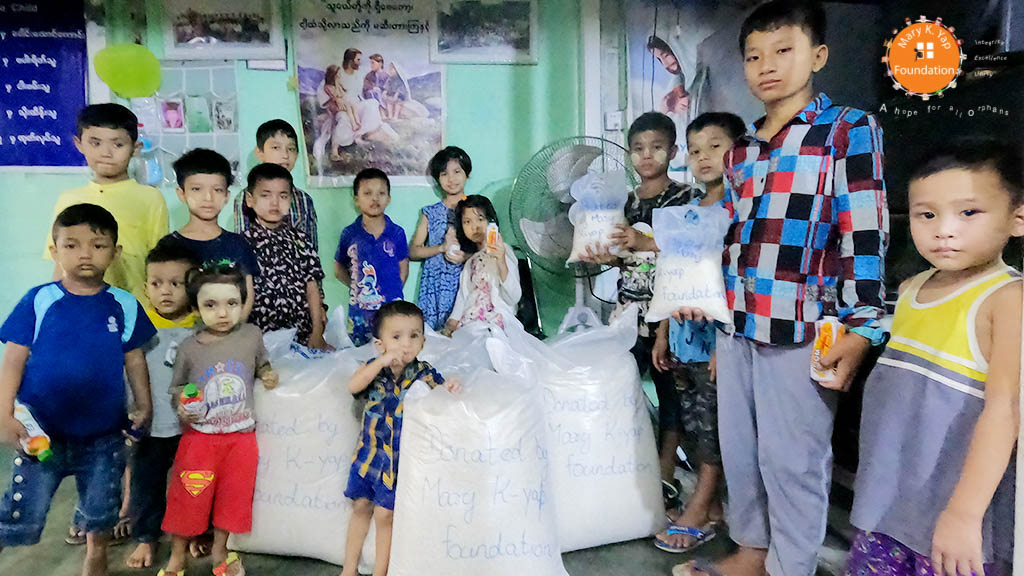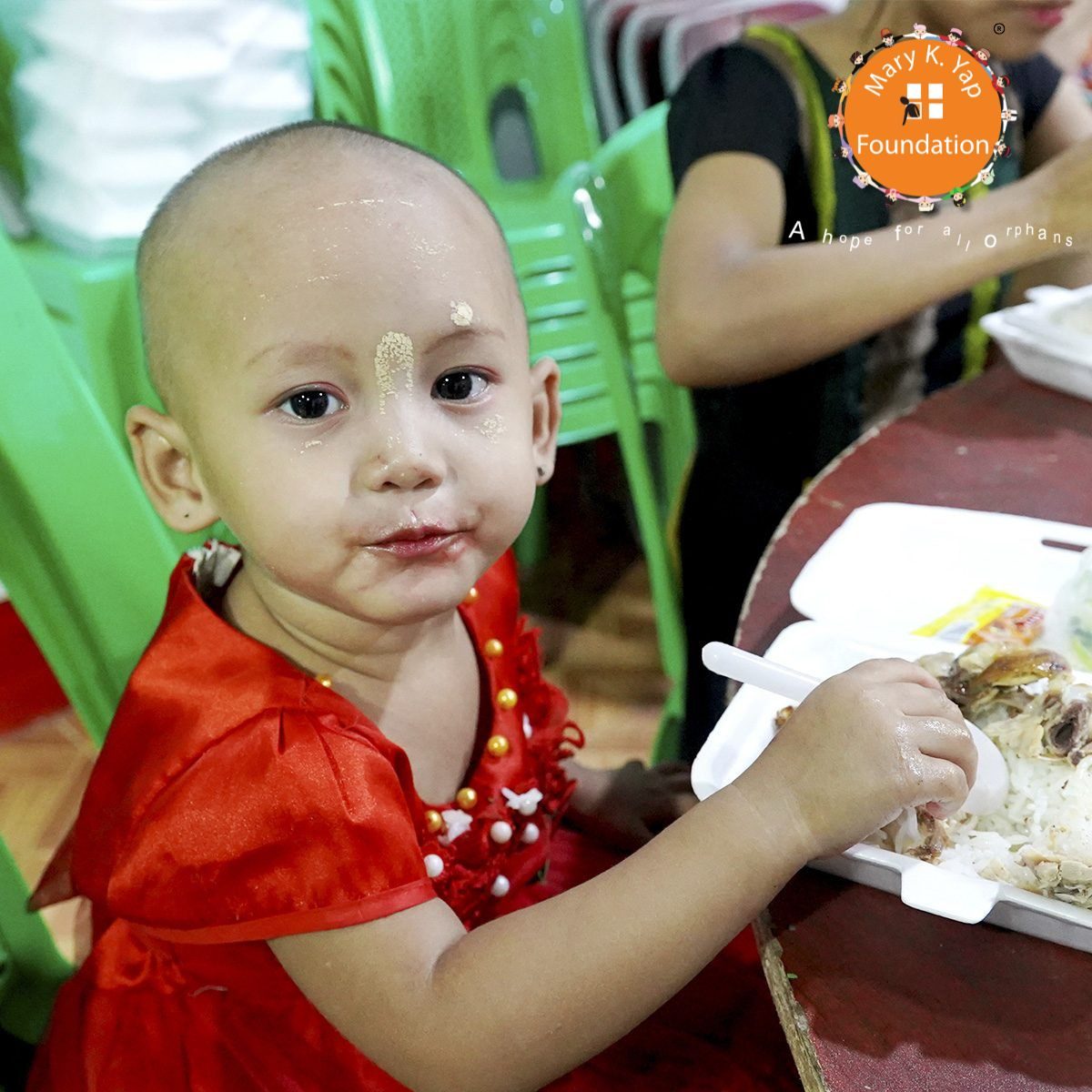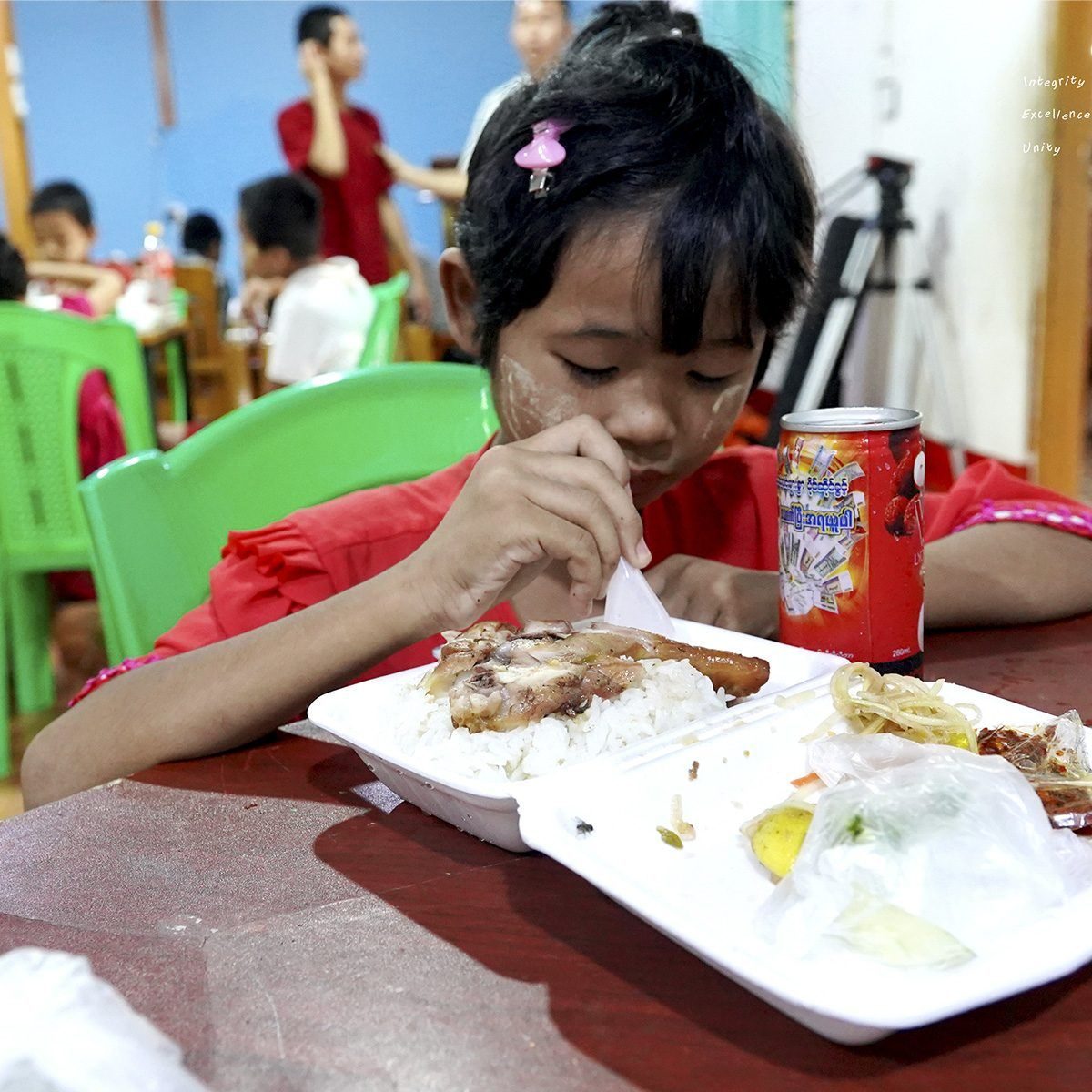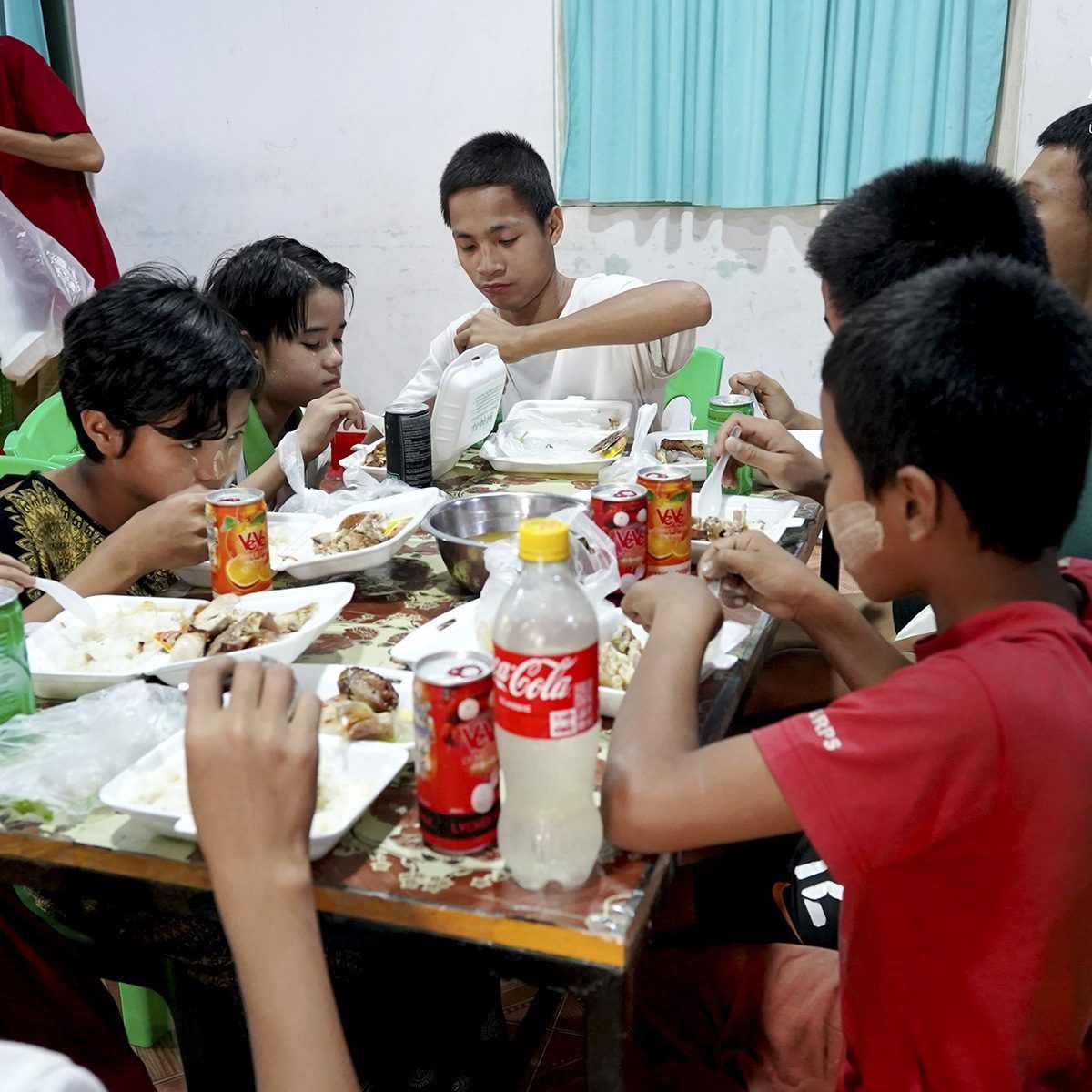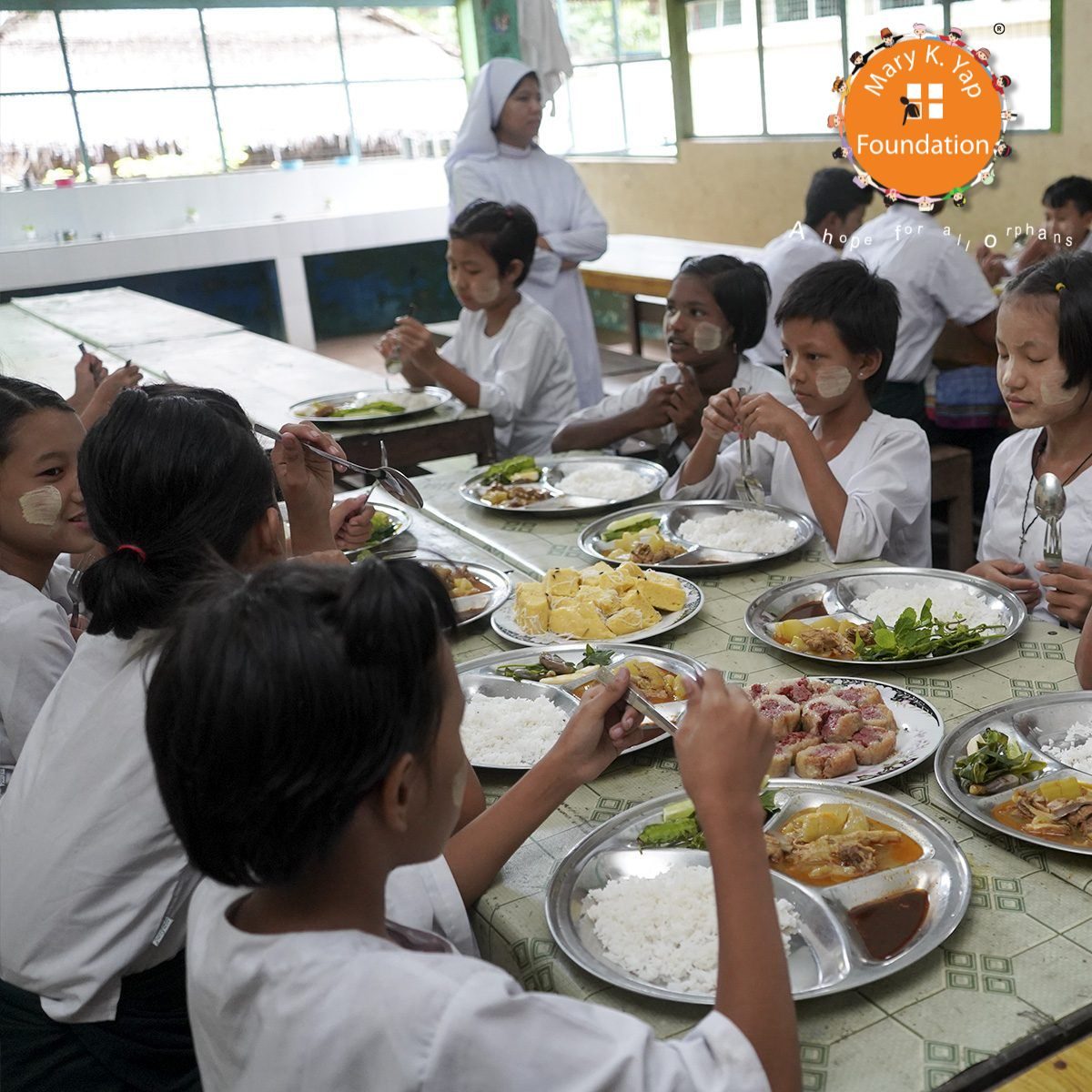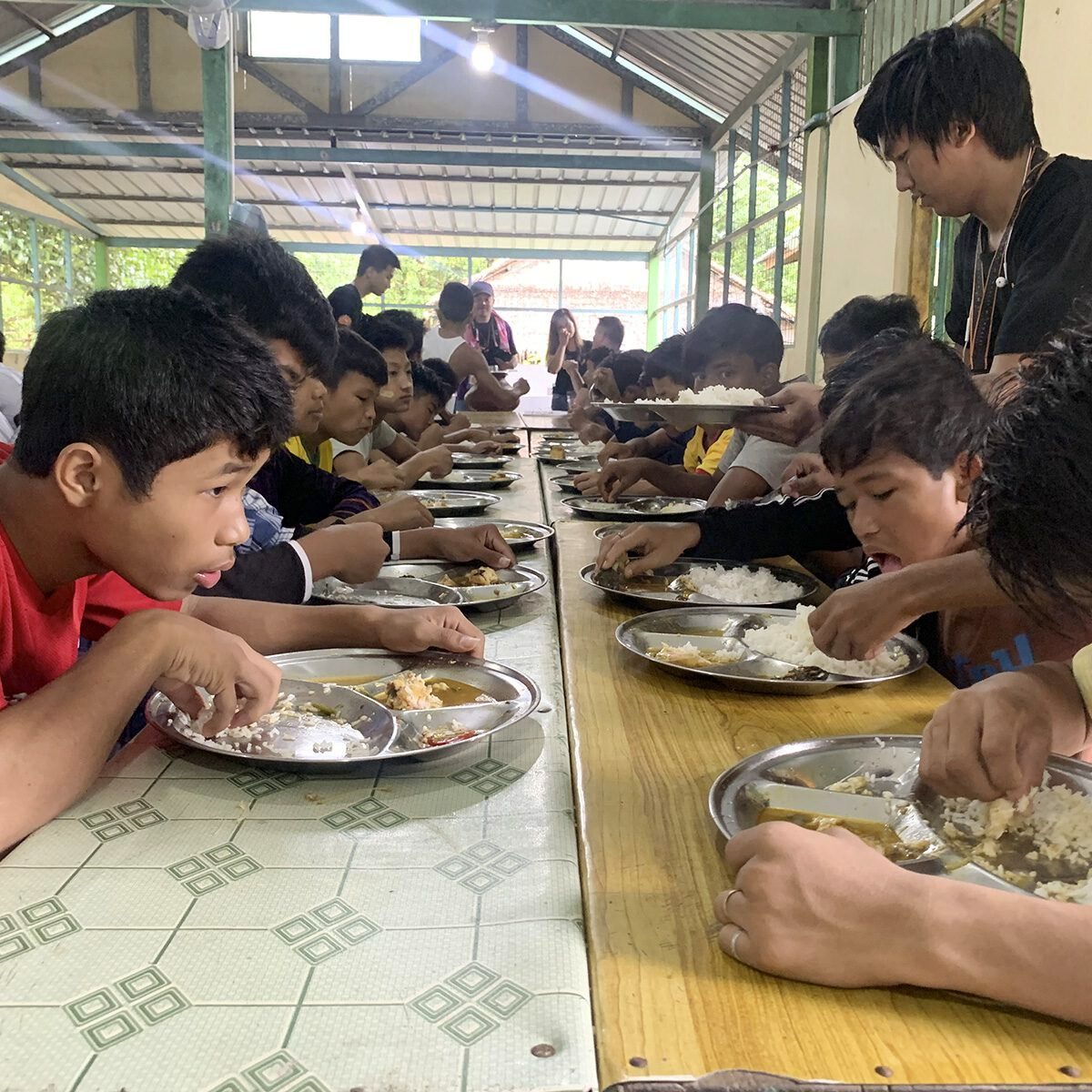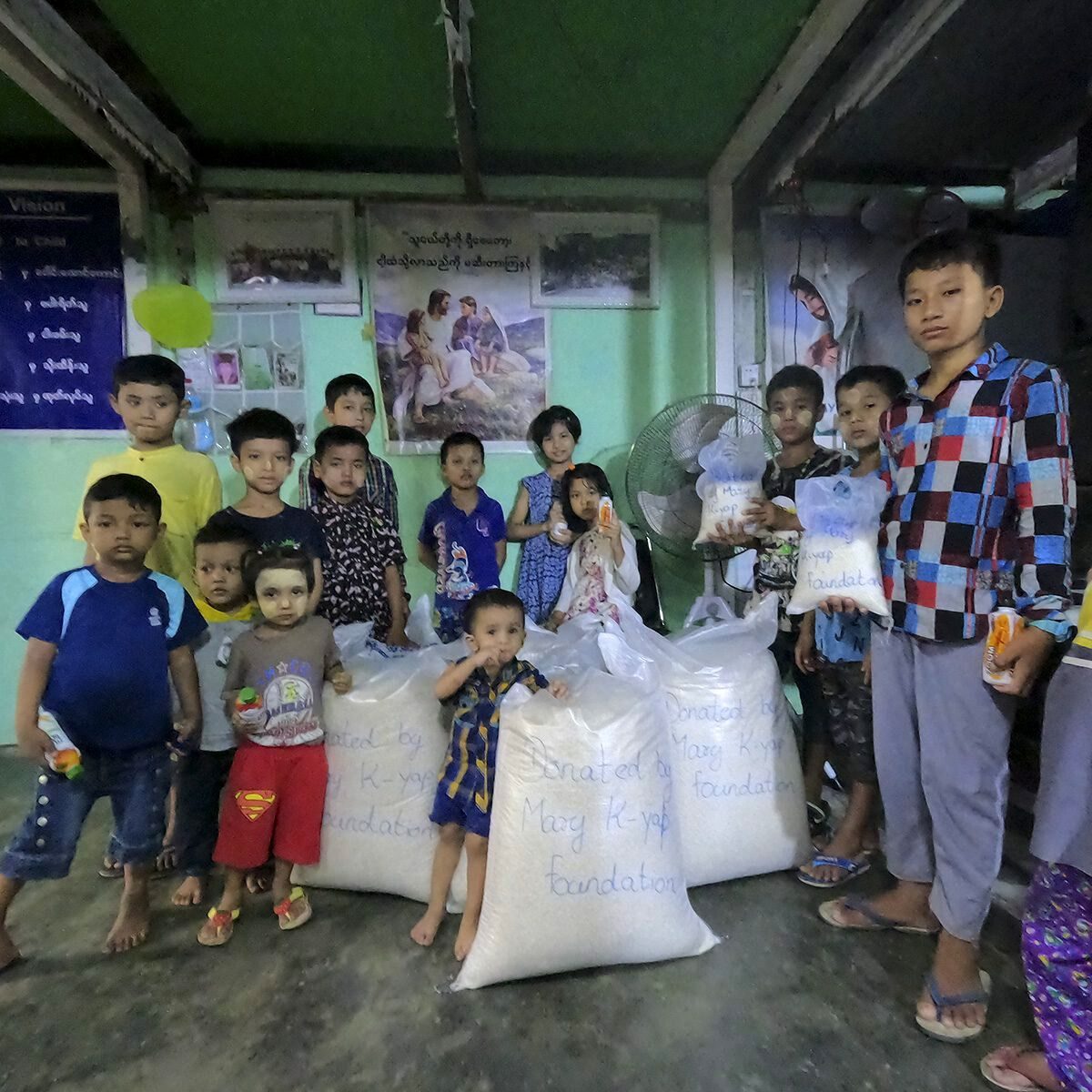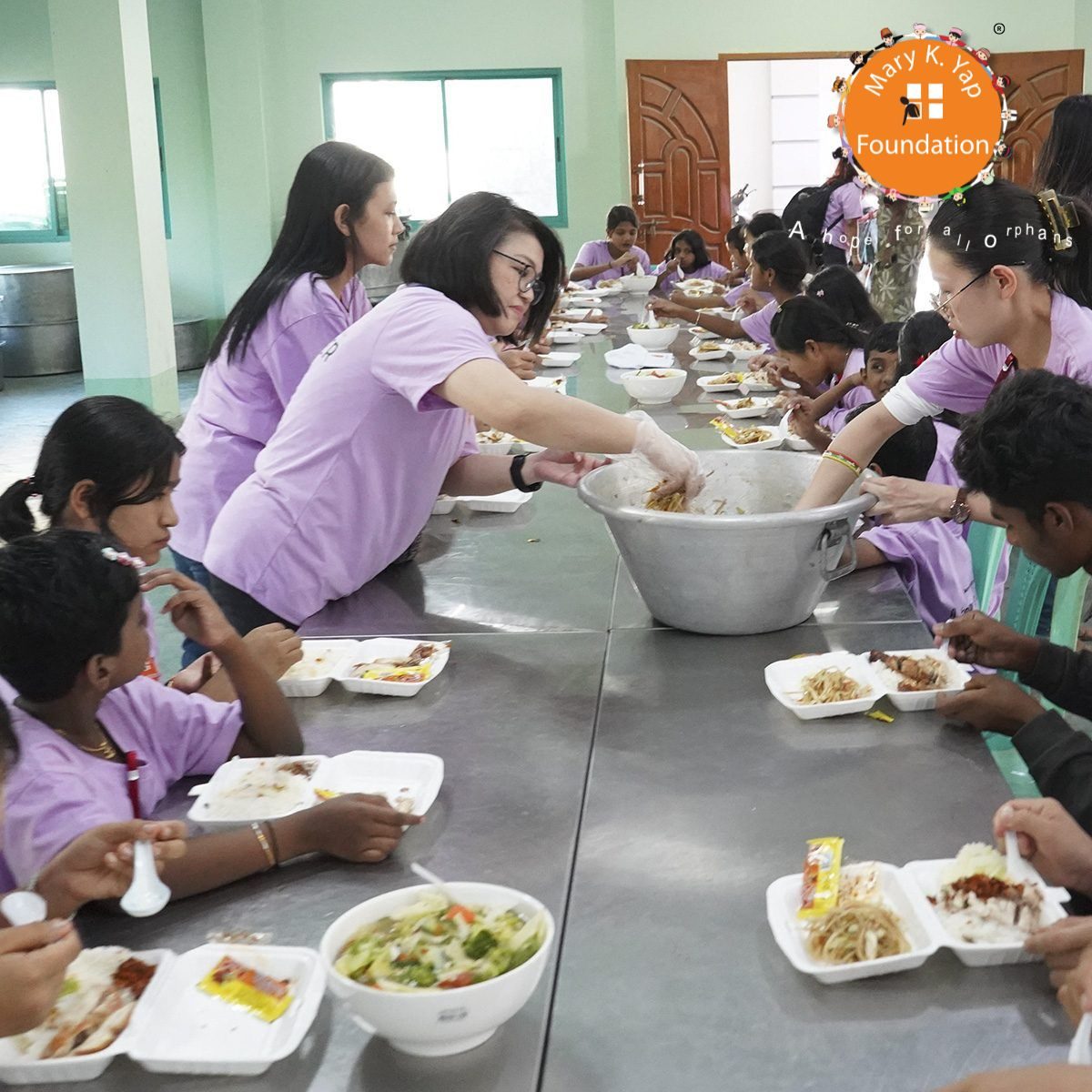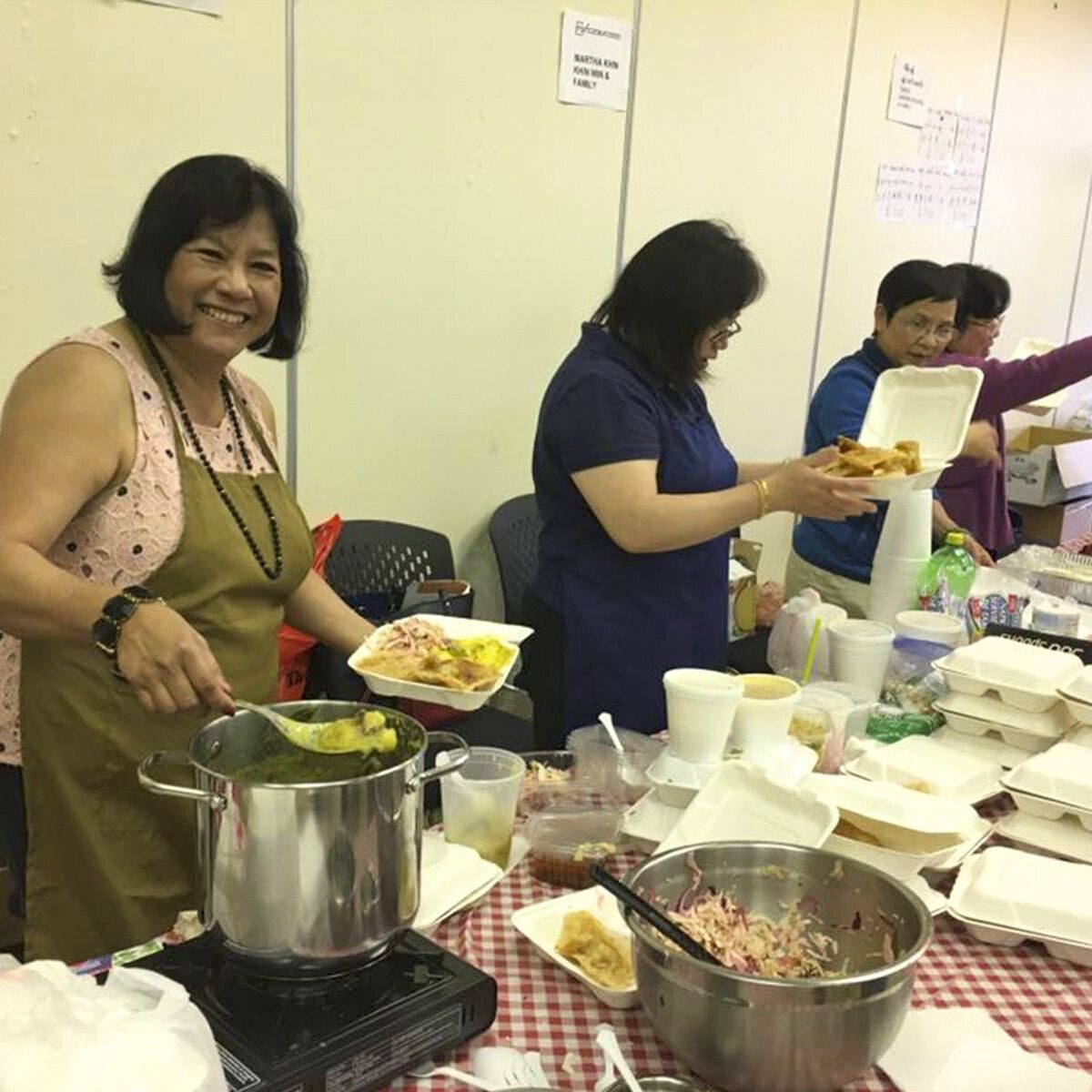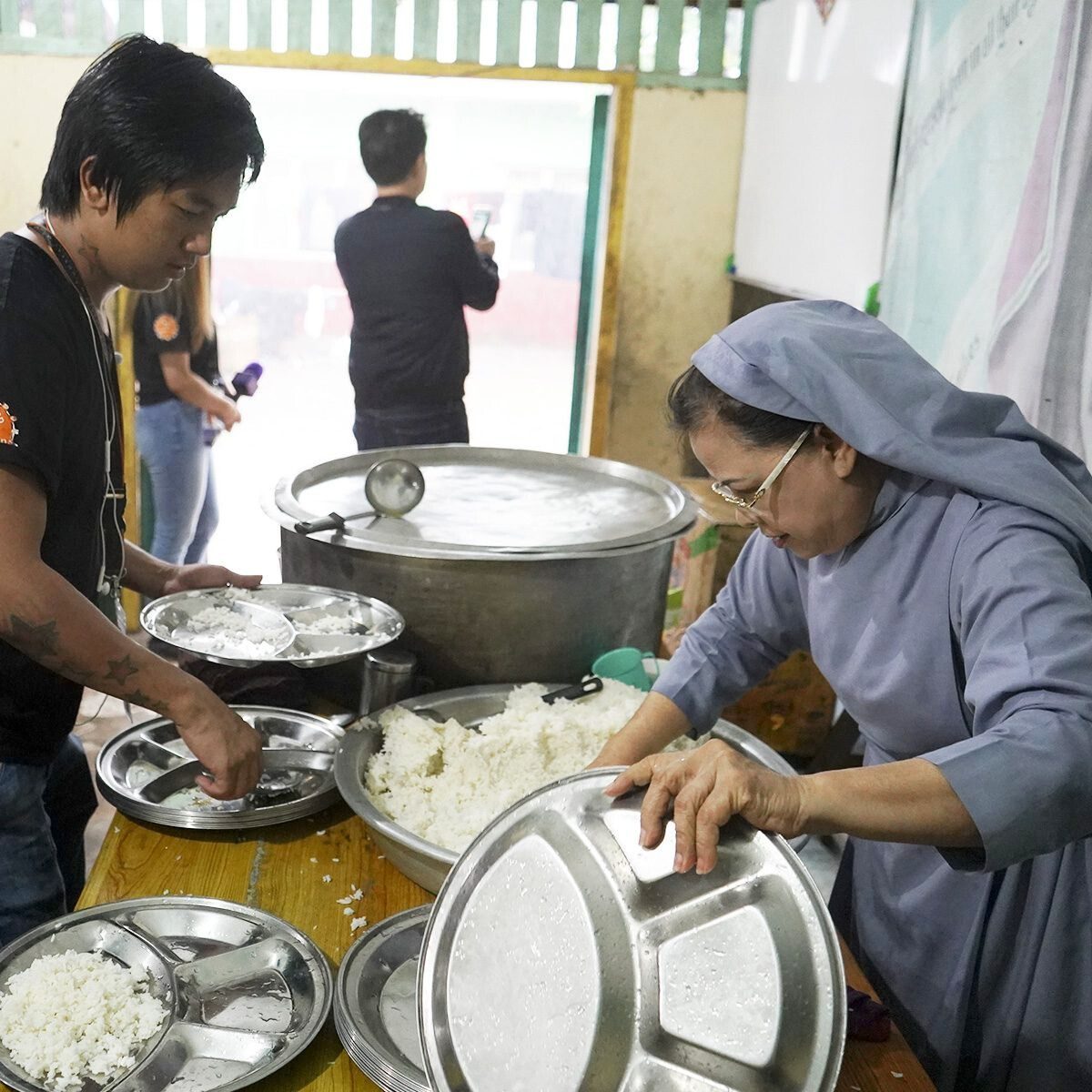Reflections of Sister Rose Mary
My name is Sister Rose Mary. I am now assigned to the St. Francis Xavier Convent in Myitkyina, Kachin, in northern Myanmar.
#I have been serving the ministry little over 40 years. I was previously assigned to the Myittamone Orphanage in Hwabi in 2015 when I received Mr. Peter K. Yap and his family at our orphanage home. I’ve known the Mary K. Yap Foundation for seven years now. They are like a family to us. The organization continuously visits and checks on us, especially our children.
As an orphanage organization under the Roman Catholic Church of the Myanmar Diocese, our vision is to bring out the best in our children so they can grow under God’s care and have the necessary skill sets to take on future responsibilities to become reliable adults. We see these orphans as someone who can turn their futures better. We believe that their past shouldn’t be something that can affect their future. They are just like other children who need someone to depend on and someone who believes in them.
We have been in contact with Mary K. Yap Foundation since 2015. We have done several impactful programs together. We are excited to see and develop joint programs with them whenever they visit our orphanage. We have also participated in the foundation’s “One Stuff Animal Project.” It is a yearly program that focuses on the social connection and development of the children.
The tender love and Care project and their annual foundation Christmas celebration are held yearly. Together with the volunteers, the program aims to allow some time for the orphans to enjoy and celebrate the Christmas season. The foundation organizes and prepares some entertainment, games, and food to share with. I love how happy the orphans were. The smiles on their faces are worth every moment. I know they feel loved and content in these times.
A
As a lead sister of the orphanage, these orphans are very close to my heart. I feel them every time. I also believe in them. I know they are worth more than their sad history. I know they can be successful one day because, just like the others, they are smart kids that’s why I am one of those people who believe in and support them all the way. I think these children should feel the love and care of someone who truly appreciates them. They are our future; they are worth more.
Mary K. Yap Foundation is truly a blessing for every orphan. I want supporters and donors to know how much the organization appreciates the orphan community. They have a huge heart for these children. The company cares for the orphans like a family. I am one of the biggest foundation’s supporters. I am looking forward to every opportunity for their projects. I hope they can organize more events that the orphans will truly enjoy.
With God’s Love
Sister Rosemary”
Direct Translation by MF Staff, Shelly
